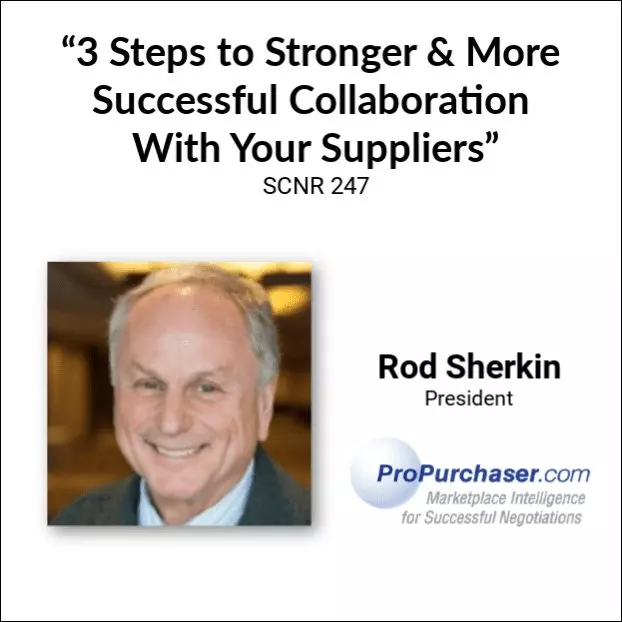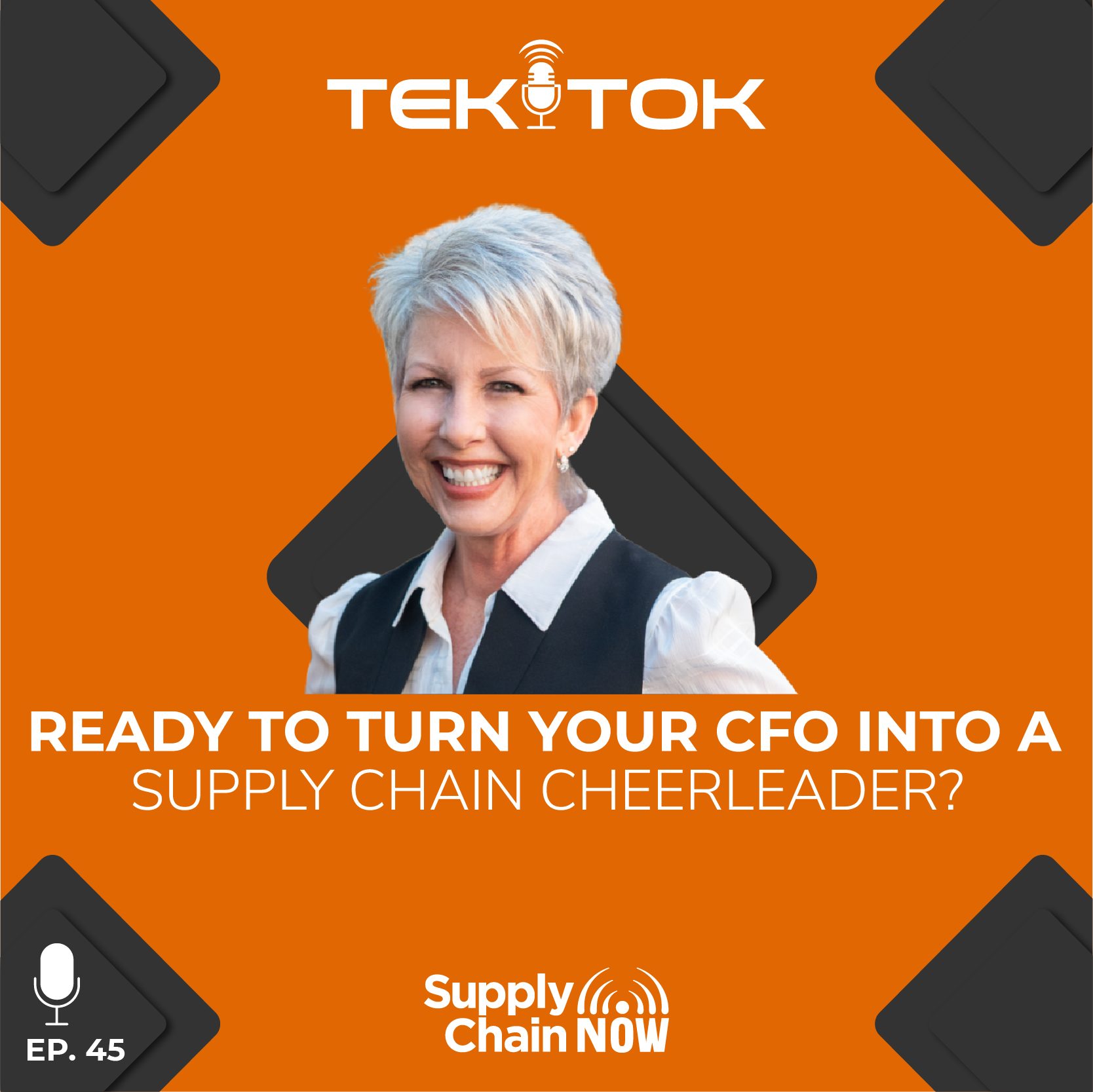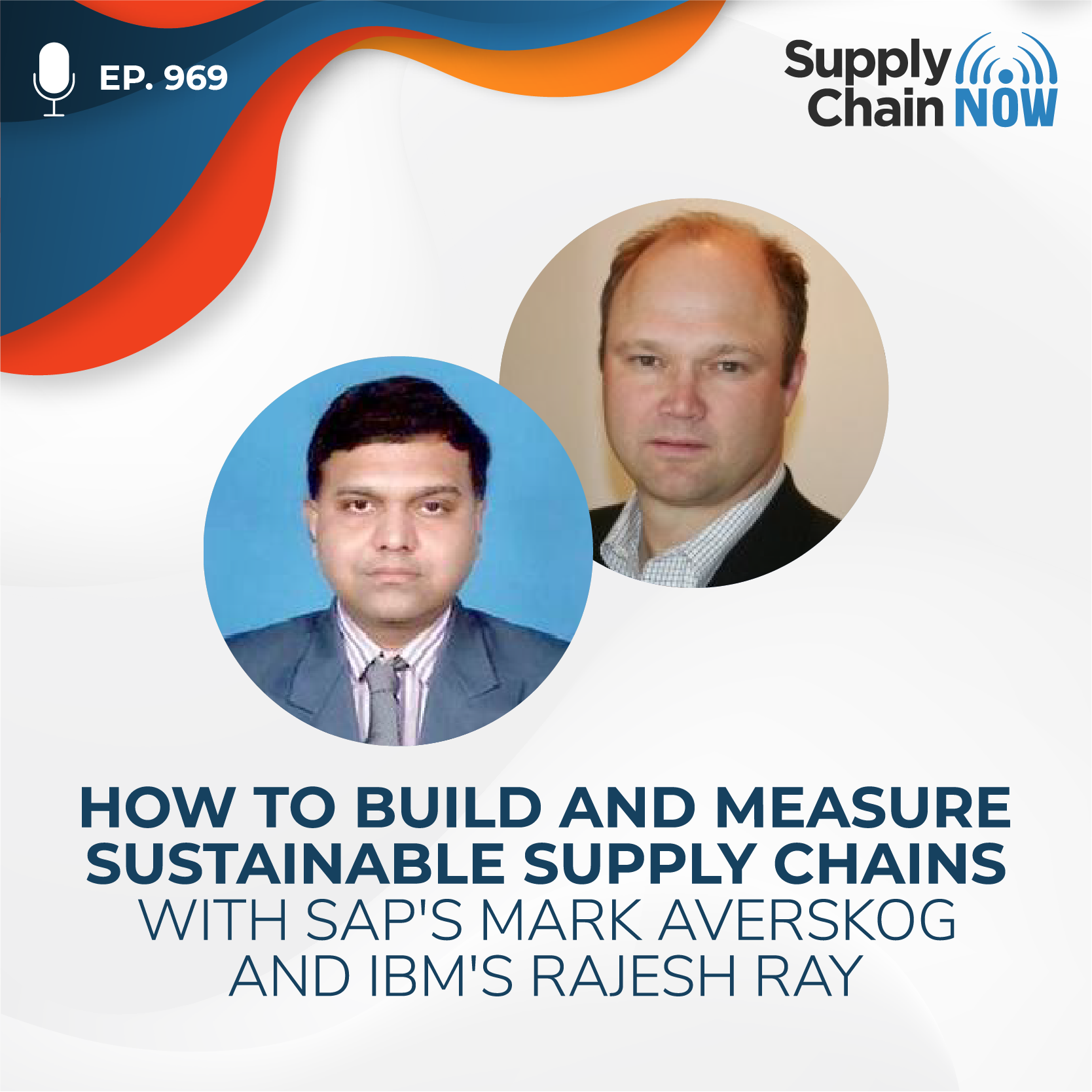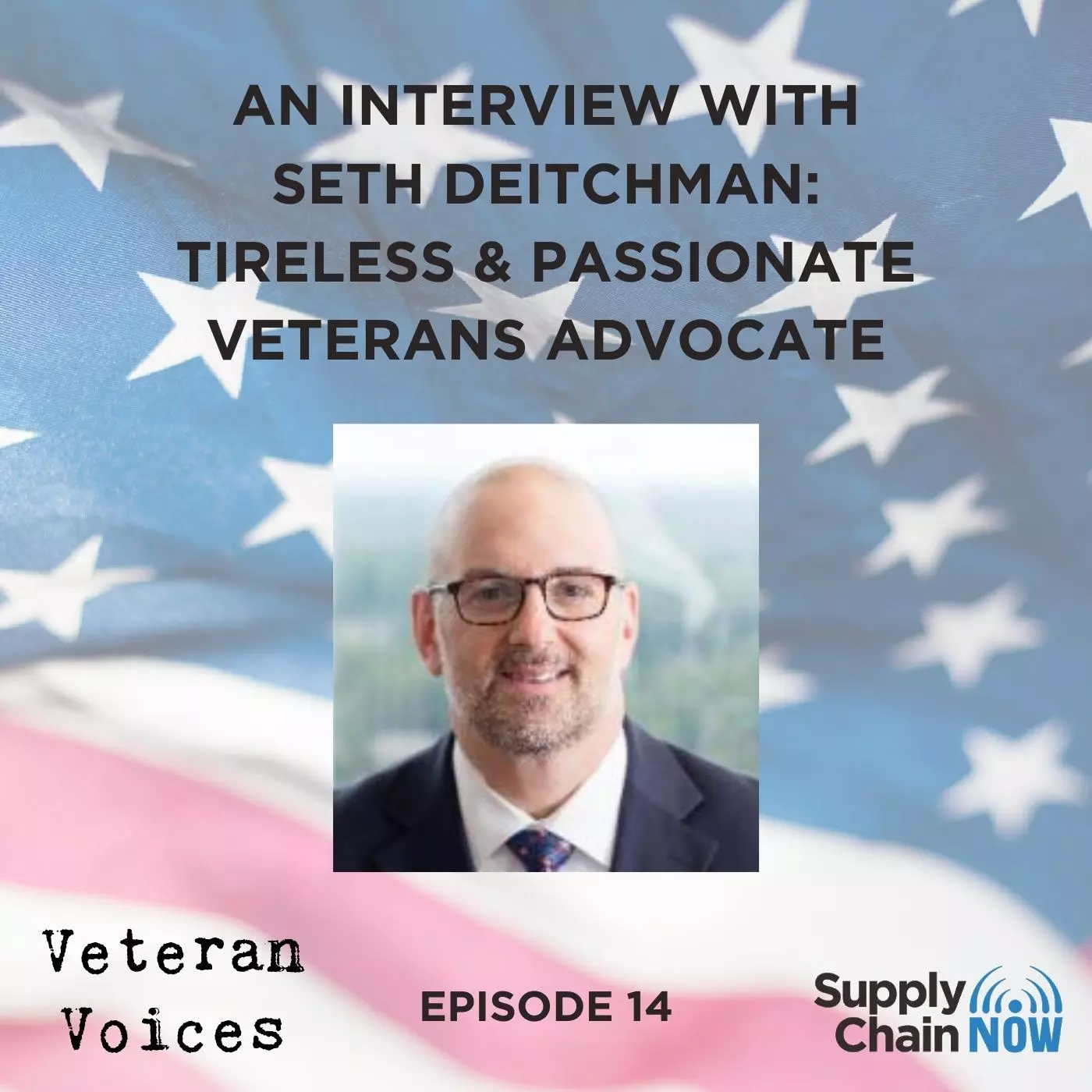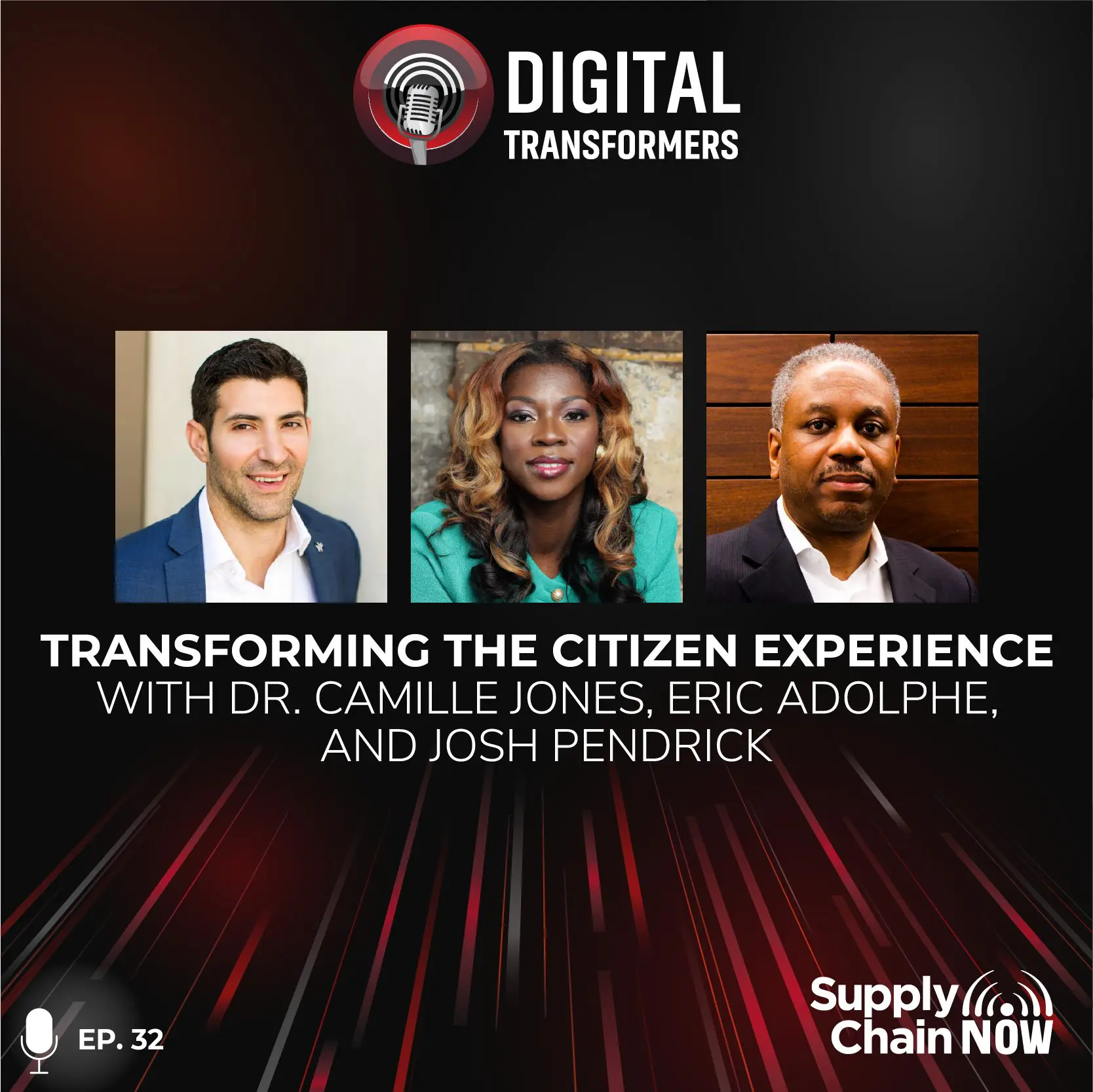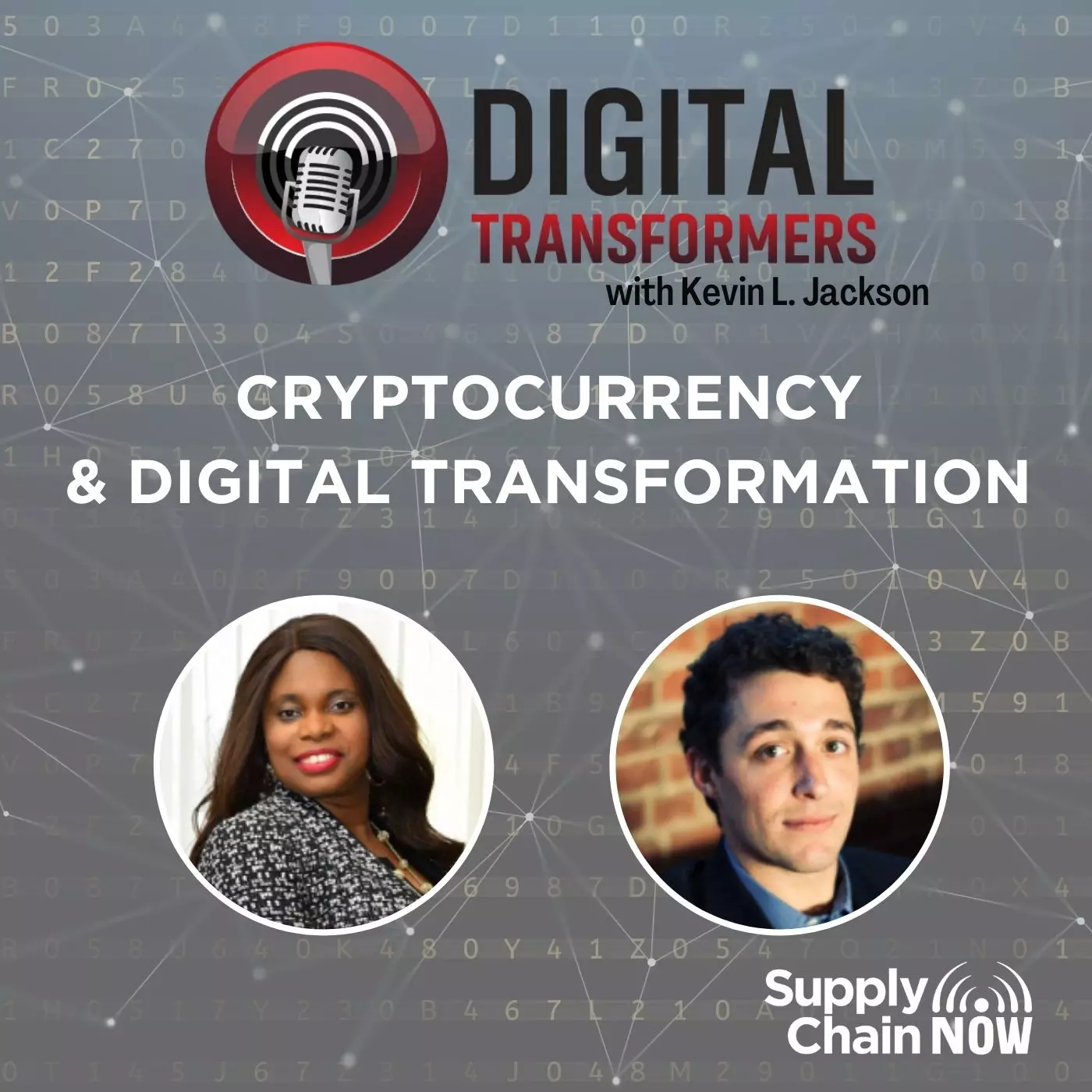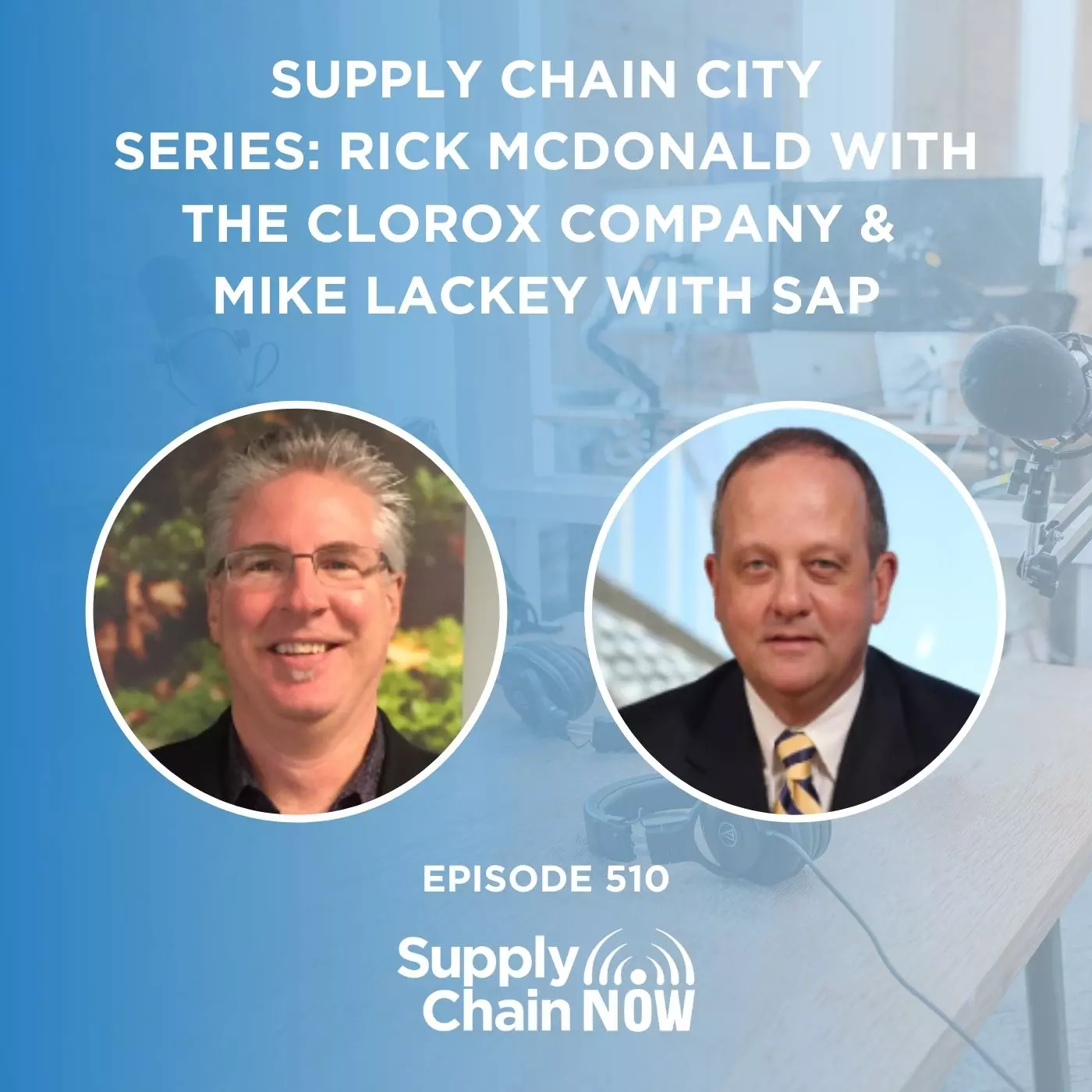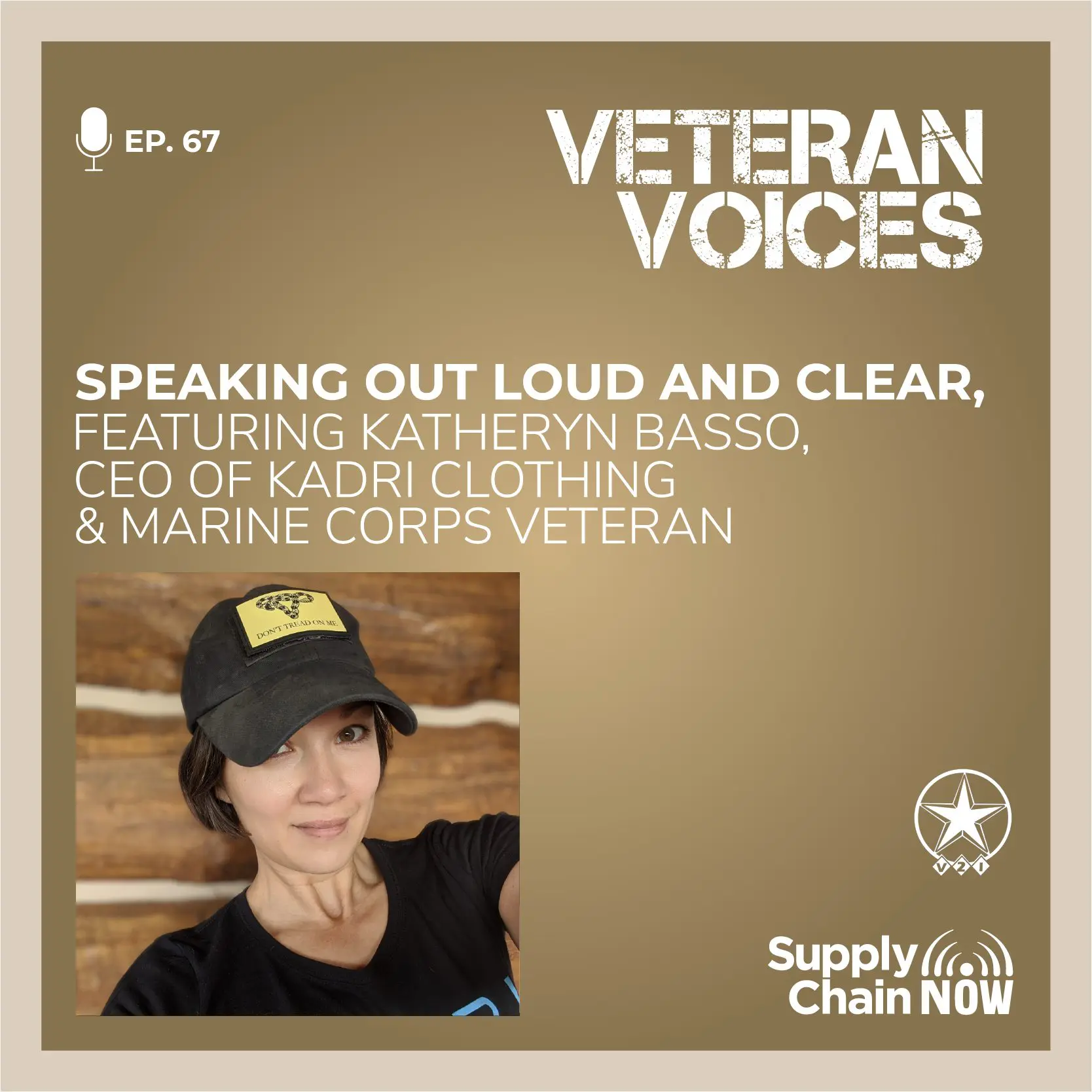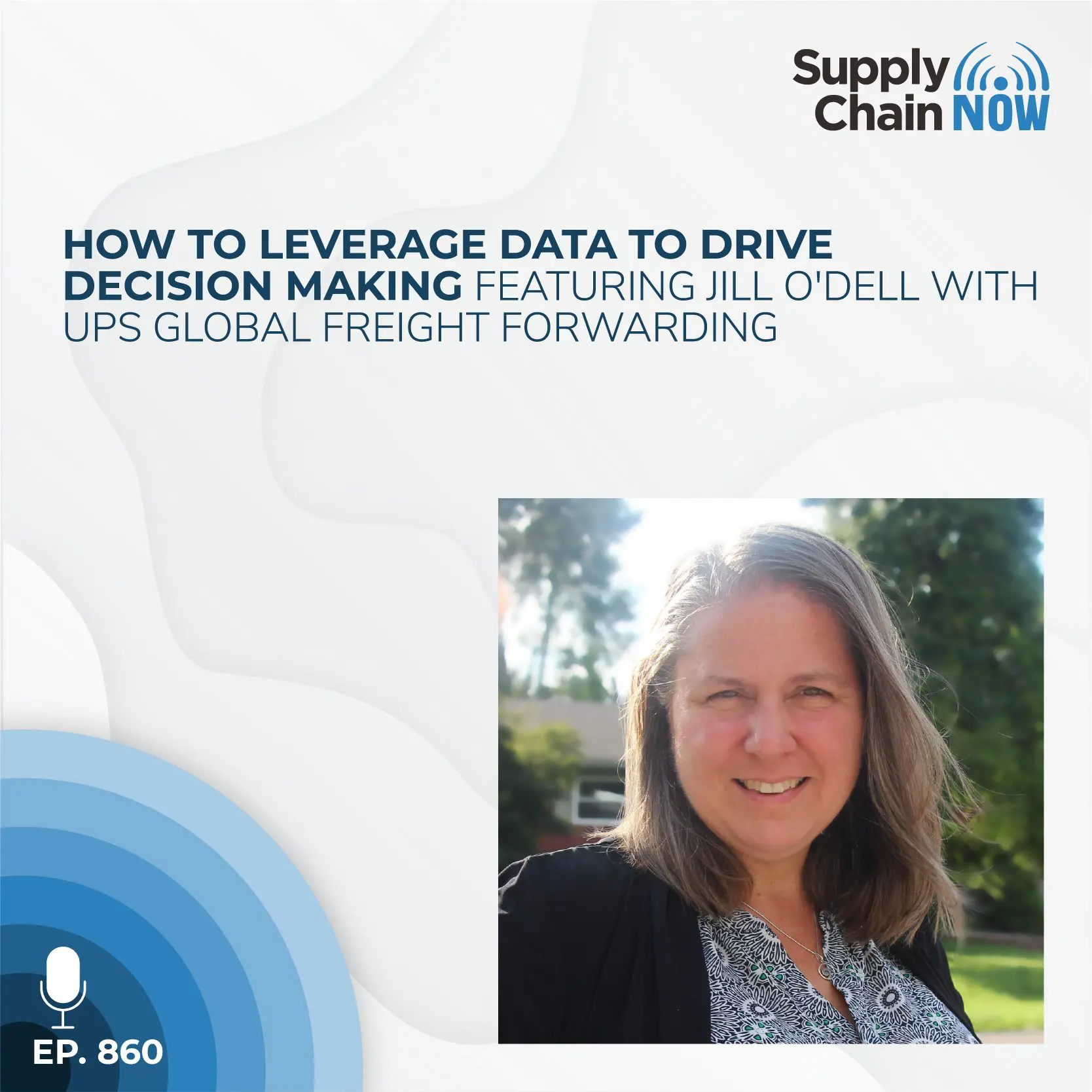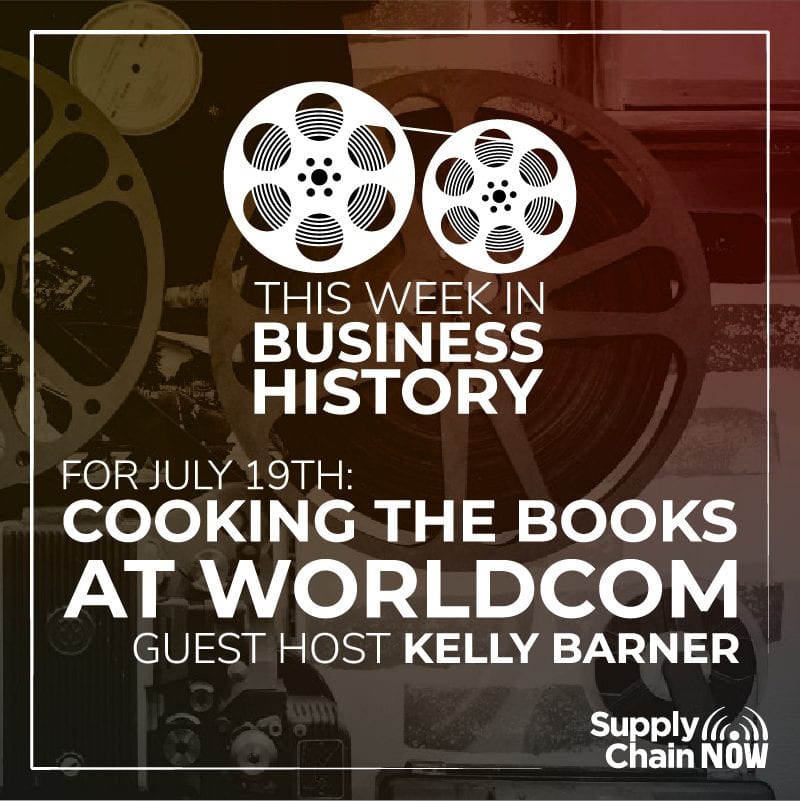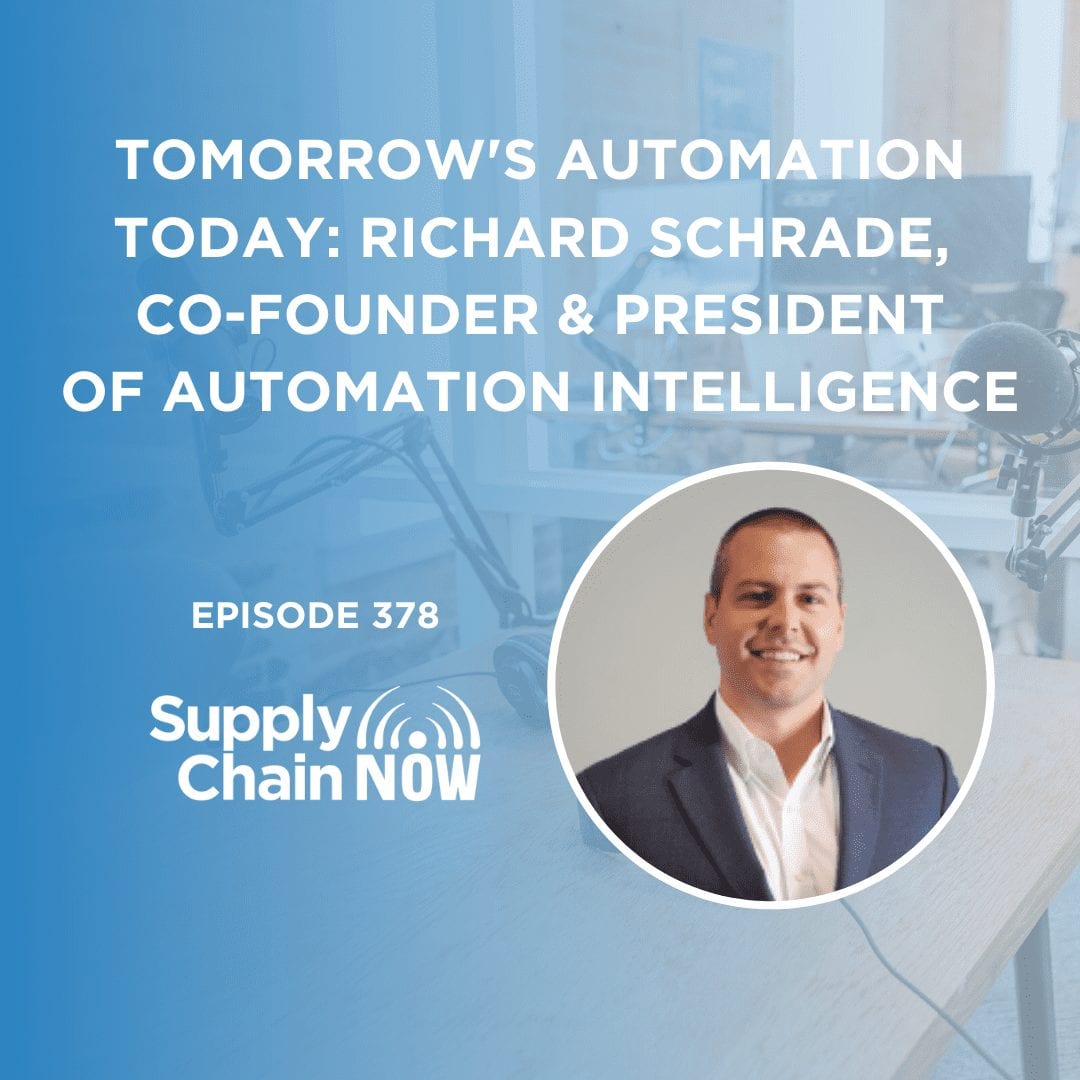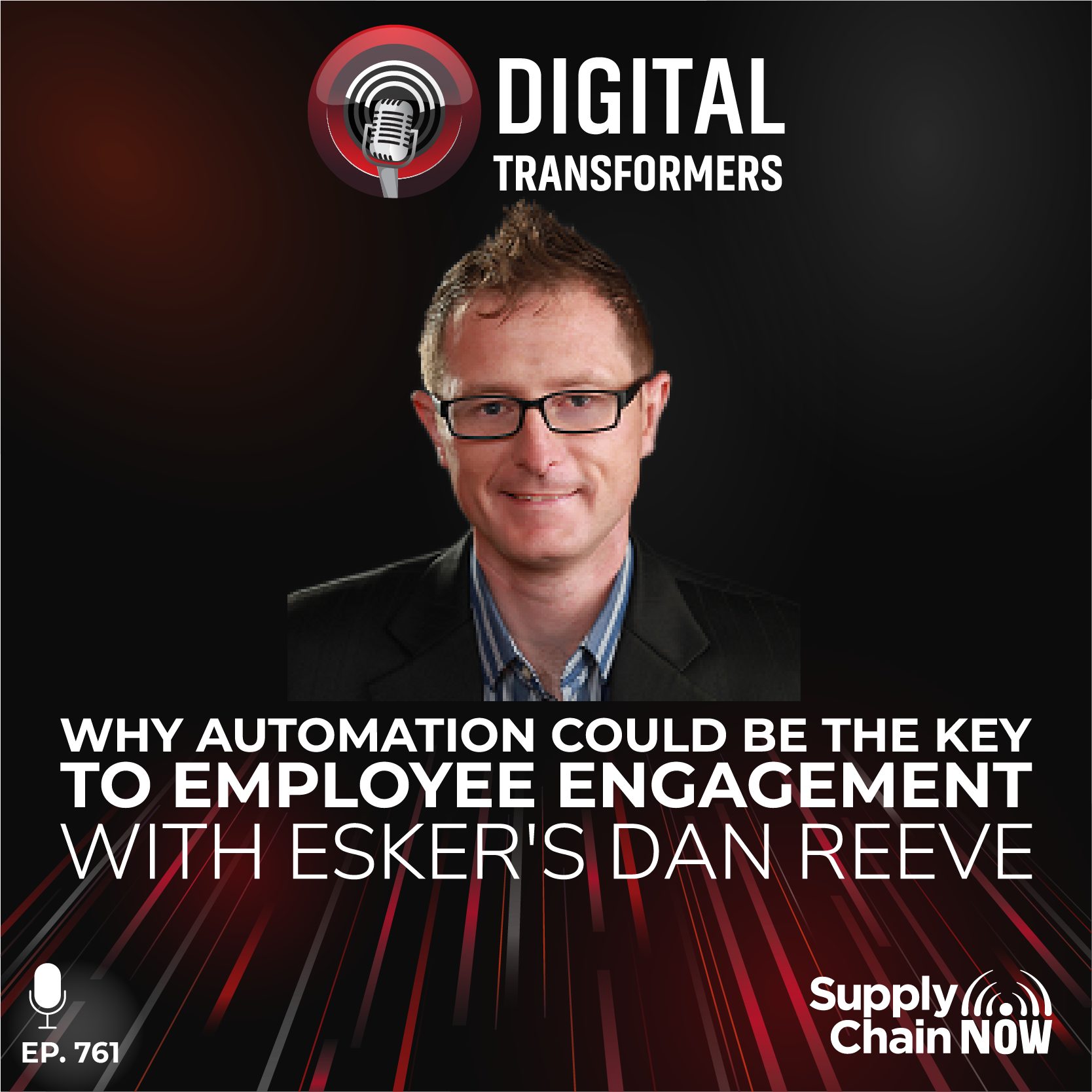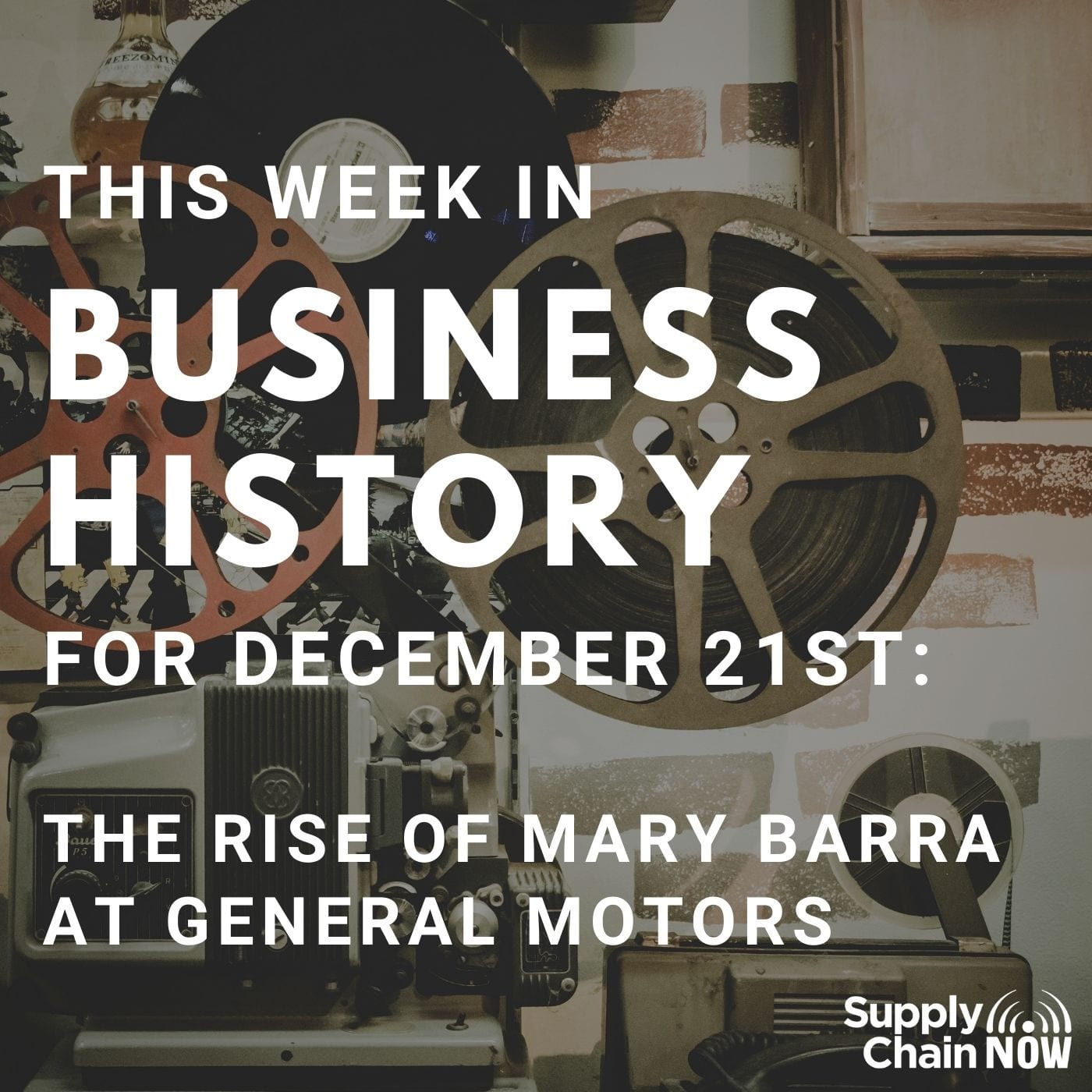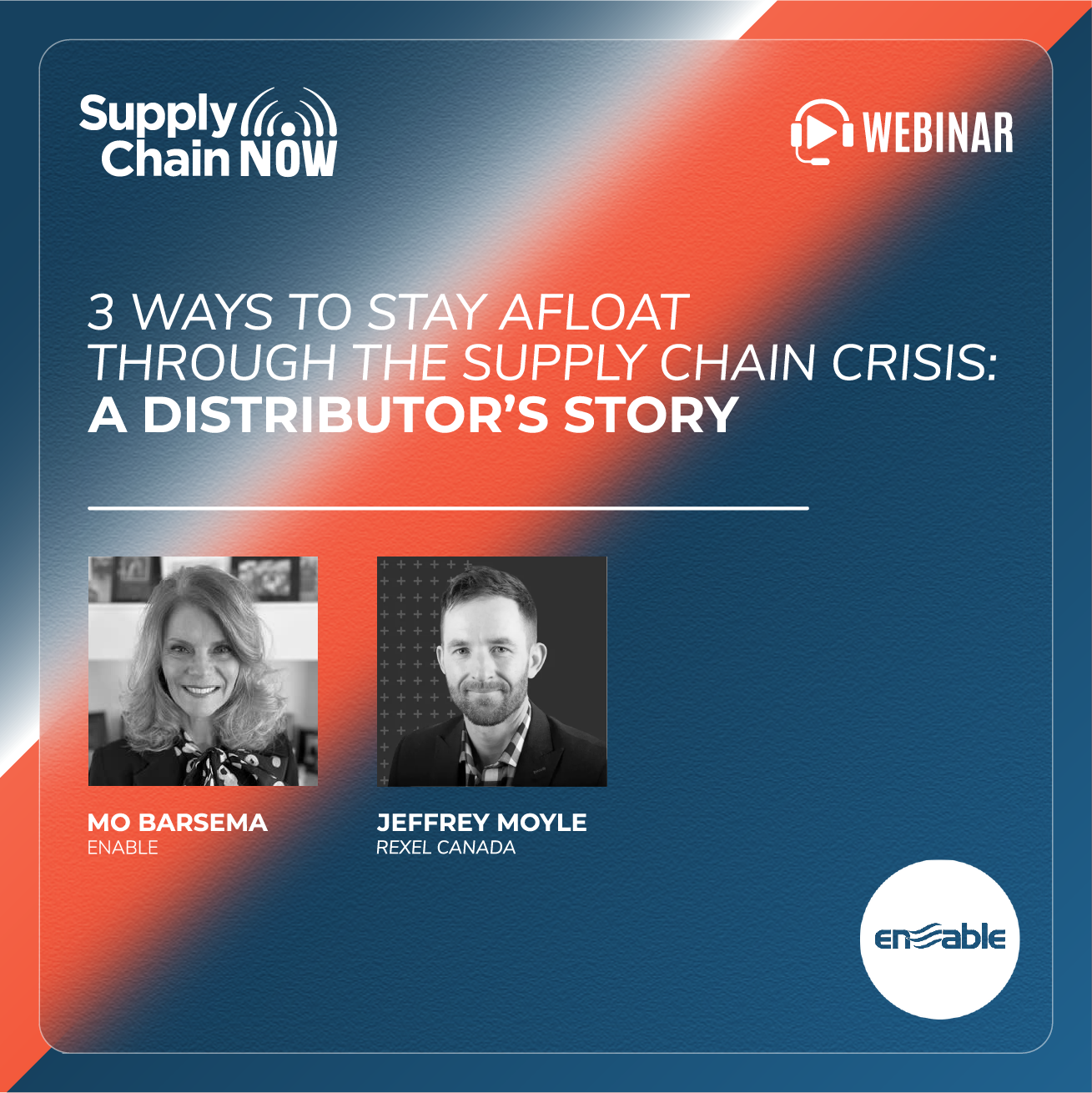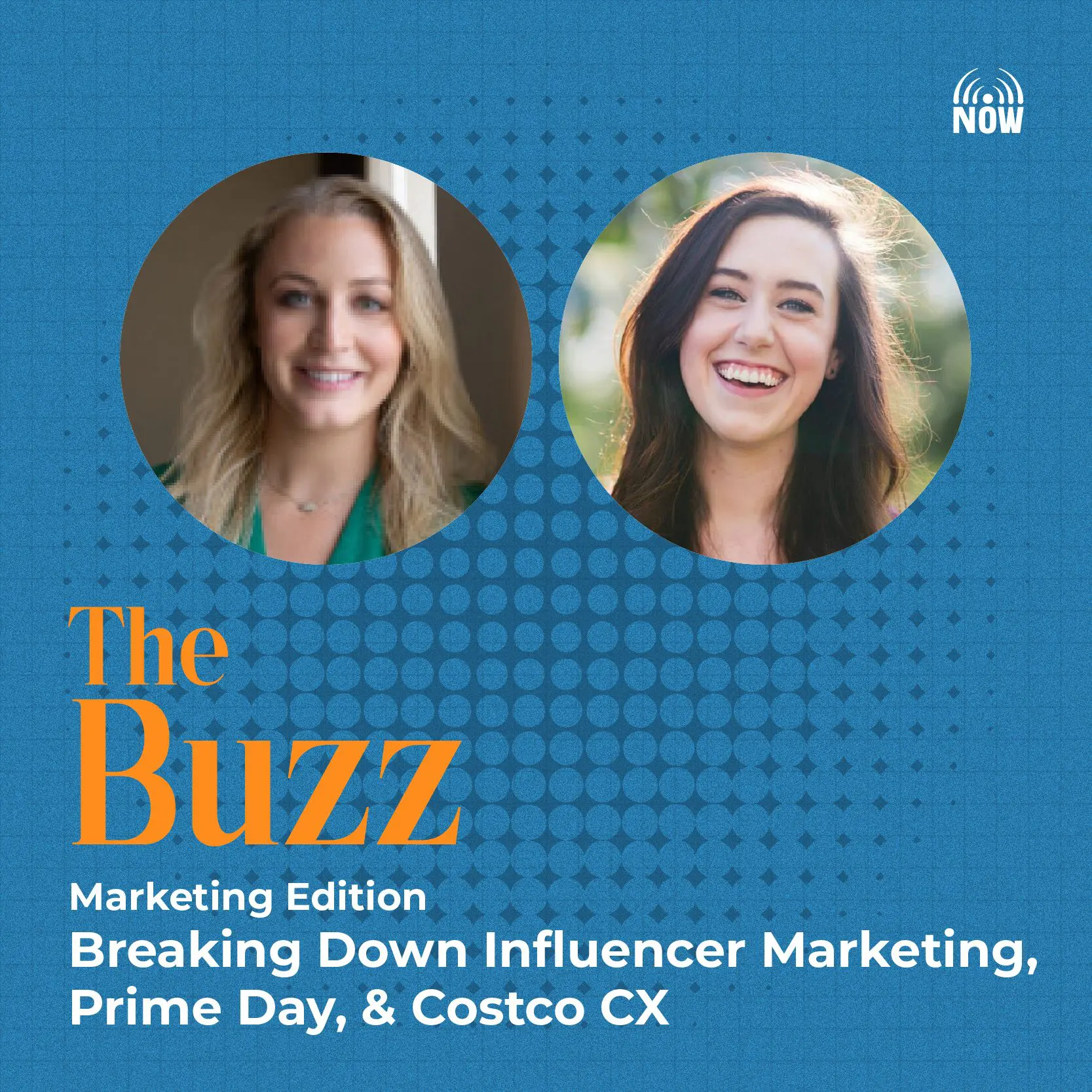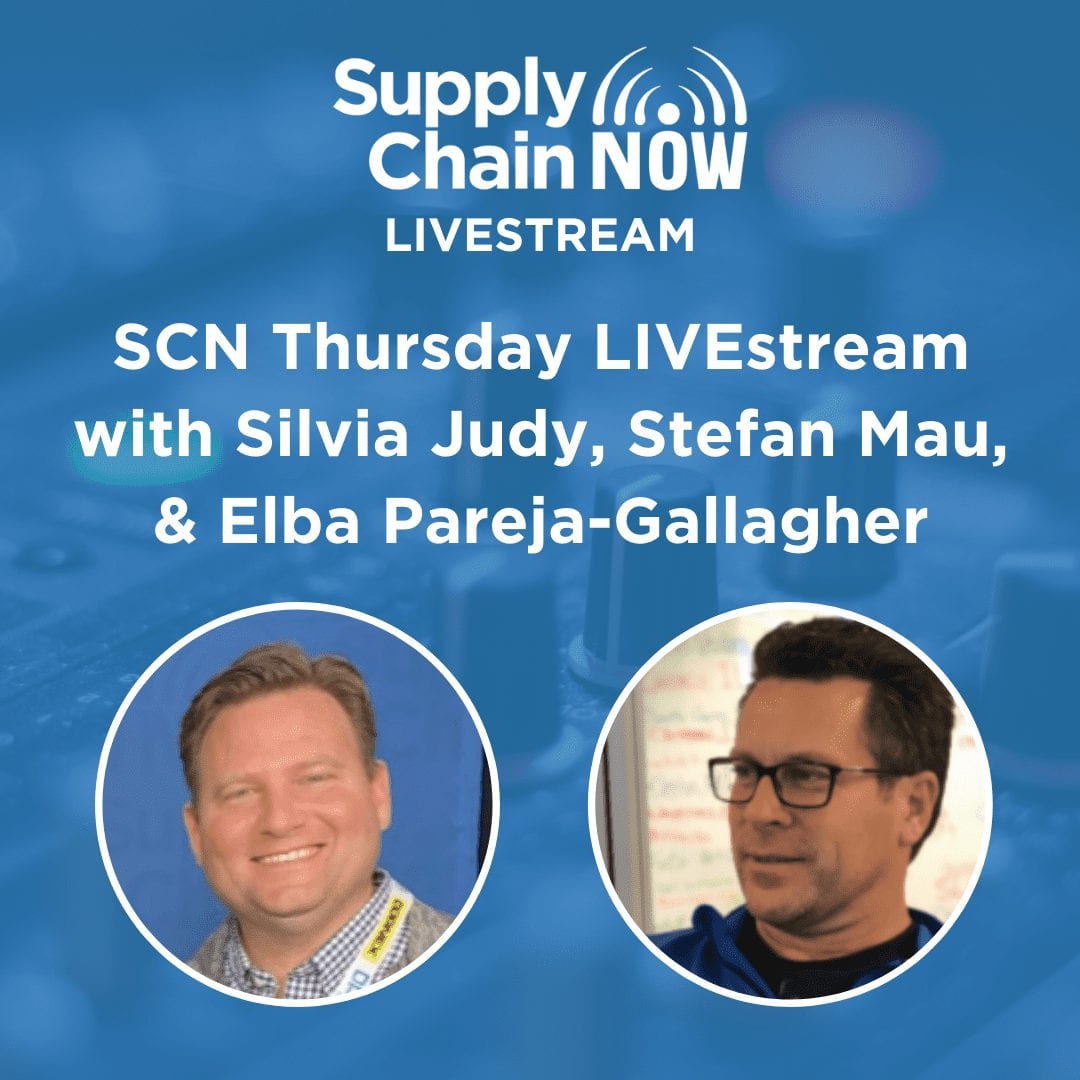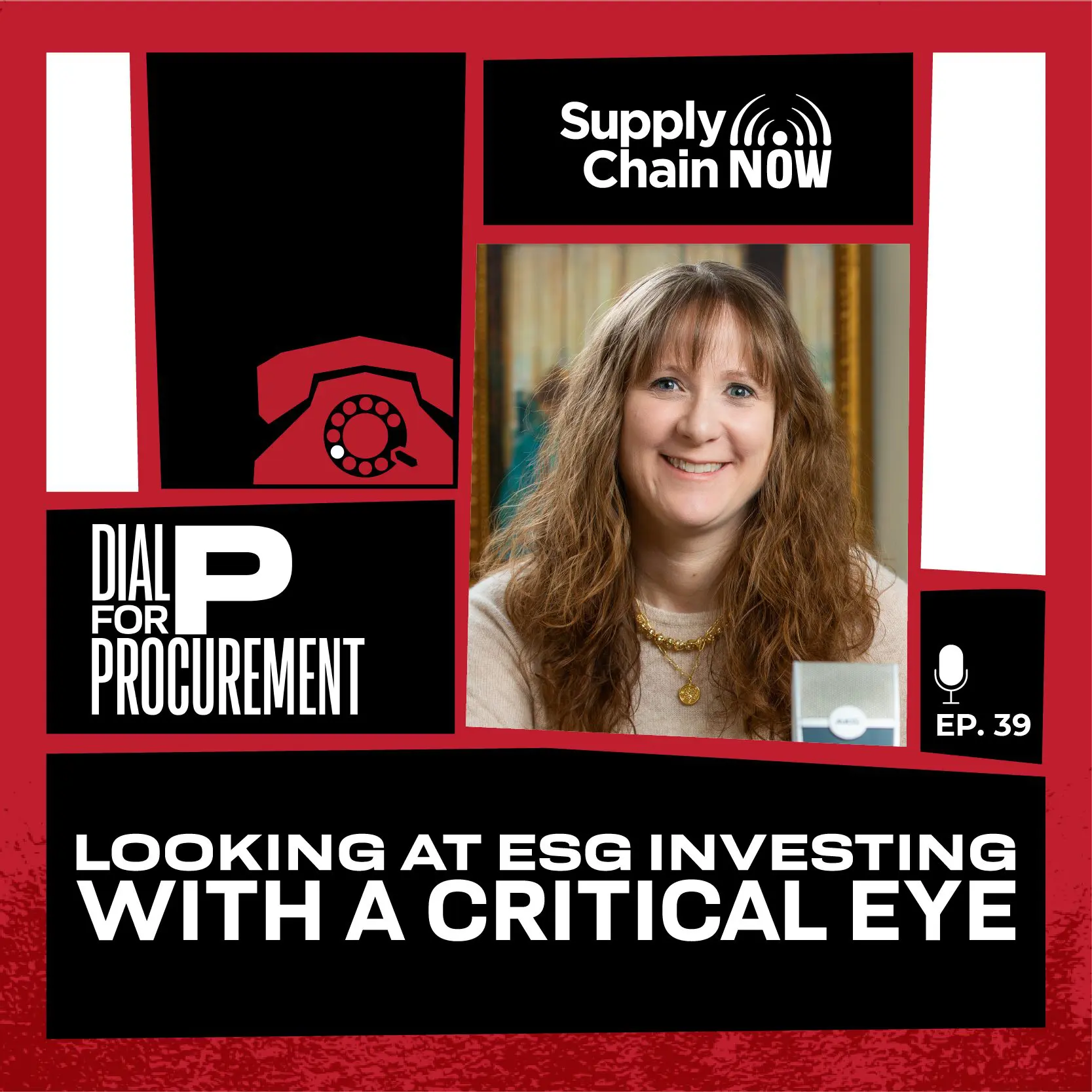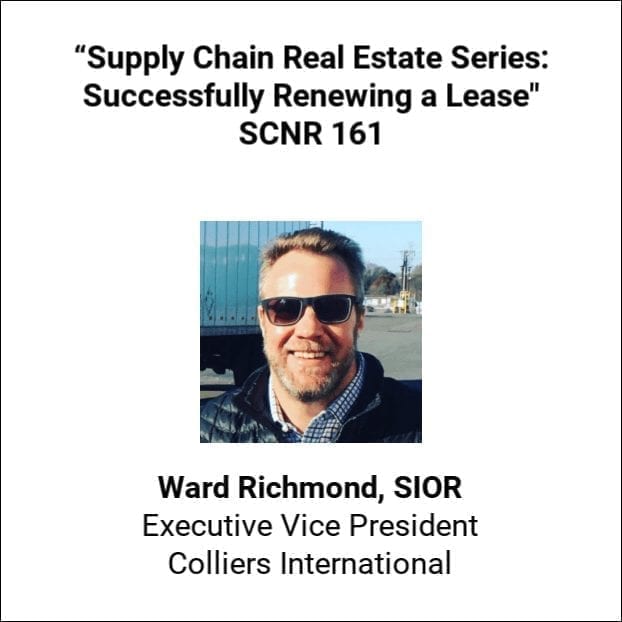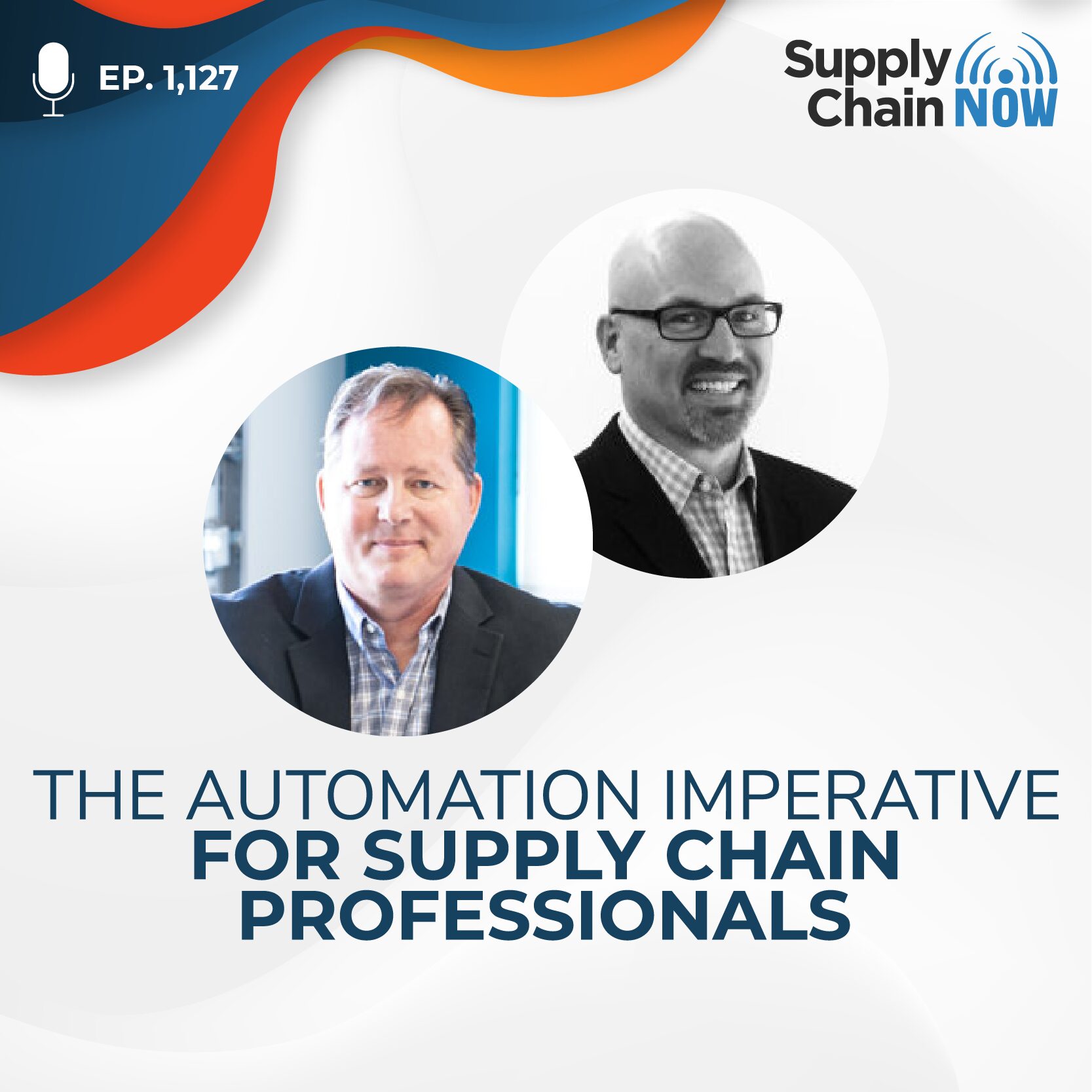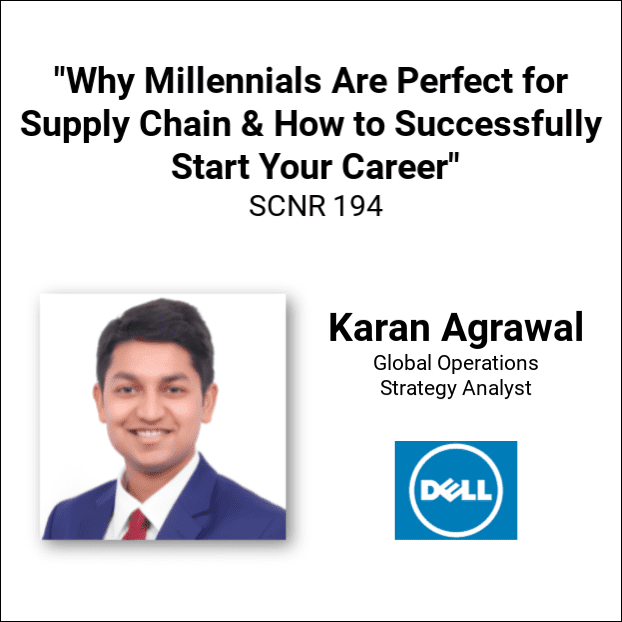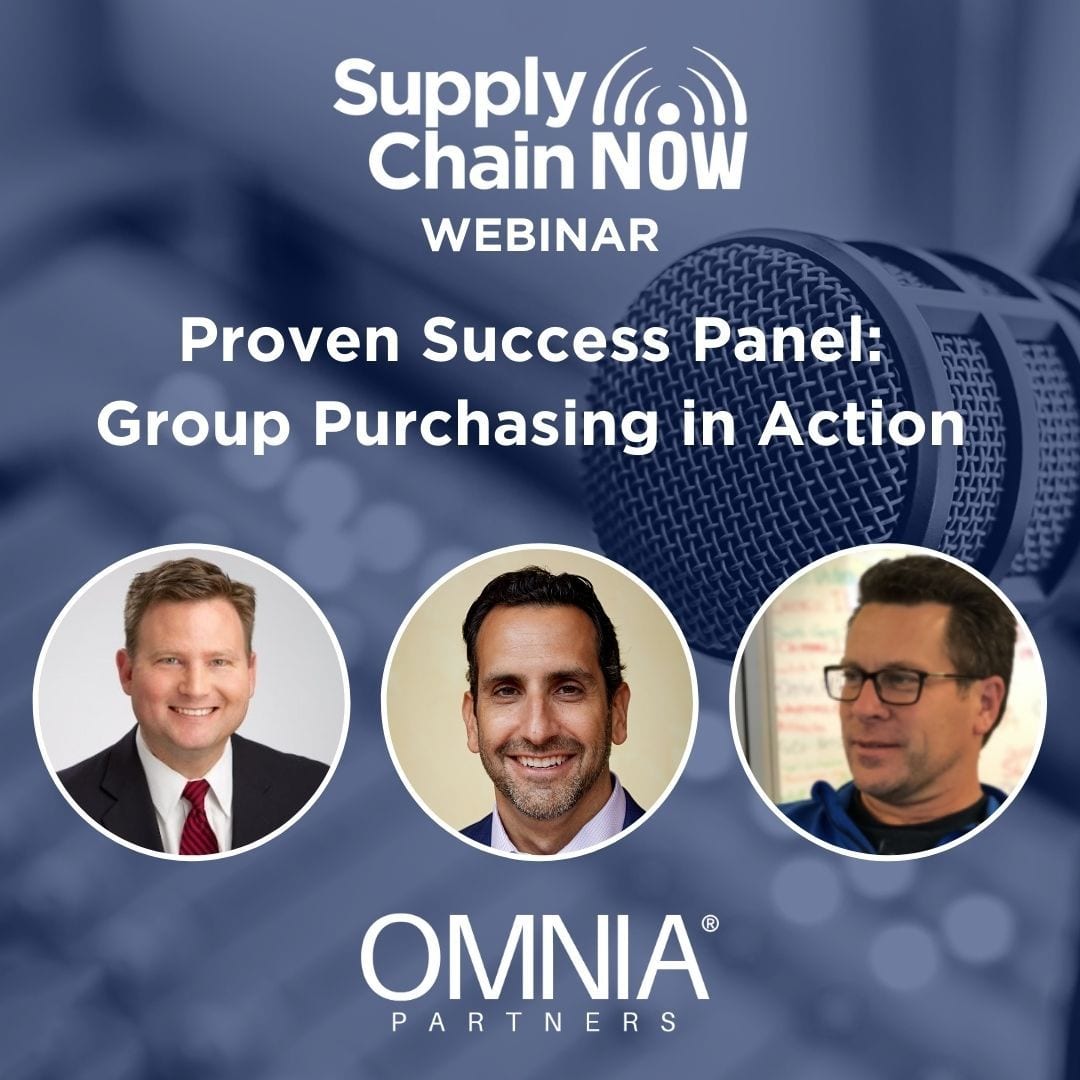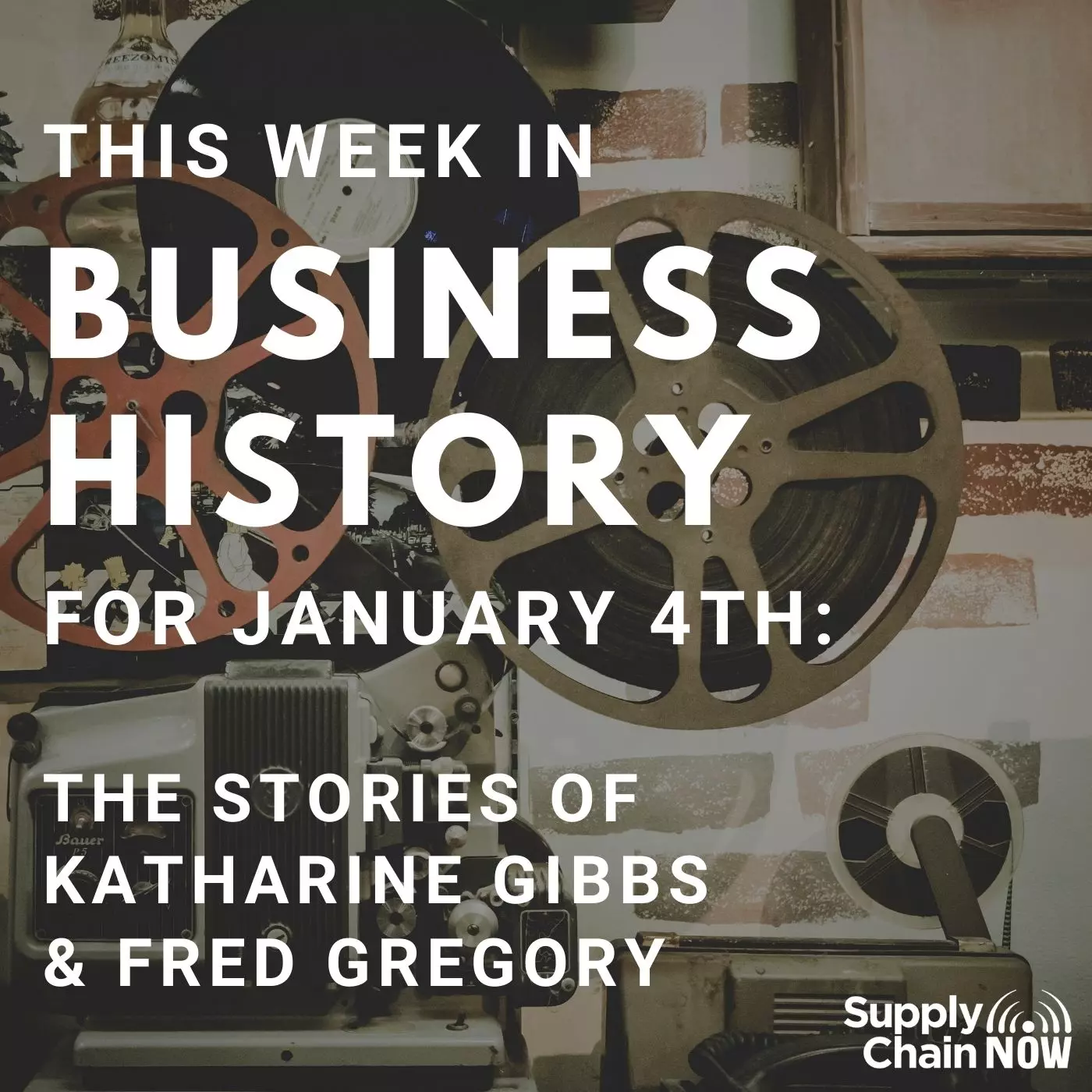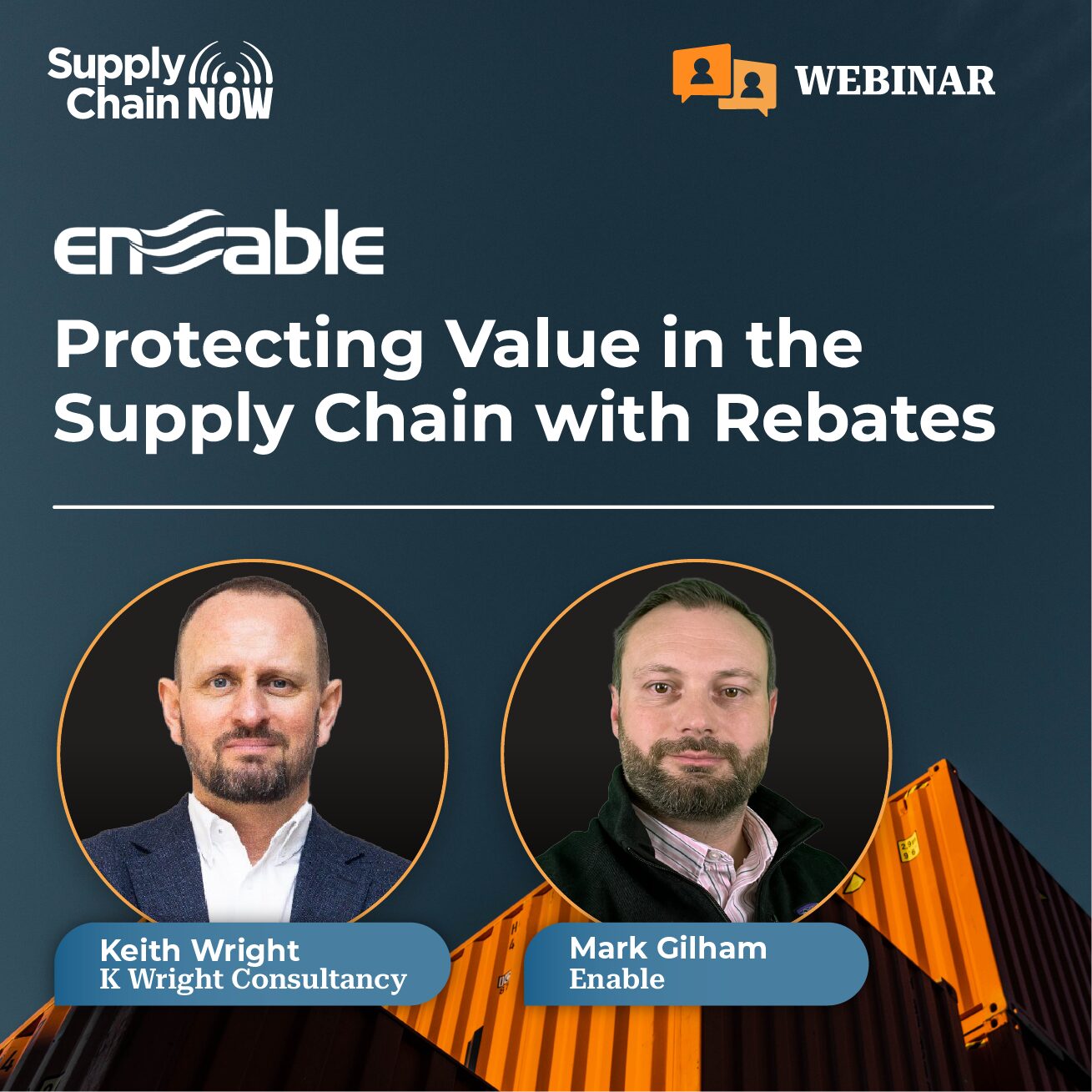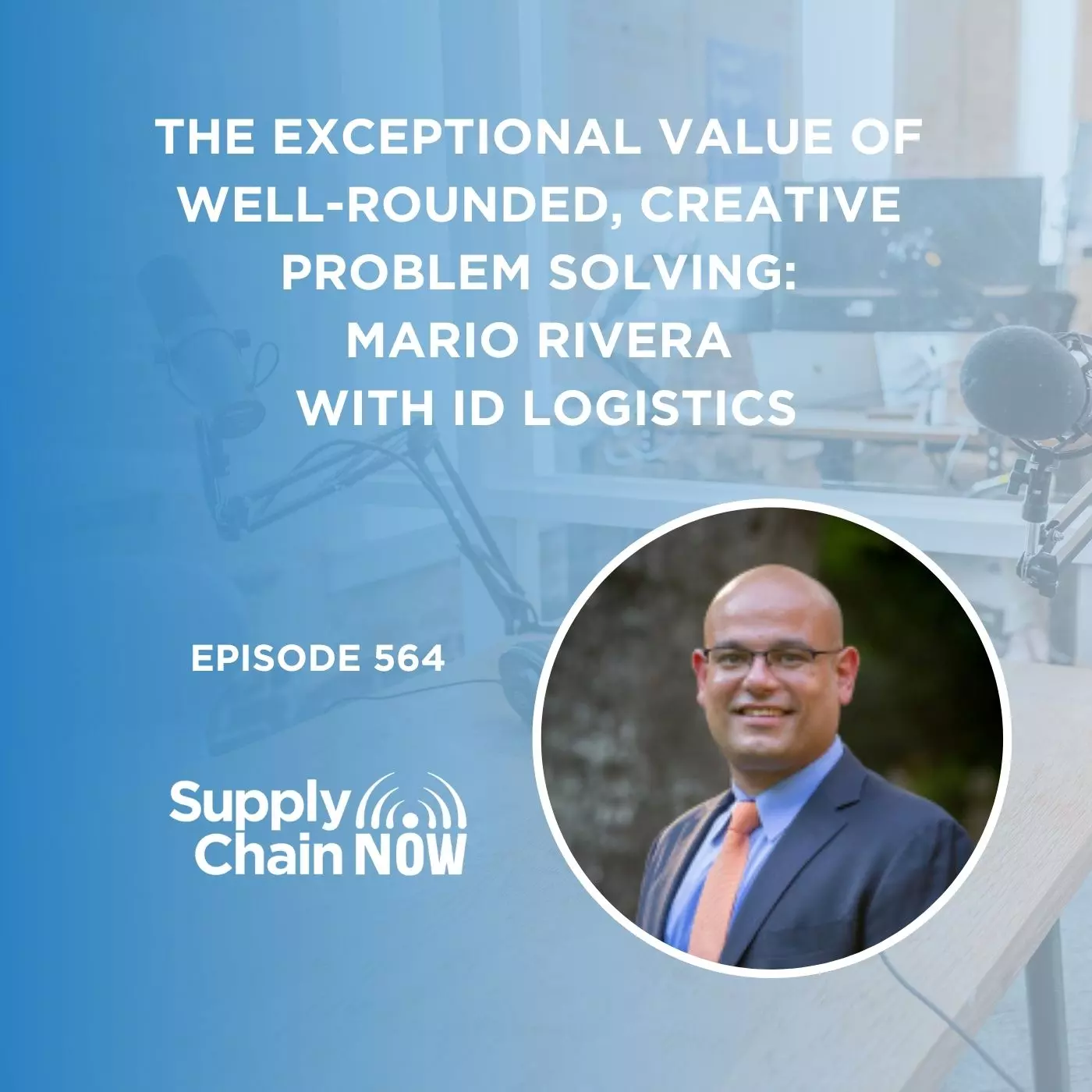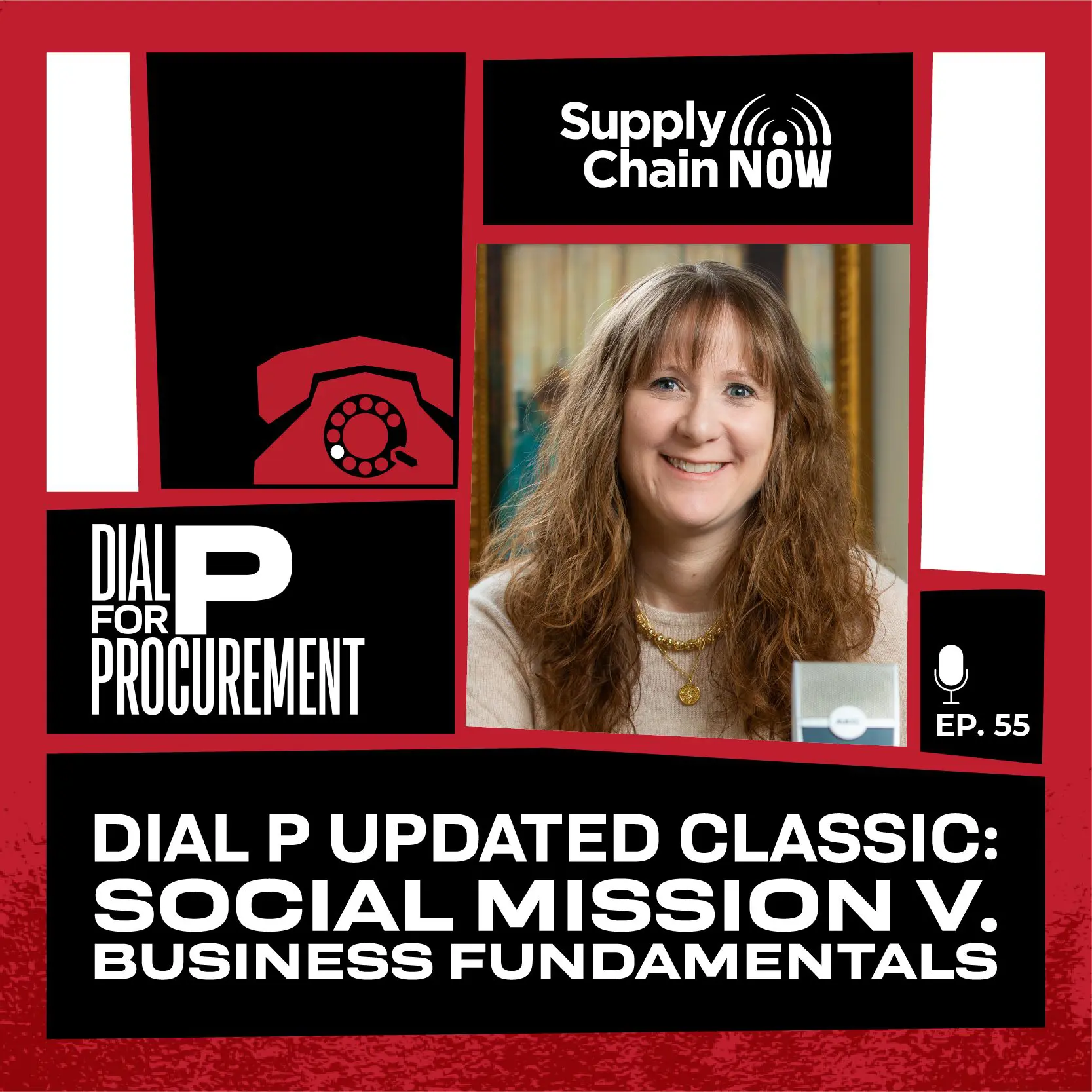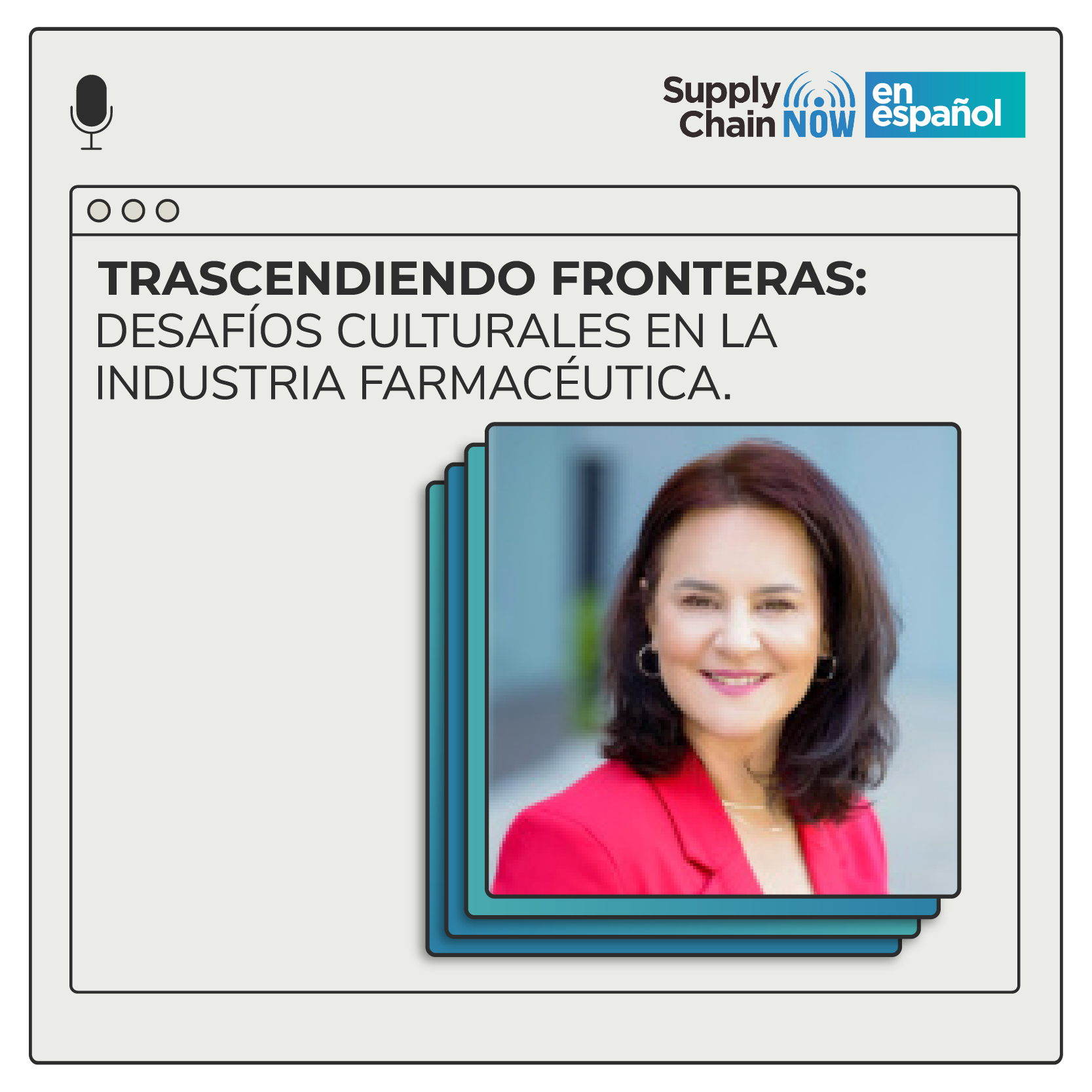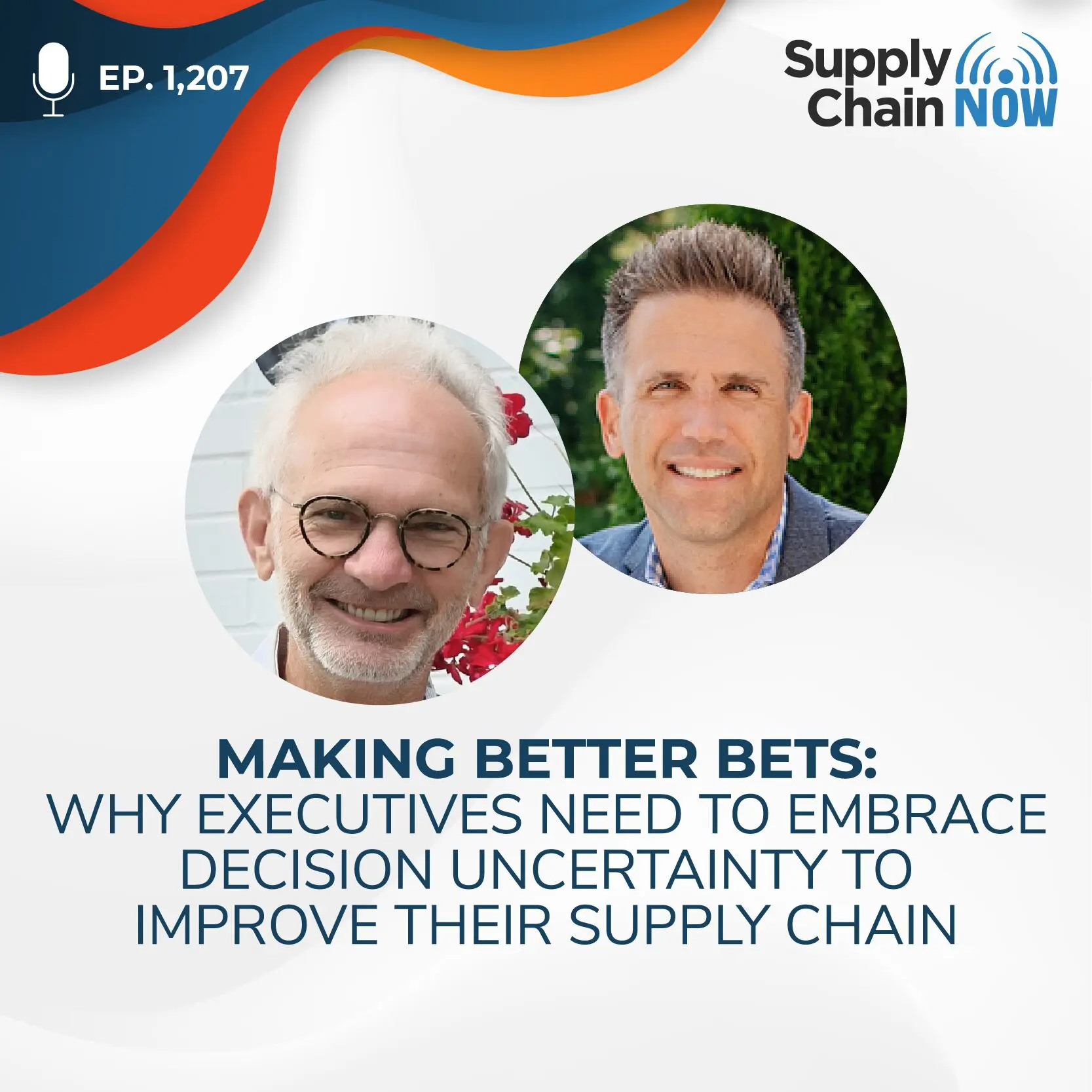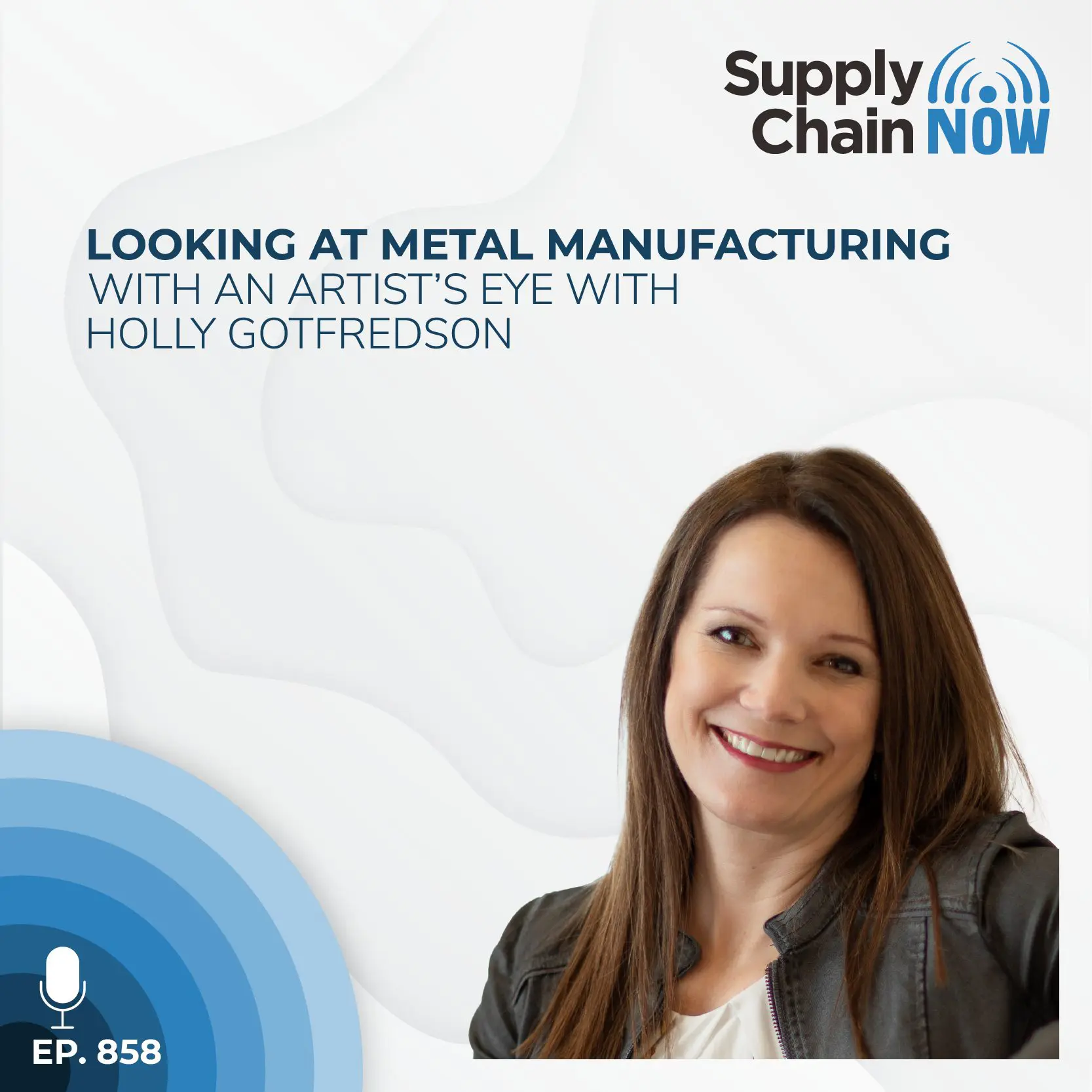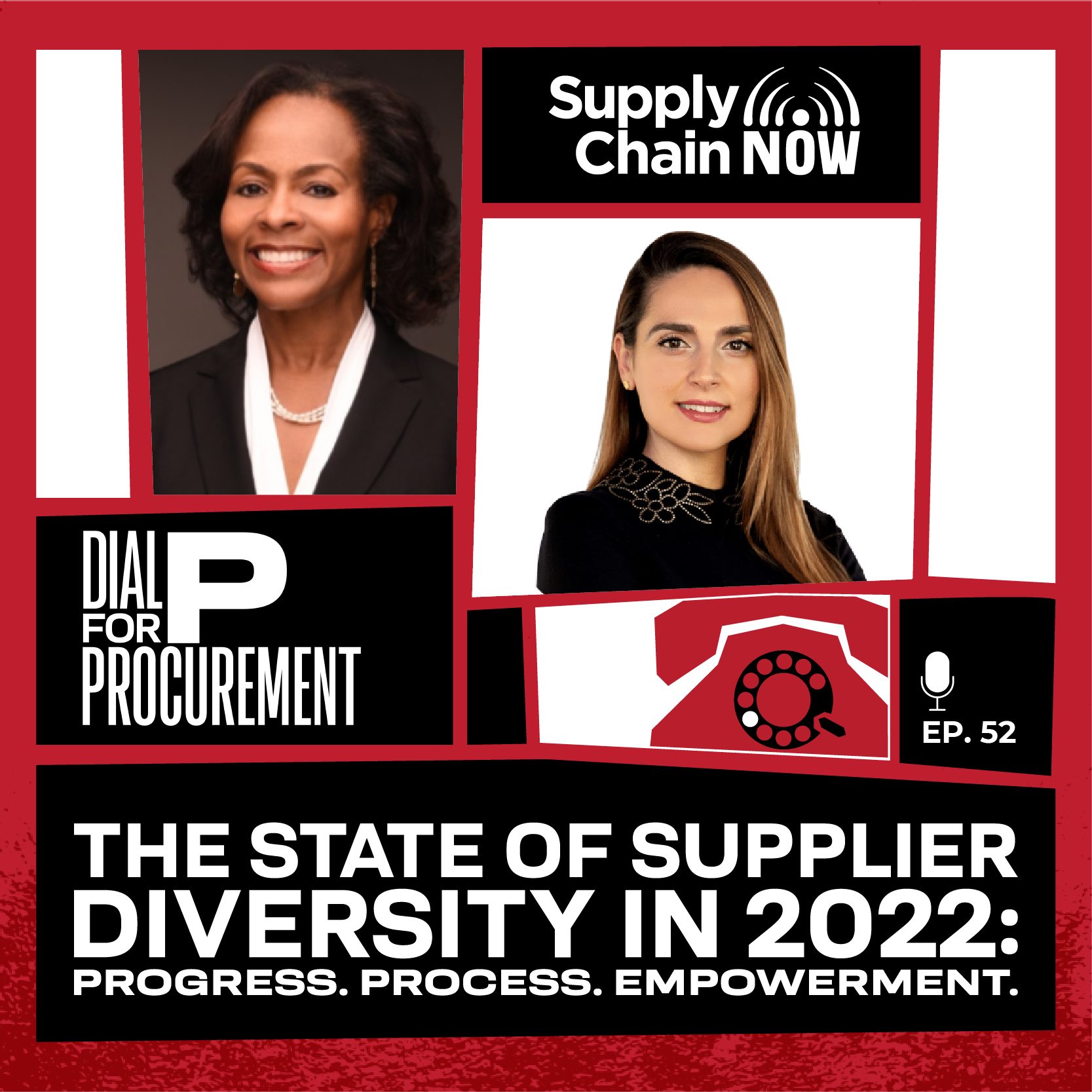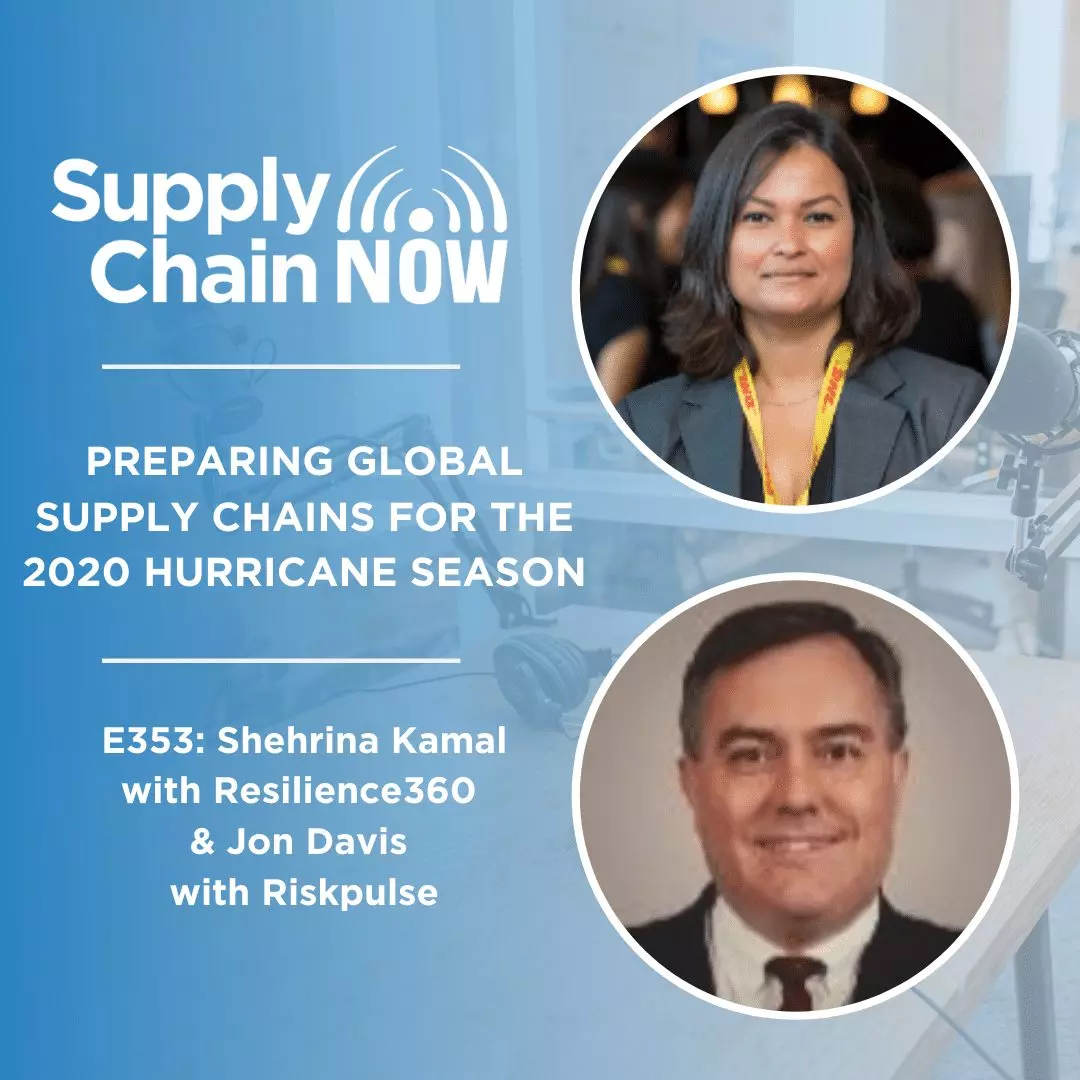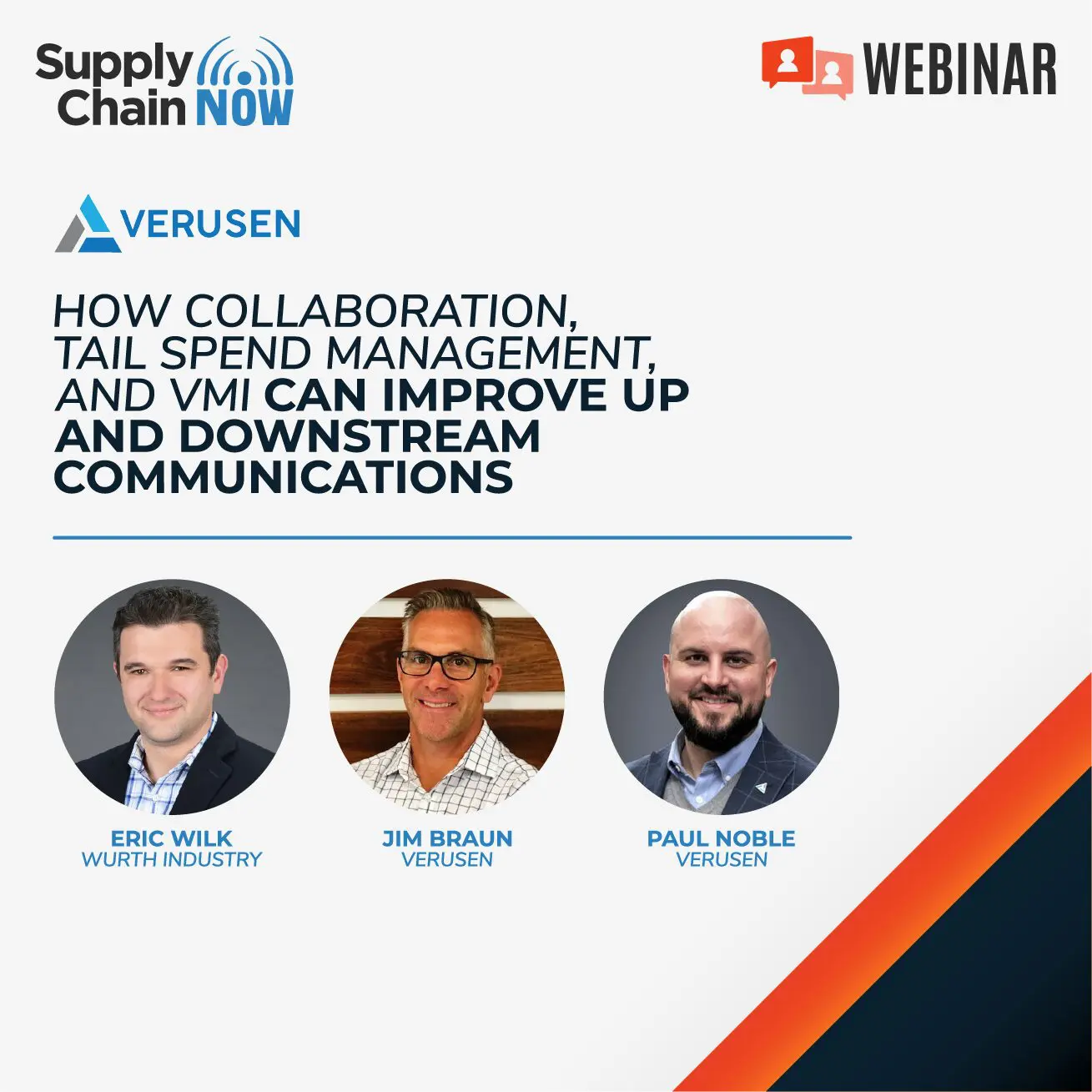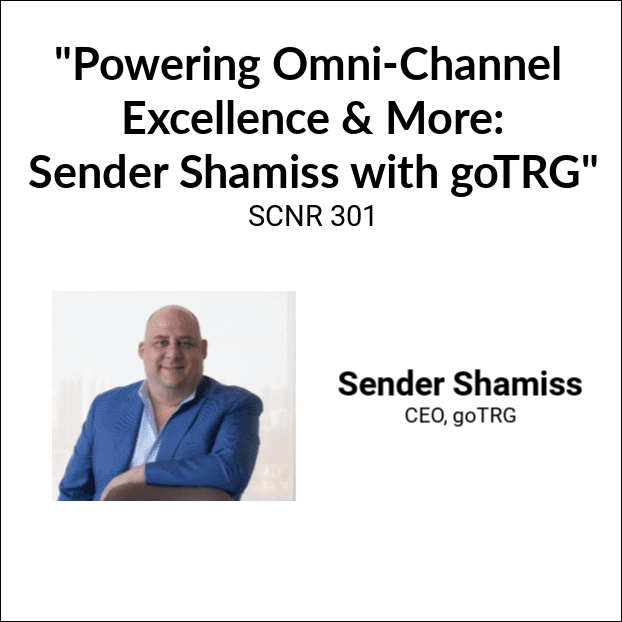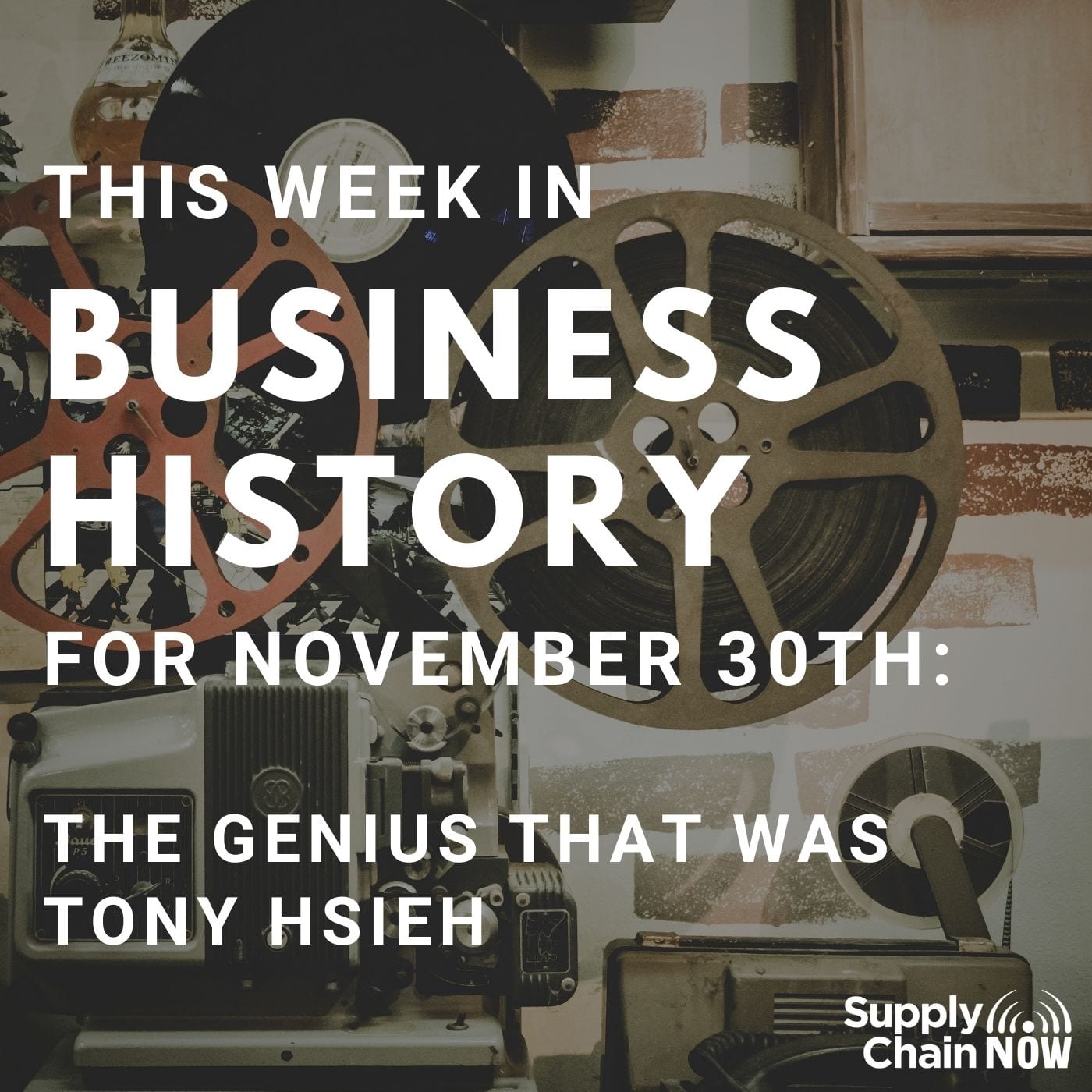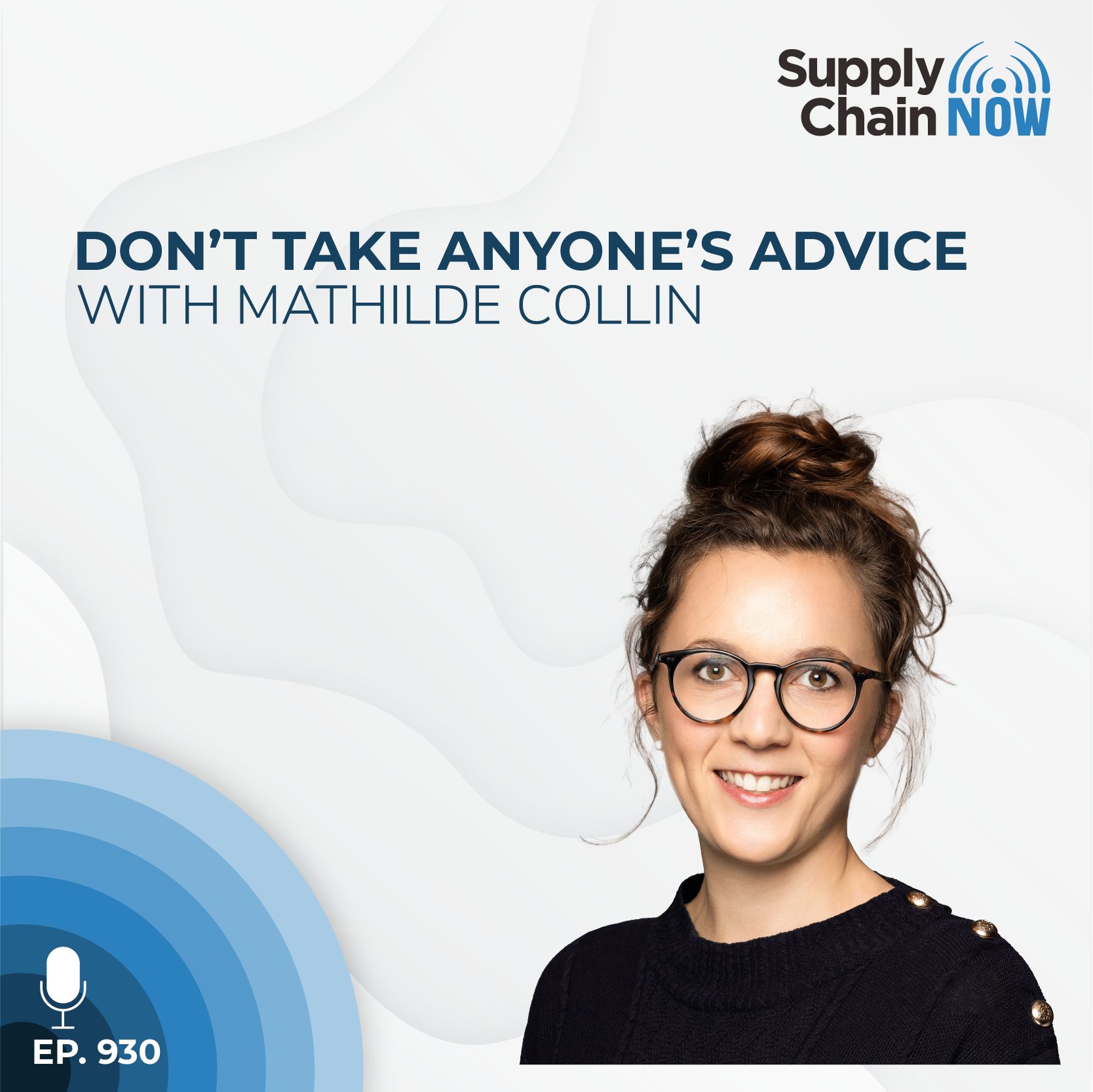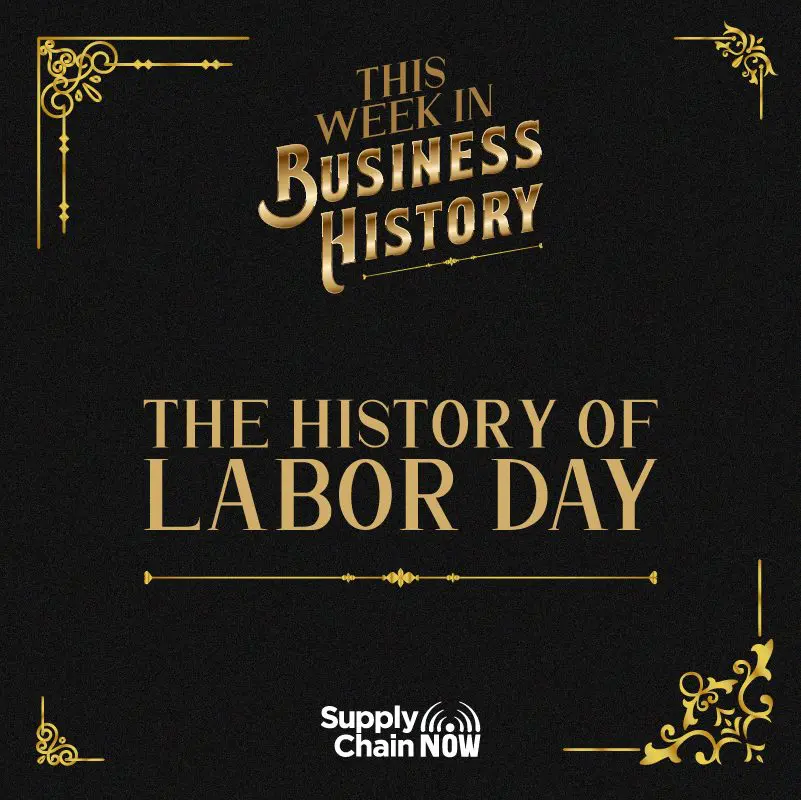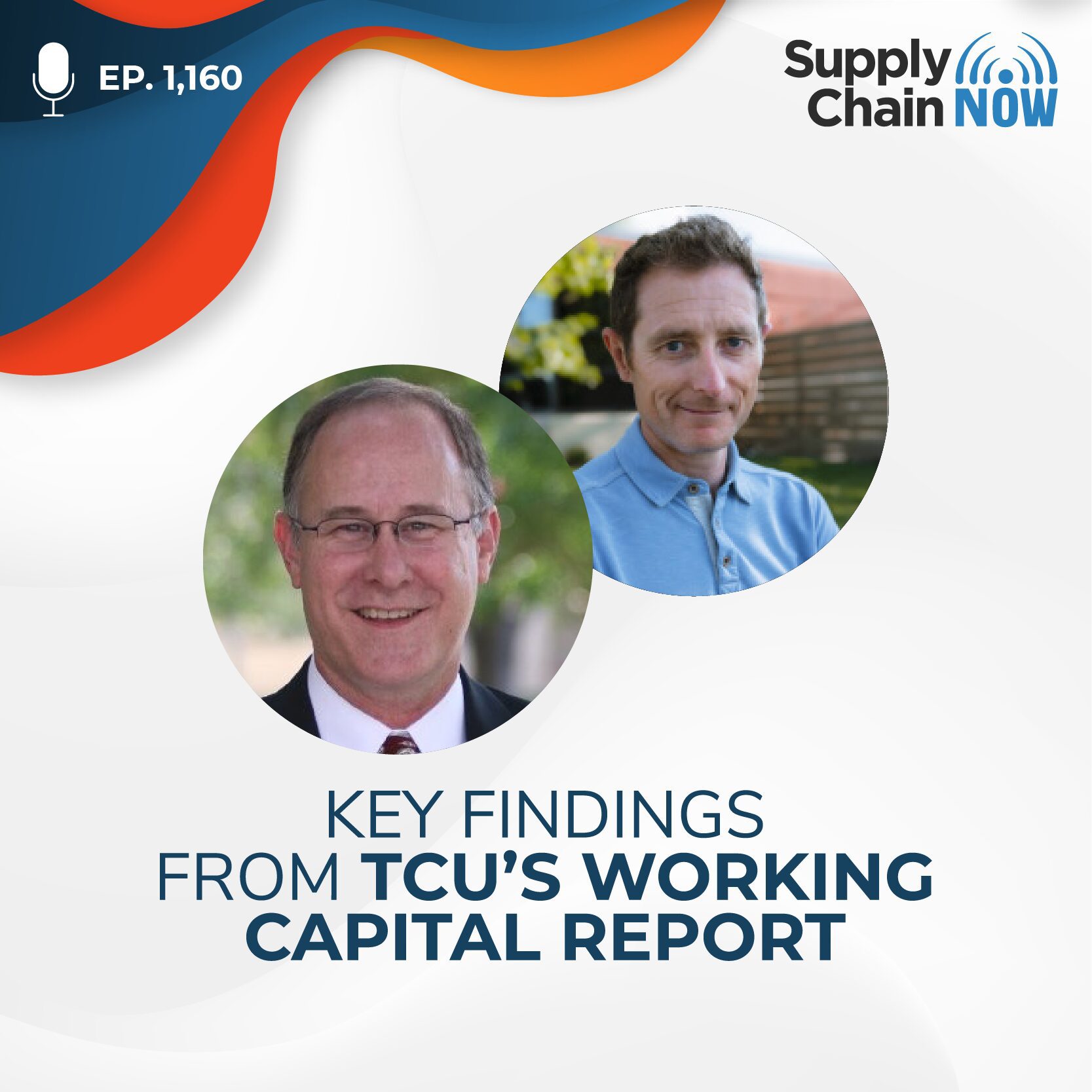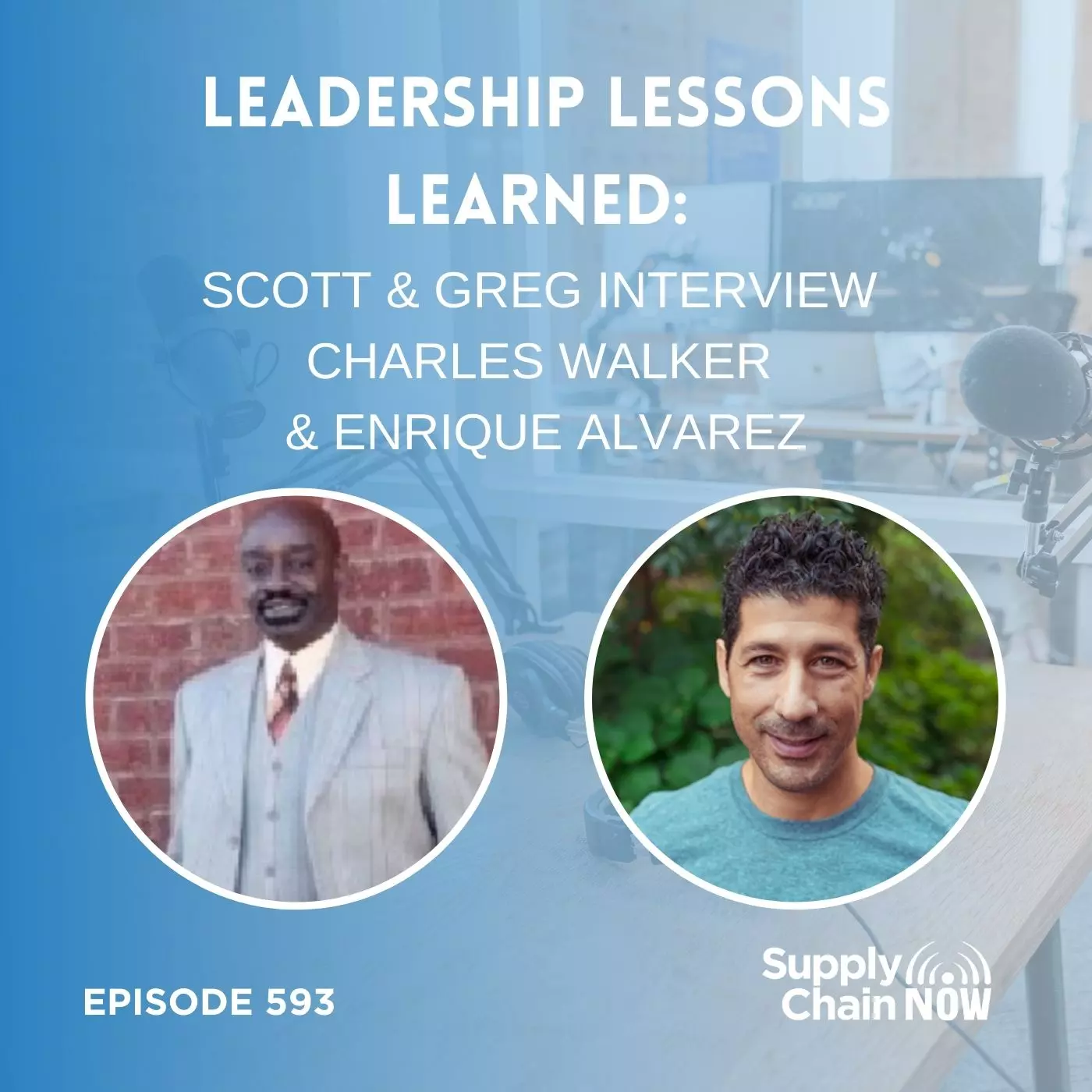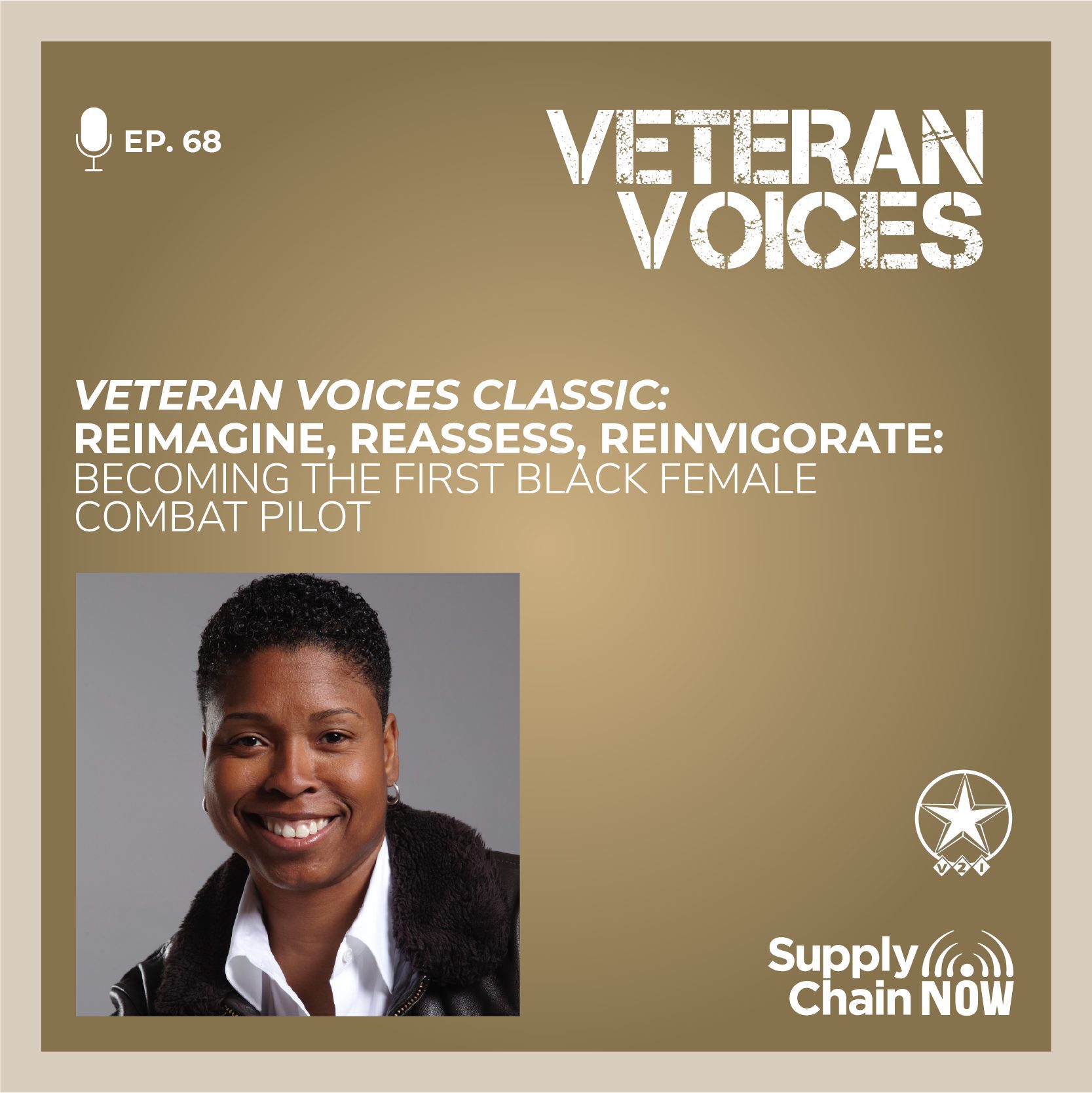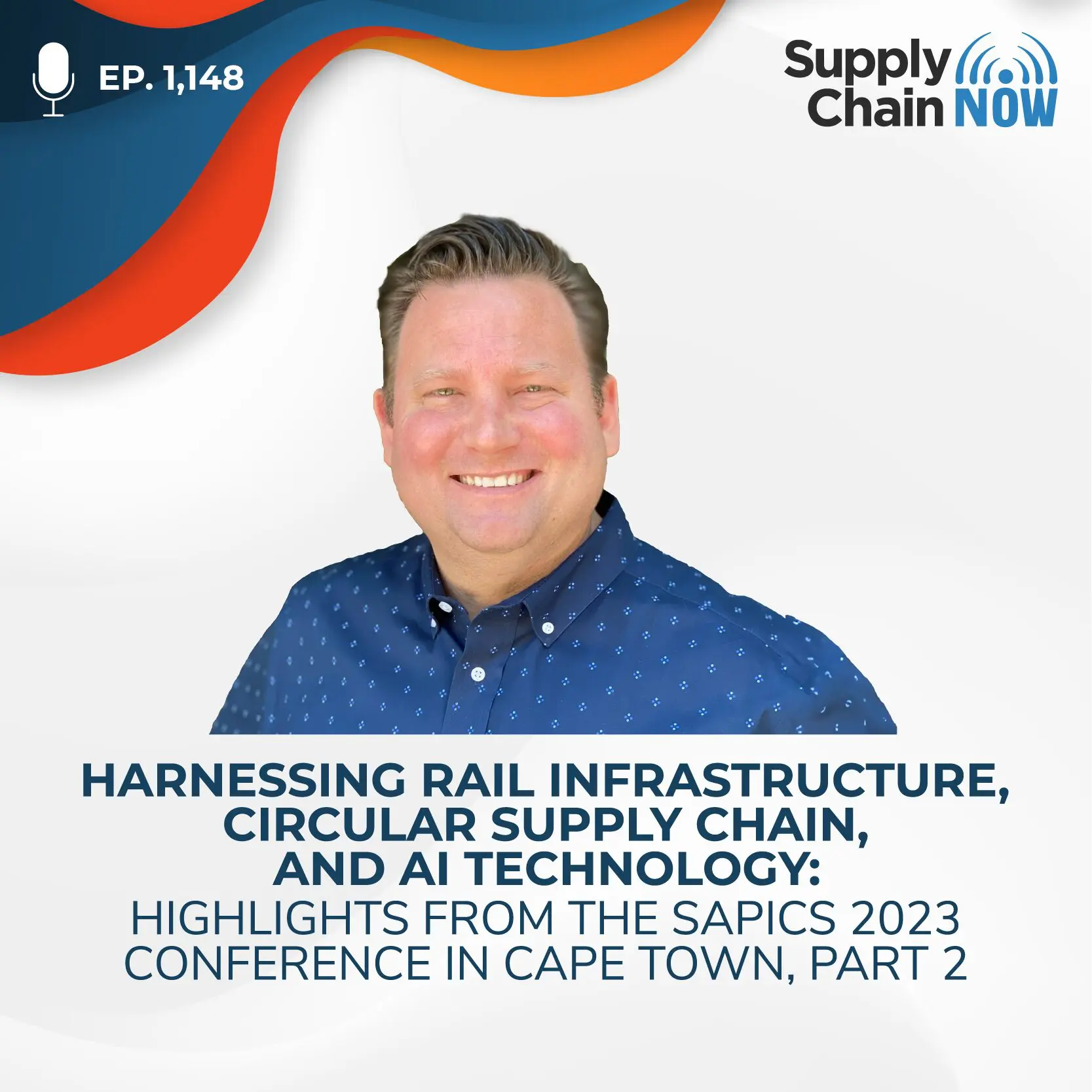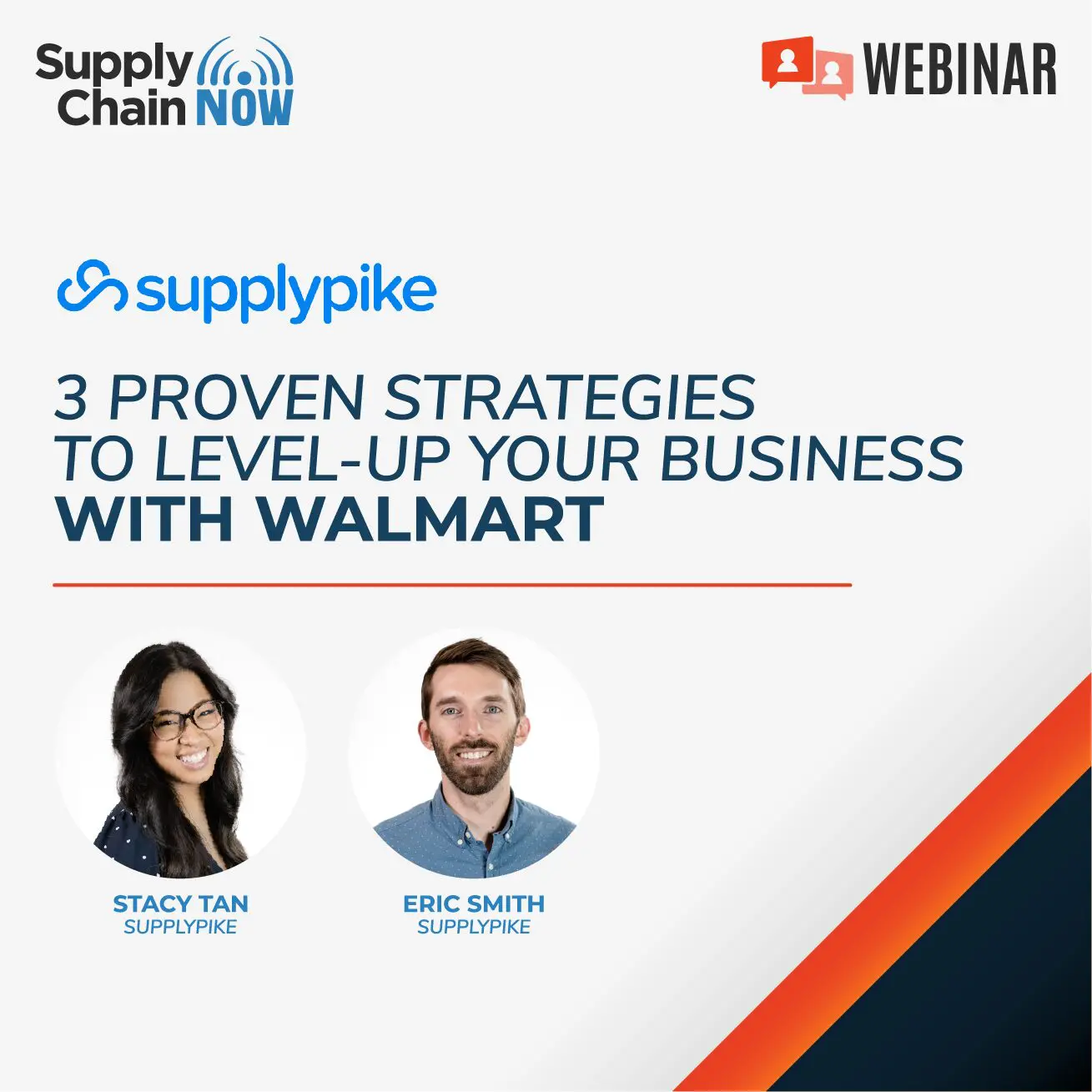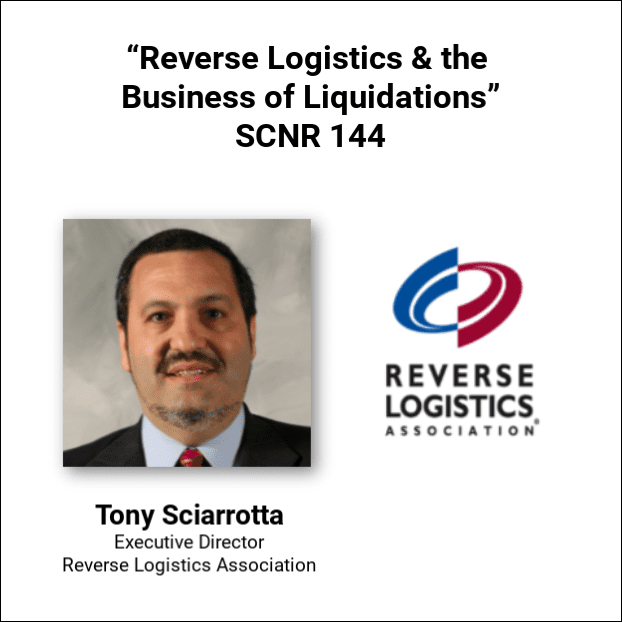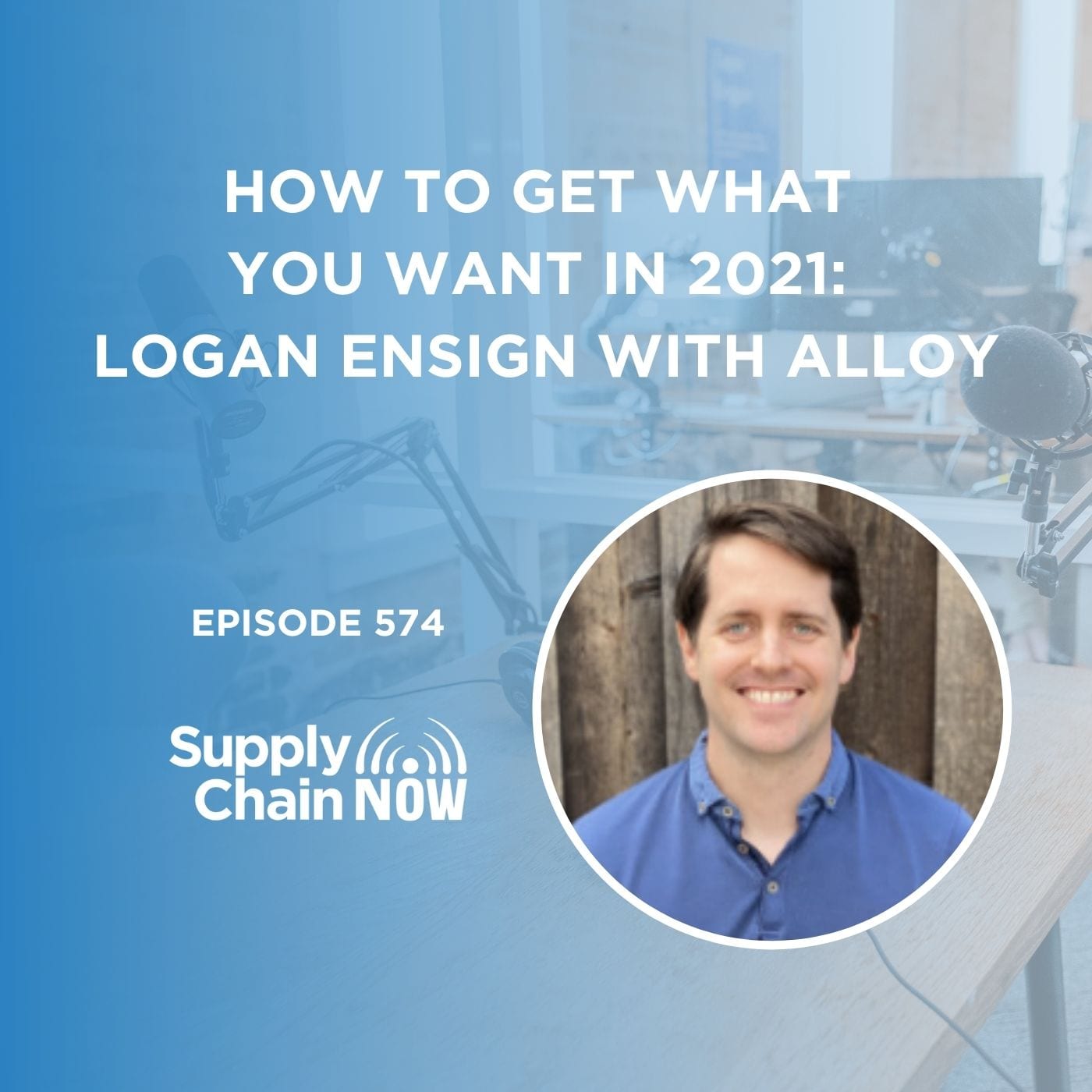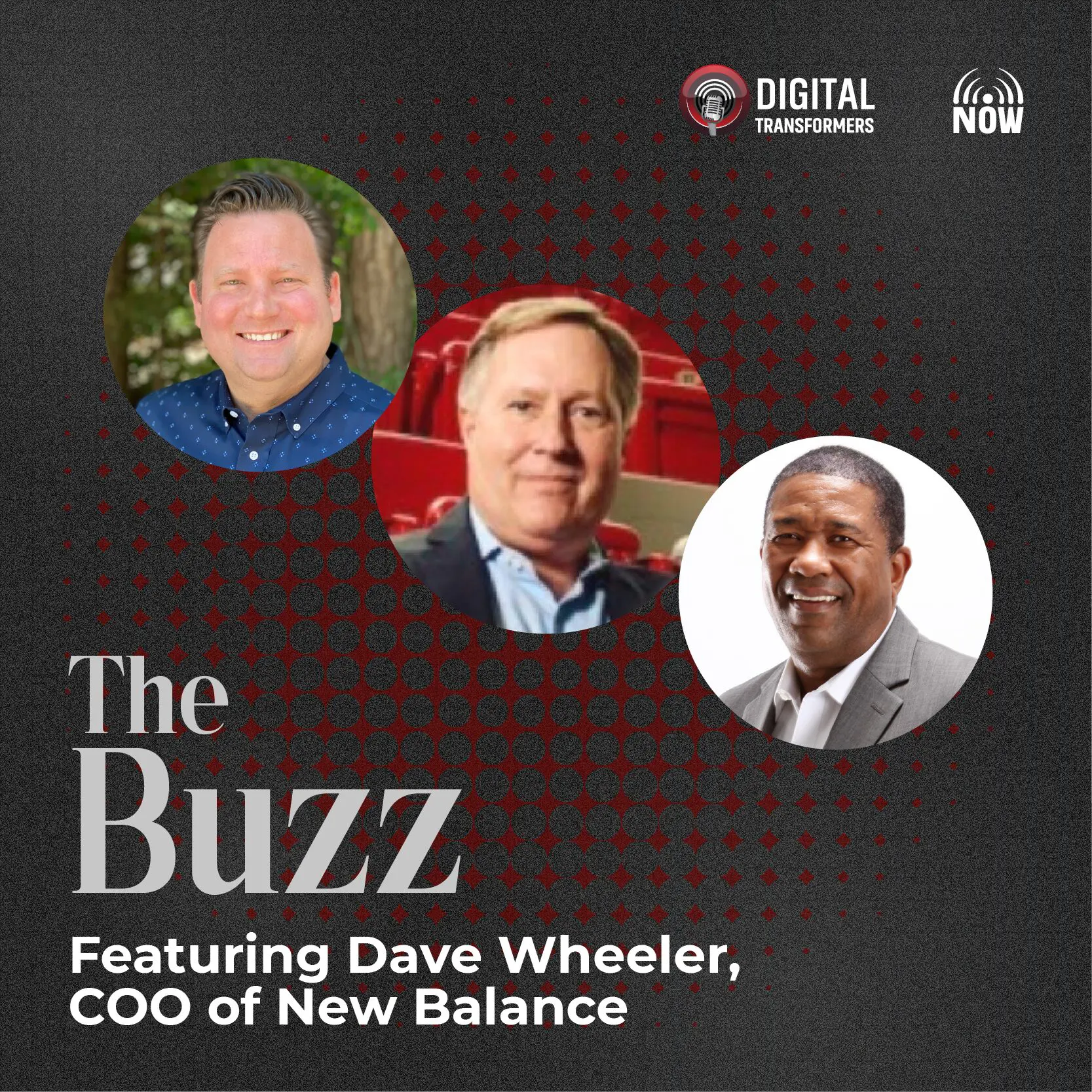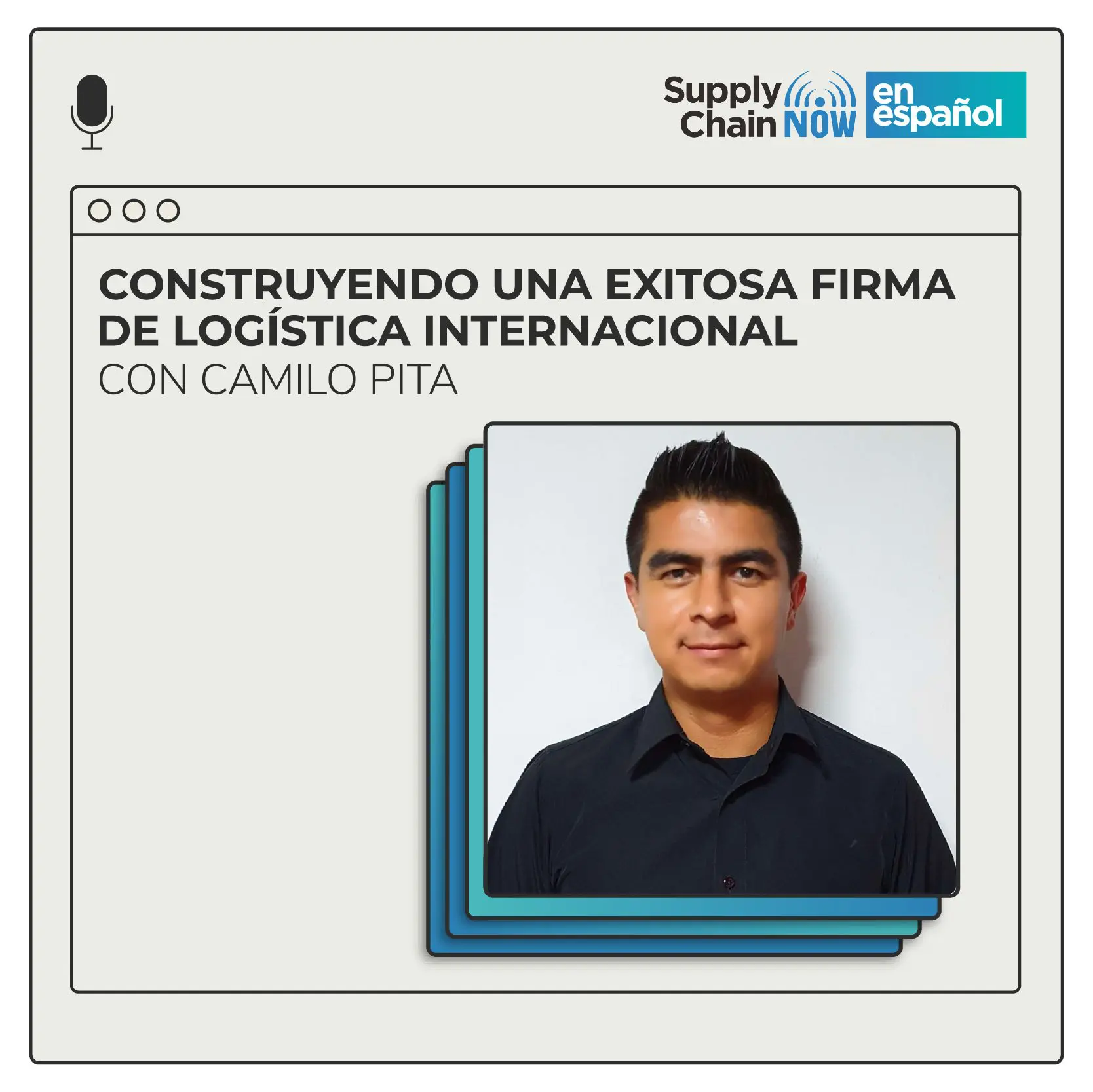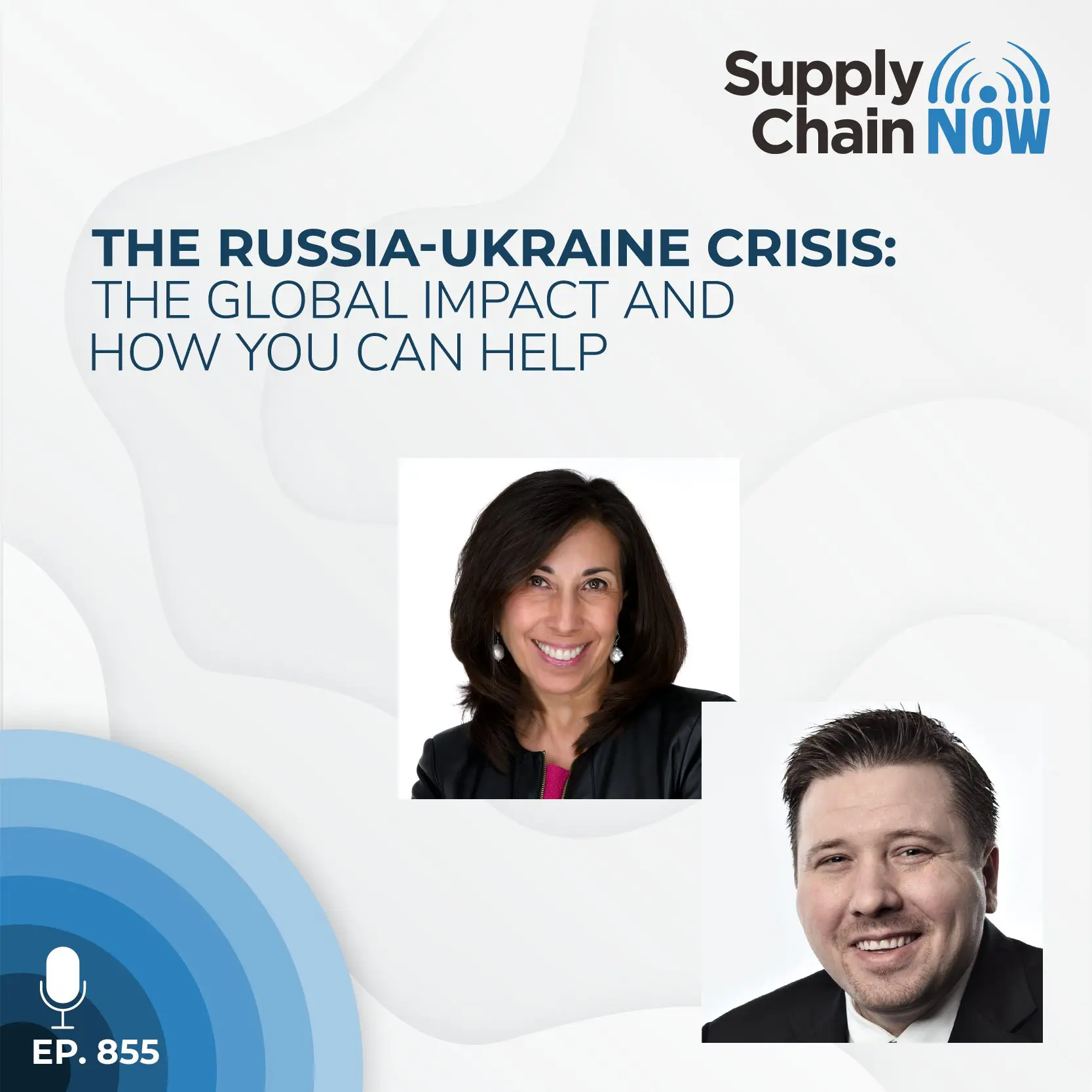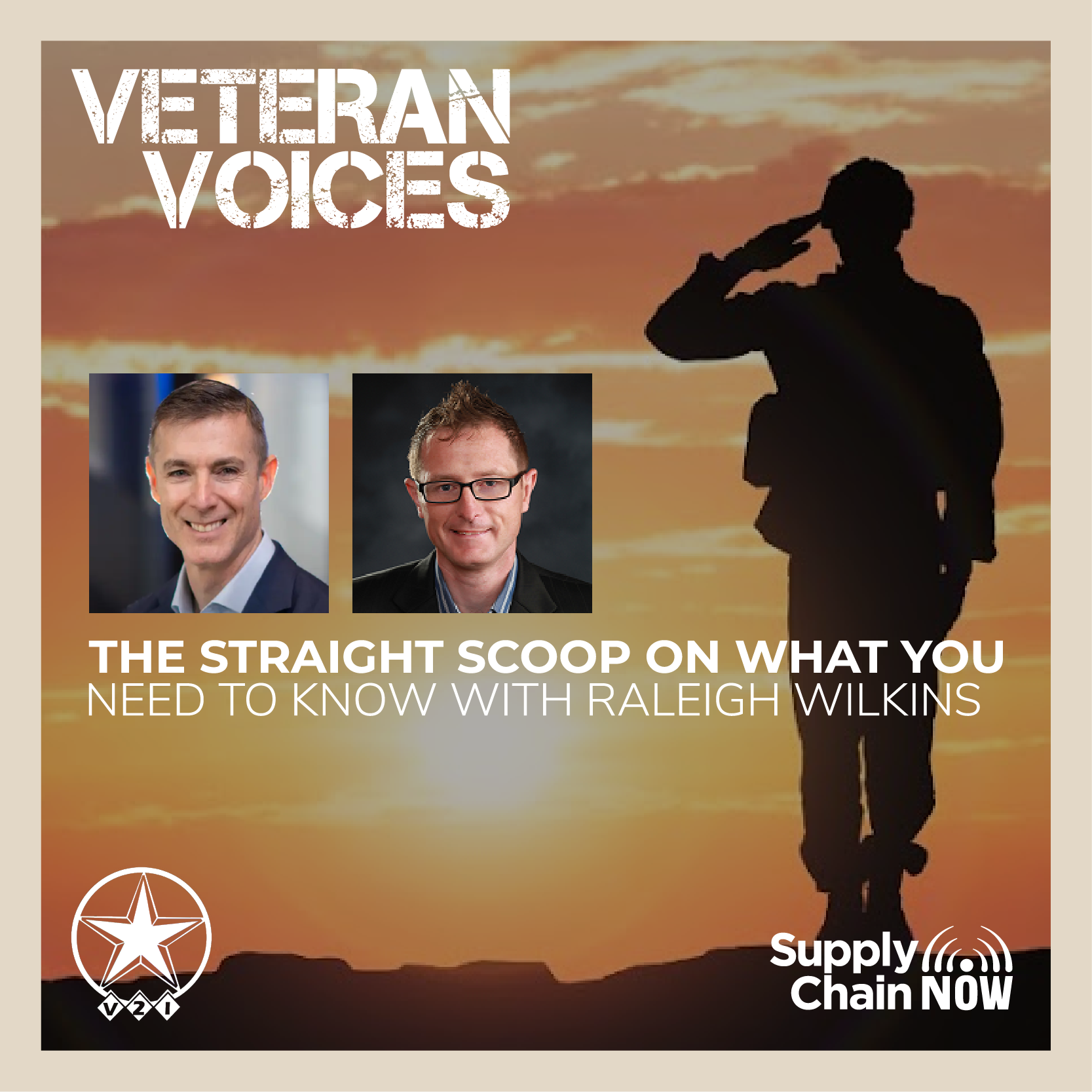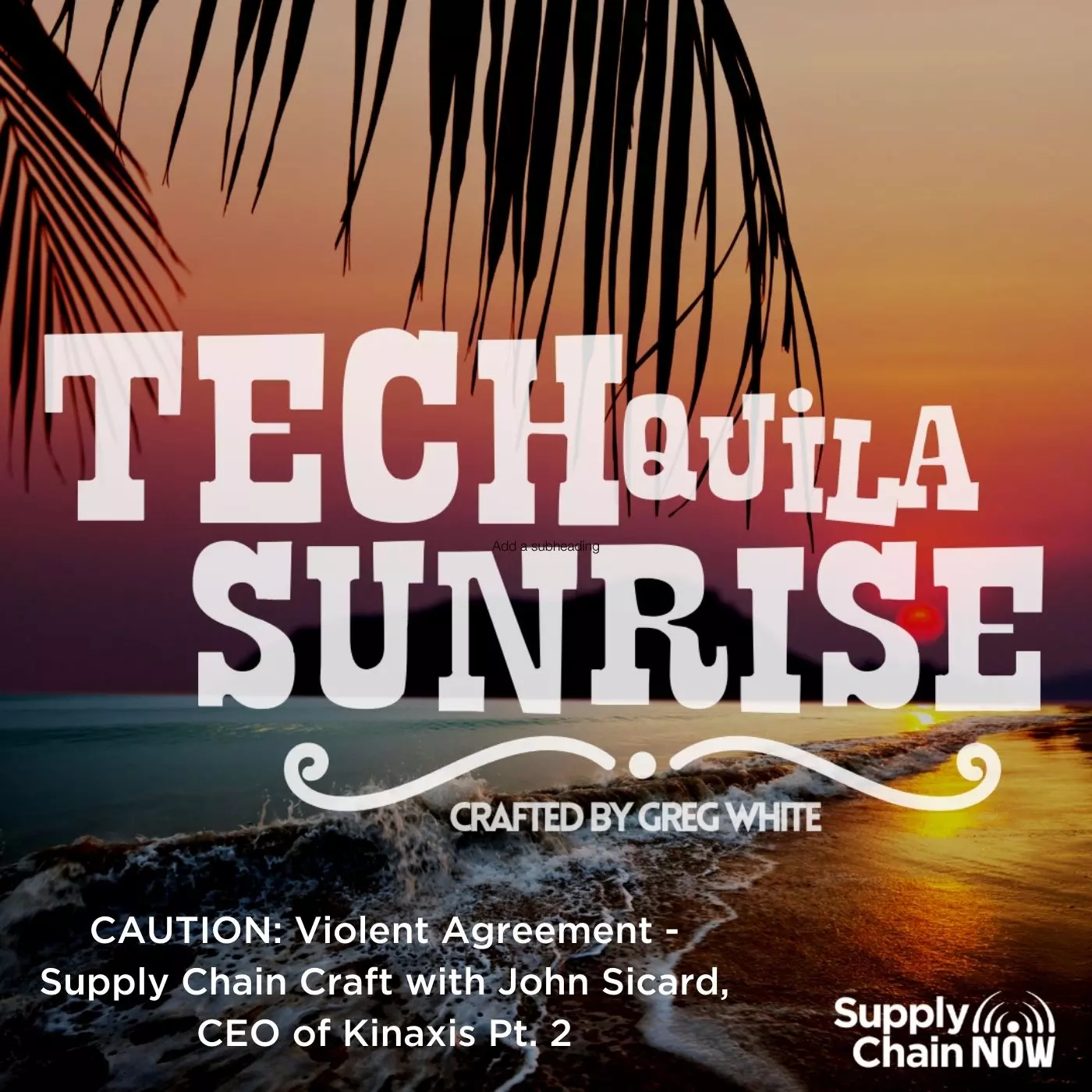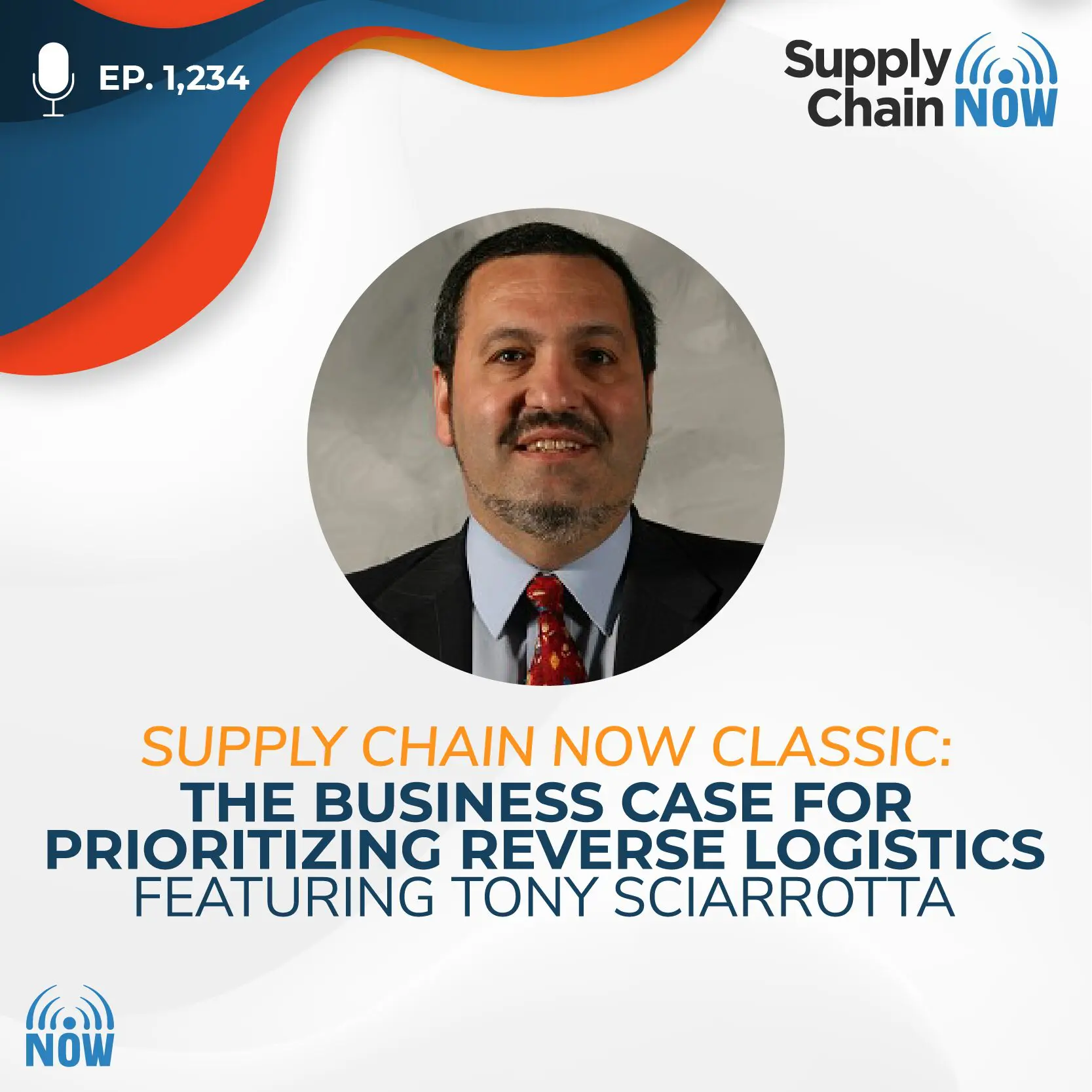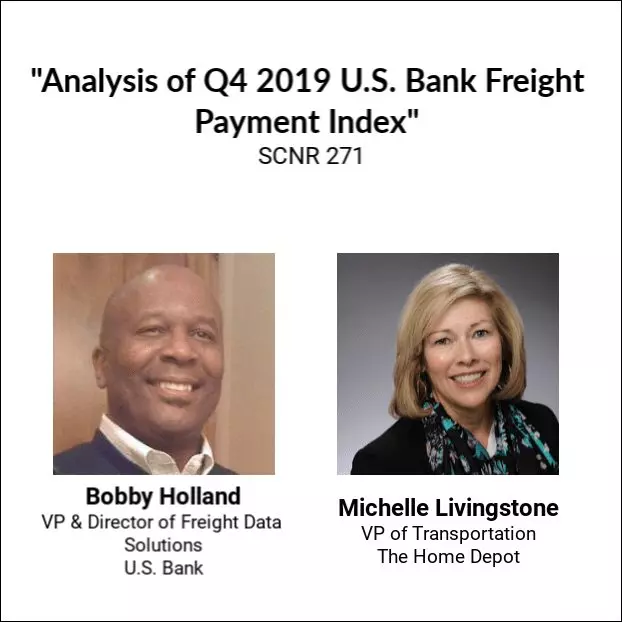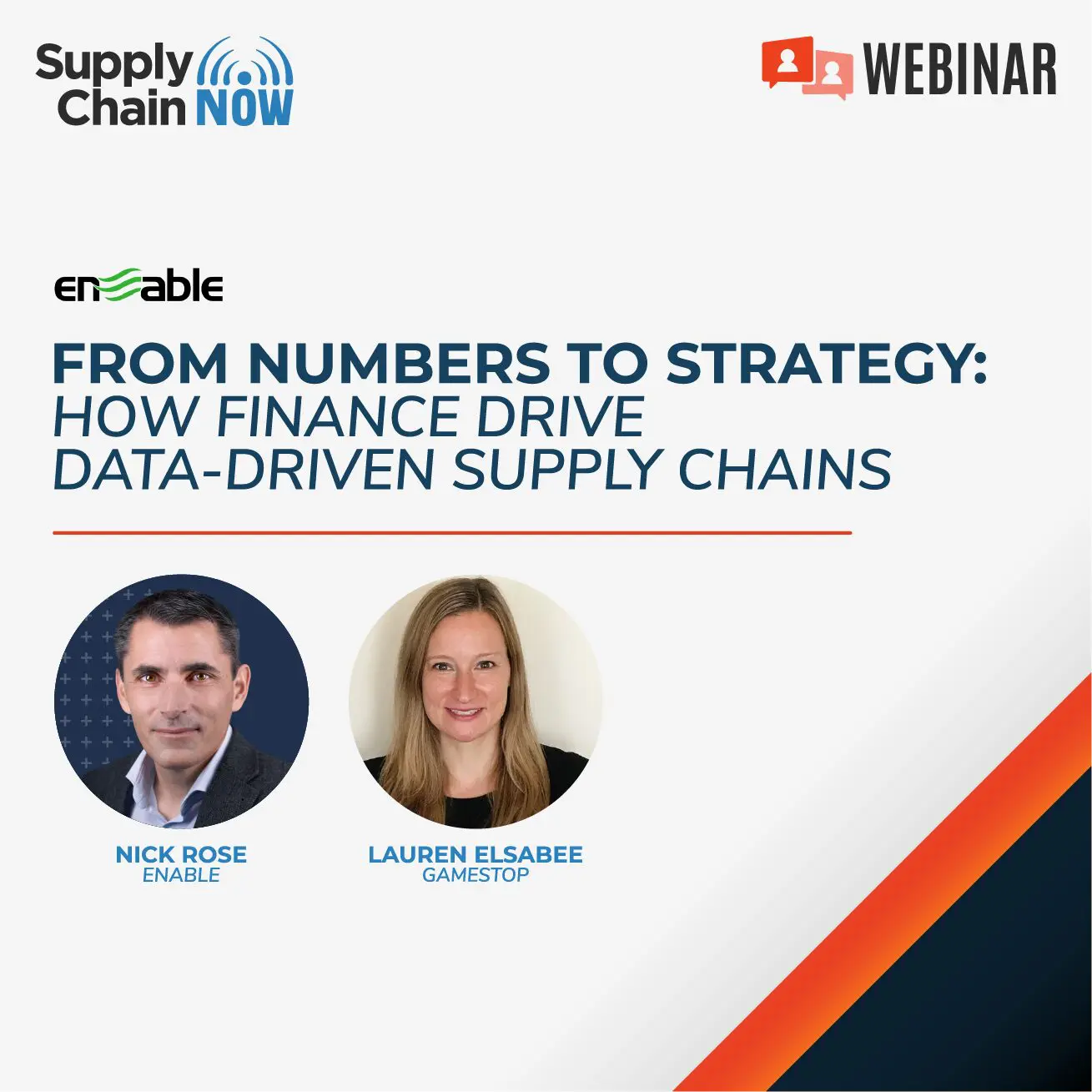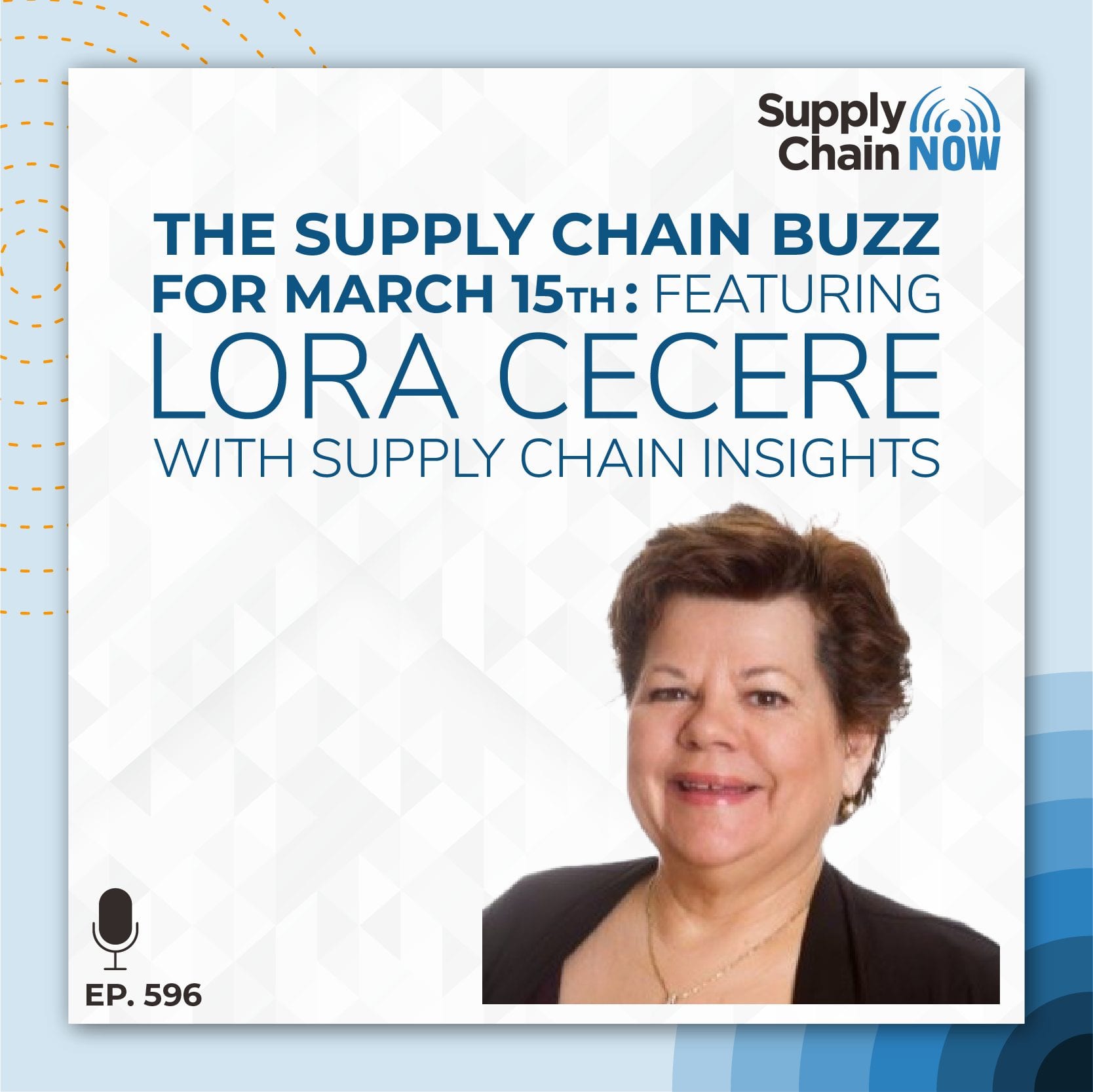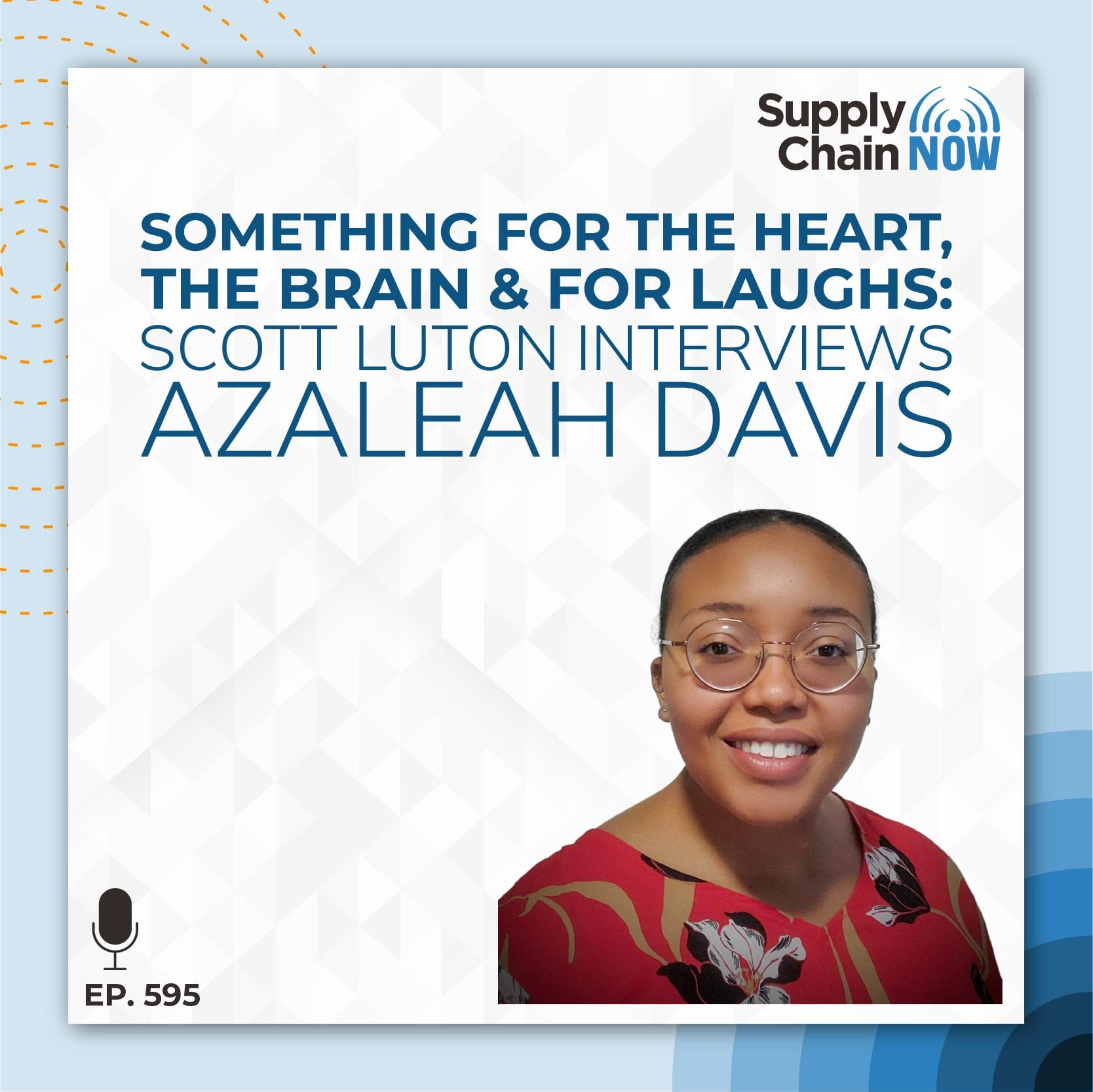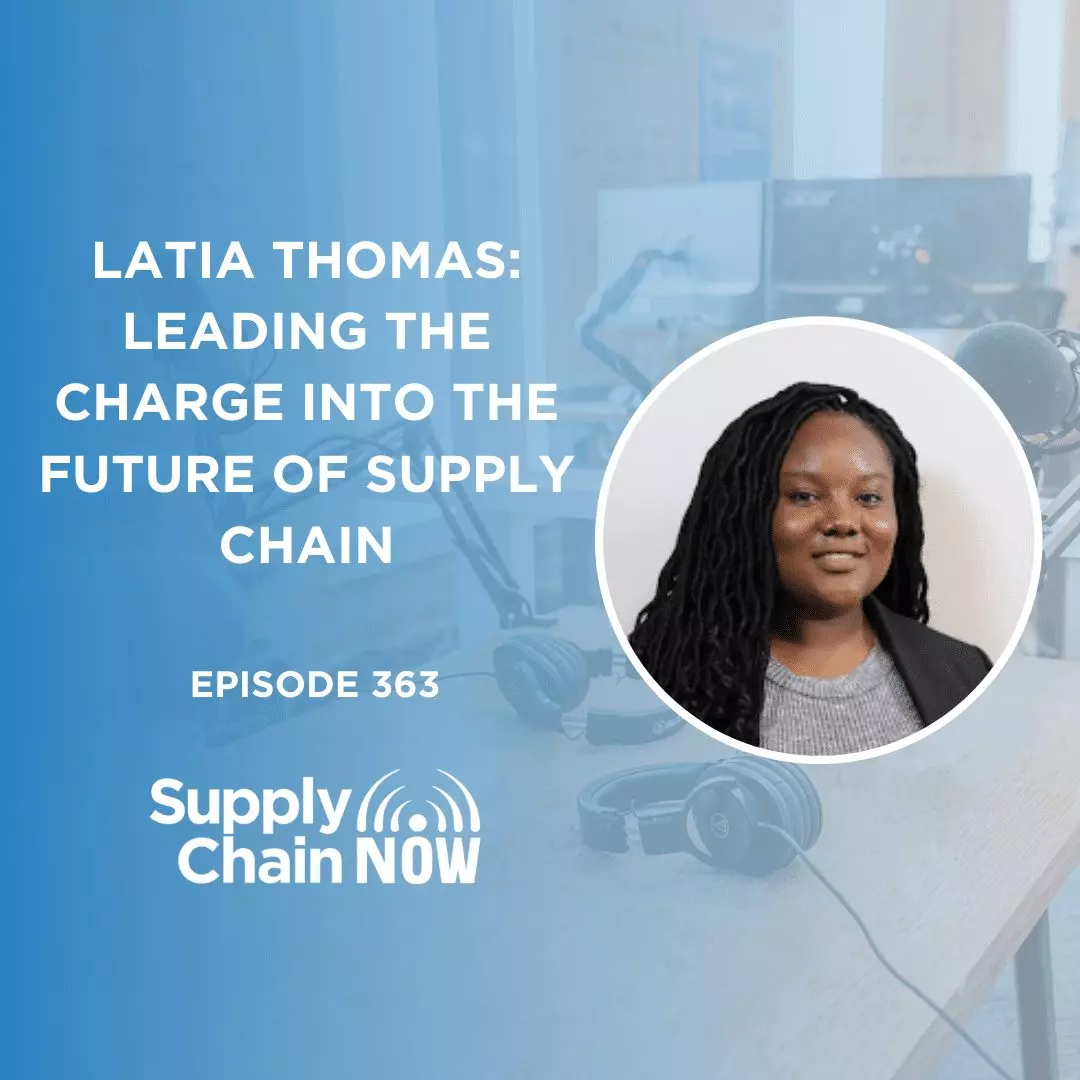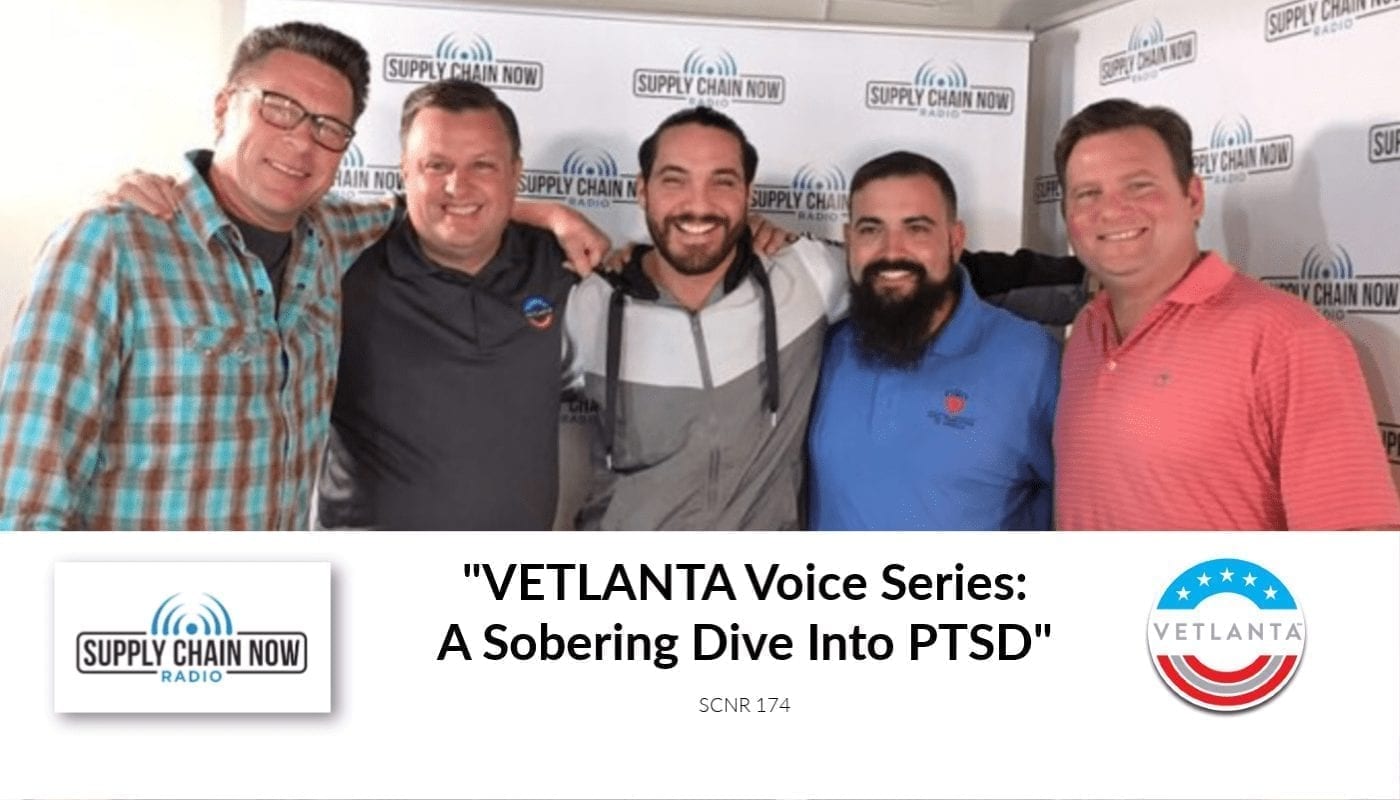
Episode Summary
In another powerful and inspirational episode of Supply Chain Now Radio’s exclusive series, VETLANTA Voice, Scott, Greg, and Lloyd are joined by Stephen Smitley and Dan Solla and discuss PTSD.
Episode Transcript
[00:00:00] It’s time for Supply Chain Now Radio Broadcasting Life. Supply chain Capital of the country. Atlanta, Georgia. Supply Chain Now Radio spotlights the best in all things supply chain the people, the technologies, the best practices and the critical issues of the day. And now here are your hosts. Hey, good morning. Scott Luton here with you.
[00:00:31] Lu Supply Chain Now Radio. Welcome back to the show. We are coming to you today from Vector Global Logistics, a company that’s providing world class Logistics services all while deeply investing into the communities that they serve based right here in Atlanta. But with an international reach, this company is on the move. You can learn more at Vector GSL dot com. Today’s show is the latest installment of a series here on Supply Chain Now Radio, one that we’ve been calling the Vetlanta Voice podcast series on this show. We focus on our fellow veterans from a supply chain perspective, of course, but it’s all about serving this incredible and very valuable community. Quick programming note, like all of our series on Supply Chain Now Radio, you can find our replays on a variety of channels Apple, podcasts, SoundCloud, Spotify, wherever else you find your podcast. As always, we’d love to have you subscribe pseudo missing thing. Supply Chain Now Radio is also brought to you by a variety of sponsors, including the Effective syndicate, Talentstream, Burson and Apex Atlanta and several other leading organizations. Be sure to check out the show notes to learn more about our valuable sponsors. Okay, so let’s welcome in my co-host here today. For starters, we have Greg White regular co-host at Supply Chain Now Radio Serial Supply chain tech entrepreneur and trusted advisor Greg.
[00:01:46] Hey. I’m good. I don’t know why laugh when you say that. I mean, either. We’ll figure it out next Saturday. It’s great to have you back. Yeah, yeah, thanks.
[00:01:54] It’s great to be here. And Lloyd Knight, director of International Airfreight LNG at U.P.S. Global Forwarding. And, of course, co-founder and current president of Vetlanta. How are you doing? Yeah.
[00:02:05] Great. It’s hard to believe that summer’s over. And this is already our fourth of Vetlanta Voice podcast.
[00:02:11] That is hard to believe because it’s you know, I think when you’re when you’re having fun and when you’re really engaged in the content you’re creating. Right. And you feel like you were helping to put a spotlight on some of these things. Time flies. It really does. But you know what? On a side note, on a much more lighter note, I’ll be happy when we move out of the summer. Temperatures here in hot land, right?
[00:02:33] It is hot. Yes, it is. All right.
[00:02:36] But football season 0, Braves baseball playoff seasons here said the temp cooler temperatures around the corner. All right. So today, Lord, we’ve got two very special guest joining us. I’m really looking forward to, you know, gather in some of their insights and their stories. Stephen Smitley, U.S. Marine Corps veteran lead singer for Disciples of Danger and content creator at Twitch, Steven. Hey, Don. How are you doing? Fantastic. I really enjoy the warm up conversation with both young men, Dan, and really looking forward to, you know, learn more about you and your background here. Yeah.
[00:03:12] Thank you. And we’ll dive into that in just a second. And Dan Solla, a U.S. Army veteran and managing director of the Atlanta chapter of the PTSD Foundation of America. Dan, how you doing? Good morning. I’m doing wonderful. Glad to be here. We are, too. We’re glad to have both you and Stephen. And we’ve got a really neat conversation teed up. I think one that is going to enlighten a lot of folks around around what unfortunately the acronyms become a cliche, but there’s so much behind it. Some will really appreciate you all taking time. And he was busy schedules to share more. And Lloyd, so today we are going to focus on post-traumatic stress disorder, PTSD. Going to hear from two military veterans of battle PTSD. But they have come out of that battle intent on serving the community and helping others. Right. Educating their communities. And at the end the day, raising awareness for what it is and what it isn’t and how folks can help and lift up those folks and are in all of our collective networks to help them win against this this condition as well. So looking forward to learn more. But before we dive into this, Lloyd, can you set the stage more on today’s topic before we we learn more from Dan Steven.
[00:04:31] Yeah. Thanks, Scott. Yeah. We want to use future episodes of this podcast to go deeper into post traumatic stress disorder and bring in clinicians and physicians. However, for today’s show, we’ve decided not to get too technical. We decided really to tell some life stories. I’ve chosen two amazing veterans who will tell their stories. They’ve battled PTSD and what they’re doing now to help others to set the stage. I like to provide some info and facts on PTSD. PTSD is a psychiatric disorder that can occur in people who have experienced or witnessed a traumatic events. PTSD has been known by many names in the past, such as shellshock during the years World War 1 and combat fatigue after World War 2. But PTSD does not happen, just not happen in combat veterans. It can occur in all people and people of any ethnicity, nationality or culture at any age. PTSD affects approximately three point five percent of all adults in the United States, and an estimated eleven people will be diagnosed with PTSD. The eleven percent will be diagnosed with PTSD in their lifetime. Interestingly enough, women are twice as likely as men to have PTSD. PTSD causes painful symptoms such as flashbacks, avoidance, isolation, hyper arousal reactions including anger, outbursts, tensions and hyper vigilance. It’s kind of like an average day working for U.P.S.. These emotional and behavioral changes can have devastating effects on someone’s interpersonal life, but also their family and work life as well. If left untreated, PTSD can spiral into other problems, such as panic disorder, substance abuse, depression and suicidal feelings. And by the way, I’m just kidding about the VA.
[00:06:27] Yeah, well, so kidding aside.
[00:06:31] So. So here at Supply Chain Now Radio, of course, with the content, we provide it in some way. Some shows are directly like core relevant wellness demand planning or lean or efficiencies or what have you. Transportation freight directly tied back Supply Chain Now Radio and others were about the human interest stories and of course about our veteran community. But this is where I think and great love for you to weigh in here, too. Before I’ve to the question for this word, toss back. Talent is front and center of every supply chain leader we have brought on this show. I think we just published Episode 166 this morning. Talent is so important. And I think if we can at this show and in one small way can help folks better understand or dispel some of the the inaccuracy is related to PTSD because we’ve heard that that acronym so often and I think everyone’s kind of assumed it means certain things. I think if if the hiring managers and the organizational leaders and all these folks are serious about not only bringing in the best talent, but also hiring veterans, if they if we can help them understand PTSD, the deal better.
[00:07:39] We have fulfilled our mission here today, right? Yeah. I mean, it’s not it’s maybe more severe. And the reasons for it are. More extreme, but it’s not that much different than any other sort of mental challenge. Right. I mean, her emotional challenge, if you want to call it that. And I think if if and if a company is equipped to deal with that in in their employee environment, they can be equipped to deal with PTSD. Yeah, right. I mean, I don’t want to minimize it, but I guess what I’m trying to say is it’s another thing. Right. It’s a terrible thing. And by the way, I think all of you for sacrificing and and living through this experience as a civilian, I really, really appreciate it. You know, and and I think that’s you know. But I think that it it’s something that can be worked through. We have really good research on how to work through it. And we’re going to talk a little bit about that. And and, you know, if if an employer commits to it, it’s just like any any other affliction that they deal with in their customer or in their employee base.
[00:08:47] So speaking of dispelling some of the assumptions that are out there, Lloyd, you know what? I think when a lot of folks think of PTSD, they think immediately combat operations. Right. But that isn’t necessarily the only case. Talk more about that.
[00:09:01] Yeah, absolutely, Scott. PTSD can be triggered by a wide range of trauma. One of the most common is car accidents. They are, you know, witness anything traumatic, such as death in a family or a natural disaster. Unfortunately, another leading cause of PTSD in the military is sexual trauma. There is a it can be caused by sexual trauma, can be sexual harassment or sexual assault. The military sexual trauma happens to both men and women, which is something a lot of people don’t realize and occurs at any time of military service and concurrent peacetime training in war. The causes of PTSD are far ranging and you will hear very two different stories today on PTSD. They are from our guest. Yeah.
[00:09:48] So, Dan, we’ll start with you here. So, you know, one of the most popular a lot of the feedback we get from our audience is they are so intrigued with the transition stories. And, you know, we’ve spent a lot of our time trying to figure out how to help veterans. Yeah. As a veteran, I had my own transition. You know, I knew some of the gaps and some of the challenges that I experienced. And I wasn’t even a combat vet. You know, folks really love hearing these transitional journeys and the stories. I’d love for you to tell more about your transition that you join the army in getting a law degree from the University of Tennessee. Go balls. And now you’re working as a managing director for talk about an organization Moving Needle, the Atlanta chapter of the PTSD Foundation of America. But how did you get here?
[00:10:35] Well, I mean, in that in that time period between, you know, the army and getting the law degree and everything, that there’s a lot of space in between there and a lot of different things that occurred and in that long period of time. My my experience was one of the aftermath of the attacks of September 11th was my senior year of high school. It was it was go, go, go. From the onset. And like my military career and I joined the infantry to be a rifleman, to go over and fight. And it was deployment after deployment situation that was in to. So the transition phase was one of, you know, spent the entire time I was in the army overseas, whether in Europe or in Iraq, and come back.
[00:11:15] And, you know, at the time, really in 2006, 2007, when I’m getting out. You know, there was no there wasn’t a whole lot of set. It was yet you went through two weeks of a transition with, you know, where, you know, someone gave you a once over a P.A. or, you know, some kind of psychiatric professional. And everyone knew if you said anything to them that would raise any flags. It was going to definitely extend your time and trying to get out and get back to your life. So I you know, I did I checked all the boxes. I went through that and went back and immediately joined the peers that I had left behind.
[00:11:45] You know, from high school who were in college a couple of years ahead of me at the time. And within two months of really coming back from, you know, my my duty station in Germany was it was in college. And I just did that. You know, for the next seven years, going through college and law school and kind of silently struggling with my own issues for a while. But yeah, the transition was there was no nonprofit’s waiting for me at the time. There was no there was no military or V.A. No one told me, here, go here, fill out this gap, do this. There was nothing, absolutely nothing at the time. And around 2006, when I got out where people were saying, go here, go there. So, you know, I didn’t even get connected with the V.A. for any kind of medical care until about maybe six or seven years after getting out.
[00:12:28] Wow. So we’ll part touch on this with both of you gentlemen up there is, as we know with the veteran community, we don’t trip over ourselves. Go get help with something. So can you speak to that? If did you feel.
[00:12:42] Certainly. Yeah, I would say that, you know, the. Mind frame that I shared, that I shared with a lot of my my fellow veterans, I stayed extremely close with the guys that I served with in our mind frame collectively to speak on their behalf if I take the liberty of doing that. Was that those of us who came back at all and those of us who came back whole physically, you know, with limbs, had no business going around looking for the kind of help that, you know, that was out there. And I think the mistake is that there’s that some of this the aid we get through nonprofits or the government is some kind of finite resource. And that, you know, if I’m in a line and the guy behind me is missing both his arm and his leg and I get it first, then he’s out of luck. Right. Which is not the case. But that’s the mentality. So we don’t want we’re no one’s in a hurry to knock down the doors of the V.A. and get help. And no one’s in a hurry to really. And as an infantryman, I somehow, you know, I joined the infantry, be a rifleman. And I thought I was better than not only all civilians, but every other veteran who wasn’t an infantryman. And just like every paratrooper thinks they’re better than everybody is not. So I have that thing of like, I’m not going to this different group or wounded where I’m not going on their things because it’s a bunch of you know, that the rear.
[00:13:47] They had a pogues in the room with analogy. Yeah. Like these guys.
[00:13:50] We’re not we’re not you know, I’m not gonna associate with those guys. Those guys, you know, we do as we hang out and get drunk and do you know that kind of stuff. And that was the therapy that existed, you know.
[00:13:58] So, you know, before I start with my questions, the first thing, if you’re watching this live or you see the pictures, these two gentlemen have wonderful beards.
[00:14:07] I think it’s better than mine. I would get to that point, but I tend it just like I’m going to keep it. I love the beard.
[00:14:16] So a. Scott, your transition story is a you know, the I’m sorry. Dan is a very unique and they are one of the things that we talked about because, you know, we’ve done the famous Vetlanta breakfast. Jess is a the time he spent in the veterans courts. Yes. And I think a lot of people have no idea there is such a thing as better in courts. Can you tell us a little bit about what those are and what you do?
[00:14:43] So, you know, as part of a passion of, you know, the work that we do with the foundation is obviously finding veterans who are struggling. Right. Because, you know, exactly what we touched on a second of go is they’re not tripping over themselves to get to us. Yeah. So where do you find them when they need help before they’re willing to be in a desperate mood where they’re asking for it? So typically, it’s the places where you find people that are struggling, courts, jails and bars, tuition, jails, institutions and bars. And so a lot of people don’t know it exists. I got my law degree from Tennessee and used to practice law. But you know that the easy transition there is being comfortable in the courtroom. I always say, you know, that was something I did. And there just happens to be this interesting thing throughout the country called Veterans Treatment Court, which is a program where a veteran who gets either even a felony, a felony or misdemeanor, usually a requirement, is it being some kind of nonviolent charge can really get a diversion on any kind of real, you know, long term effects of that being on their record or any kind of punishment if they jump through these? You know, it’s a very intense program that’s anywhere from a year to two years of them showing up for, you know, every week. So what we’ve done is replaced, you know, one of our coordinators at every iteration that they have in the two counties north of the city and Gwinnett County and Hall County to make sure that we’re there. When these guys, you know, hit a point, what happens? You know, they they go out and they do something. They get something, either failure analysis or one of these things they’re drinking or drugging or doing something that gets them in trouble and they’re gonna get sanction and go to jail. It’s like how do we step in and try and prevent that from happening to keep them out of the system, which is a revolving door for a lot of these guys.
[00:16:12] Yeah, okay. So shifting gears over Steven and Steven, as we’ve learned already in our our preshow homework and then in the in the preshow warm up conversation, you’ve got a really interesting transition story. Both y’all do. But Steven Year might be Lu more diverse. So join the Marines. An early age, right? Yes. Deployed to Afghanistan? Yes. Came back to the U.S. to take a what had to be a tough position with mortuary affairs.
[00:16:43] So a transition. So, I mean, if you want to go into it, let me.
[00:16:47] So. And then I add one more thing, one more little wrinkle here. So then you end up going to school after spending time in that in the mortuary industry. I think that that’s a fair word. I ended up going to school to pursue a passion of music in music, which we’re going to touch on. Well adapted, a variety of things, but tell us more about your story.
[00:17:07] So I join the Marine Corps in 2006, 2006 did eight years.
[00:17:12] I got in 2014 I was active for four years, 2006 to 2010 station at Camp Liegghio in North Carolina. Hurrah!
[00:17:19] Marines, you know.
[00:17:21] But anyways, I knew that was I kinda got out and I got out for like a short time cause I did. Active duty is like, you know, I got out as a lance corporal. You know, like terminal Lance, you know, Forecki terminal. Lance Maureen is out there, got out and decided, you know what? I’m in the Marine Corps. Within a year, like I want to get back in, but I kind of want to stay a civilian.
[00:17:39] Well, what do you miss? I miss the Brotherhood. I just. There’s nothing like it. You know, and I will I still miss it every day, you know? But be honest. I just. But I can’t go back because I know what’s going to do to me.
[00:17:52] And I got back in and then I did four years. You know, I you know, you have a contract. We have an eight year contract with four years active in four years. I are, you know, inactive. Ready, reserve your post. Be like in case of time of war, whatever the story is. Right. Did for years, you know, active reserve you out here in Smyrna, Georgia with PPE, personal retrieval and processing. You know, they’re based on this Miura near Dobbins, but they’re like a small little base near recon. And I got out in 2014. And during that time, you know, I’ll always, you know, an active reserve. I was going to school for premed, but I don’t want to go to school for premed anymore, because at that time I thought I can handle premed because I was being trained to pick up dead people in the mortuary affairs.
[00:18:33] They literally, you know, they train you to be desensitised to death, like the Marine Corps is like, no, no, no, like, no, no, no preplanning. No preplanning.
[00:18:42] Just go in there. Just go straight into it. And, you know, Dan knows about this. You know that guy. Just go in there, go in front of the lines and there’s no pre training. You just get in there and desensitize you. And that’s the sad thing about the military is a necessary evil, sadly. But it has to be done. But at what cost? So got out, you know, and I want to prevent it and say, you know, we go to school, you know, I don’t wanna do this premed stuff anymore. I’m like, well, I’m doing music all my life. Why am I doing this? And so I decided to pursue music and live in. I moved here in Atlanta 2014 and went to AAA, which one of my teachers there is actually my closest friends in there.
[00:19:20] And that AAA is our Institute of Atlanta with have acronyms here. Make sure our audience finally not a military one, but pursuing that.
[00:19:33] And I pretty much use my post 9/11 G.I. Bill. I got rid of the regular G.I. Bill, you know, because, you know, you get the stipend. And I always try to encourage, you know, veterans, you know, do for years active, you know, use that use that G.I. Bill like it’s there for you. It’s free money, it’s free education. Do something in your life outside. It’s there for you. And it’s a it’s a thank you card from the rest of us. It is really like taxpayers money going right back. And I think veterans should think of it that way. They really should. And that’s the transition. And I’m here today is 2018. I’m still doing what I love, you know, music and, you know, a lot of background. So.
[00:20:11] Well, Steve and I, we had breakfast and I got to meet Santa and I and the hair is crazy, isn’t it? And a, you know, book. But before we have breakfast, you know, just just like what our what our Vetlanta breakfasts are, are vetting opportunities. So we vet organizations. And so it part of my research, I went and watched some of your videos and I was actually I and I’ve worked with a lot of musicians over the last five and a half years and and sometimes are good. You know, Dr. Rod, if he’s out there, he’s pretty cool. Yes. And sometimes they’re not so good.
[00:20:47] Don’t know who’s not. So I.
[00:20:48] So you guys are actually you guys actually, Rocky, your videos are really high quality. Yeah. I love you. Enough is enough. I think that to a very cool video. Lu. I just thought it was cool. It’s got a some really epic lyrics with her crazy catching chorus. Can you talk a little bit about the lyrics and then how the video came together?
[00:21:15] So enough is enough was enough. Long story short, a lot of the music that I write, I write the music myself. I don’t really get a lot help. But in a studio, sometimes we change the lyrics around with, you know, the band. They’re like, hey, can you put this in there? Because it still relates to the previous line that music is written based off of my experience, PTSD and major depressive disorder. And I transition it into a more universal term for everyone to relate, you know? So there’s that. So enough is enough came up as the title is enough is enough. Like I’m you telling me that this is what I got to do. And this is recovery. And it’s like this is enough. I mean, I’m tired of it. Like I want to. And it just kind of like it’s kind of like an angry song and it’s just projecting anger out. And that’s came over the song. The studio recorded it and we did a couple of takes. And then it was like. This is perfect. So in Chicago, I digress.
[00:22:07] I could go on about this.
[00:22:08] I love the video with everybody sitting around the table and everybody puts their head down on the air.
[00:22:14] I will tell you about that. That was Dan’s idea. He’s like, all right, put your head down. Go ahead. The video of Graham was like, OK, good.
[00:22:21] I can relate to that. So a hey, the we’re here really to talk about PTSD stories as well. And the I had the opportunity to break bread with both of you and heard your PTSD stories in a movie. Me both stories. So starting with Dan. Can you tell us a little bit more about your battle with PTSD?
[00:22:41] Yeah, absolutely. I feel, you know, in the position that man right now, I’m uniquely suited to work with veteran other veterans with PTSD because I have been through all of the various treatment centers and places that not only the state of Georgia, but beyond the southeast has to offer pretty much or at least gone through the intake process at all of them at one point. I I I gave a significant portion of my life to trying to get this figured out when I got out of the out of the army after my my combat deployment.
[00:23:13] I am I knew something was fundamentally wrong with me, but I was able to put it off for a long time doing really well in school. But I always knew that there was a time when I got into the professional world that it was going to become a problem and wreaks havoc in my world, because there would be periods of time where just like that, avoidance and isolation would be so strong that I couldn’t and wouldn’t leave the house for periods of time. I barely got out of a room in my my world, became smaller and smaller, went from being, you know, this area of town to this house, to this room, to this bed at times. And so obviously that doesn’t work when you’ve got a full time job. And there’s you know, people don’t quite understand. Listen, and there’s no, you know, list I can’t get out of. I can’t get out of the house today because I am physically, you know, overcome with stress. And the solution that the V.A. has is two things. You know, they can either give you pills or they can give you money, which there is a place for that. But it’s also a double edged sword, right. Because if you give someone pills that are potentially addictive and you give someone money to go get more other things that are obviously what you have is a recipe for disaster in the veteran community.
[00:24:14] And that’s the picture that it painted for myself. You know, I eventually became dependent on a lot of the sedatives and tranquilizers that the V.A. was prescribing to address this issue. And then I became completely dependent on them to do anything. So when they stop would stop working. I was completely worthless to the world. And I you know, I went through this. Cycle of getting things, getting life together, getting a good job, and then Lu giving everything away every six months because of, you know, anger, outbursts would wind up in a stay in the jail for a weekend and then they would admit me to the V.A. and the V.A. would outsource me to one of the many hospitals in lovely Atlanta behavioral health hospitals. So when I go visit a veteran today who is, you know, sitting in in, you know, what we used to call a loony bin or a mental institution, which we have a few of them that people may not know about here in Atlanta. I can say to them, you know, I sat in that chair, I sat in this room wearing those pajamas and the socks, shuffling around, not knowing where my life was going.
[00:25:12] And, you know, there is there was a lot of. As time went by, there was a lot of non-profits and a lot of groups that, you know, were saying they were helping veterans and getting things done. But when the time came. A lot of them were frightened off. And I think that there’s a lot of misconception of just how dark and and and desperate situations can get for veterans once they go off the rails. And with drug addiction, alcoholism, criminal and antisocial behaviors dealing with this gets dark. So what it was for me was, you know, some another veteran found me in the V.A. waiting room trying to get into yet another. I’m a firm believer that residential residential treatment is the only way to go for someone with this. You’ve got to take them off the streets and gaining living there. Right. You know, a long term residential treatment, meaning living there. And so I had been through a couple of short term ones that they offered to the V.A. here in Atlanta, which they have a wonderful one at Fort McPherson. And I have a few others, but they’re very short, you know, matter of few weeks. And a veteran can give me the card for the foundation, the PTSD foundation of Americans that, hey, they have a treatment center in six months and they’ll fly you out to treat the actual treatment centers in Houston.
[00:26:18] They’ll fly you out there. And that was the beginning of it for me. I needed something long term. But for years it was just this cycle of, you know, not knowing how or where or even not knowing, you know, I couldn’t explain to someone what was wrong with me because I had no idea what was wrong with me. Like, how can I begin to explain to you why I can’t get out of the house for three or four days in a row when I can’t explain that to myself? And that’s what that’s what it turned into and that’s what it was. And I see, you know, a lot of the guys I deploy with dealing with the same, you know, that that same thing, that isolationism, the anger and, you know, which always leads to nine out of 10 of them to some kind of coping mechanism, which, whether it be alcohol, drugs or some kind of anti-social or dangerous behavior, thrill seeking behavior. And it’s just it’s you know, it was that way for me. And so it makes me a lot easier for me to address it now in my in my work.
[00:27:07] Yeah, pretty powerful. And Steven, can you share your story?
[00:27:11] So I’m guessing, you know. I like to go, Mike, where it all started. Like I was actually married in the Marine Corps. You know, they always say, don’t get married in the idiot that did. But anyways, I digress on that. At the time I was married when I deployed and I went Afghanistan in a way. Was attached to 24th MEU T when Six Battalion landed Team 1st Battalion, six Marines. And I just kind of was attached to a grunt unit. And I wasn’t a grunt, I was a baker’s basic electrician generator operator, you know, and I got attached to a grunt unit. They stole me. I was possibly attached another unit during that time. I mean, attached to a grunt unit basically was a grunt for the whole entire eight months. You know, I was like, wow, I had never even joined infantry, but now I’m being trained, like doing infantry stuff. Mm hmm. But the thing is, is where a lot of my PTSD started overseas like it was I was put on anti-depressants and in Afghanistan. And a lot of it had to do with when you go out in Afghanistan, because we were the first wave in a long time many years ago, we were literally the first Marines that were not there. I was there was only five of us Marines in FOB Dwyer and I was one of those five Marines that built up FOB Dwyer. When there was the Brits there, it was like for Brits. Prince I think I was Prince Charles that served in the military or who was one of the princes. He was over there and he swapped out and we came over there.
[00:28:32] And then Maureen going with this is that it becomes a different PTSD when it’s isolation. And more isolation is part of a lot of Marines or veterans or any disabled veterans that have PTSD and the common symptoms isolation. And I think a lot of isolation came out. When you’re alone out there and you have no way to call home and you don’t get packages immediately like we’re used to at home and you don’t get a shower for 45 days and you’re literally shower, the only shower you do is a water bottle shower. And that’s literally what our only shower. And that’s not really a shower. You like you grab a water bottle and you kind of wipe herself with, you know, baby wipes. And that doesn’t feel right. But that’s when it starts adding because there’s little small little details start adding to your PTSD and you start accumulating things and, you know, middle of a desert. And then you’ve got bombs going off and you’ve got things going off like what’s in the lost him orders of nowhere. And next thing you know, we’re like, oh, we are going gonna go fight because you’re like, you’re amped up, you’re overseas, you’re you’re out there because you want to fight and no one wants to talk about that. But the truth is, we want to fight. And I’m over there, you know. Doing these, you know, doing some patrol is behind the wire, and most people, you know, that sort of know what behind the wire means and. I start accumulating these these things of isolation being rejected, and I was not with my unit because that’s one thing I never knew what was going to affect you is that if you’re not attached to the people you know and you go out there alone, it’s the worse feeling in the world because you don’t know anyone.
[00:29:59] Yeah, you’re all serving. But it’s not it’s not the difference if you are together. You didn’t come together. So I went out there. I volunteered because, you know, the gunnery sergeant I was with, I was on that score by the time 2008. In early 2008, I literally volunteer. And I went to Afghanistan to like two weeks. And I basically, you know, God put me, hey, would you like to go to Afghanistan? They need a low attrition for this unit was like, sure. And I was gone in two weeks. That’s how fast it is. And I was over there in three months. And then isolation, you know, dealing with the drama at home and not getting packages. So I’m just like I’m accumulate PTSD here. I didn’t know there was a psychiatrist out there, gave me pills and I started taking meds out there and I started losing my mind. And at that point, I almost killed myself over there. They then I kept my rifle and then, you know, they were going to take it. But they know the psychs said, no, he needs to be, you know, protect himself. So, you know, just have a close watch on me. And I was one of those guys. I was really like, lose my mind. And it never stopped. And then when I retired with Dan, I want to touch up. What Dan said earlier is like when you do the check marks to leave deployment, because if you don’t do the check marks of like that, you’re OK. You will stay longer. That was the rumor. I don’t know if it was confirmed. True.
[00:31:15] So
[00:31:16] I just stayed away.
[00:31:17] So real quick, Steven, so let’s say that for any civilian listeners we have, what you’re referring to is when you’re Trott, you’re coming off deployment, you’re coming back to the states, you’ve got a checklist. You’ve got to get everything checked off.
[00:31:29] So you get back to, quote unquote, normal life, why you’re on overseas at that warzone, neck and neck in Kandahar. So Kandahar like the main the main area.
[00:31:38] So, yeah, that what it really is a series of questions. So are you feeling stressed? Do you have any health care issues? Do you have any of those questions?
[00:31:47] You better answer, right? Well, you ain’t coming back.
[00:31:49] Exactly. So, yeah, it could be even going back by way of the hospital. Yeah.
[00:31:53] Even when a when you get back, you know, you go through another checklist. OK, you answer this and if you’re cleared, you can go on leave, which is vacation. But if you’re not, you know, we had to start making a appointments for you next week at the hospital. So, you know, some of these folks have been gone. Six months, nine months, twelve months. You know, they’re ready for a vacation and just as they should be. Yeah. And we’ll say everything’s great. I feel great.
[00:32:21] Mm hmm. Yeah. All right.
[00:32:25] So now we’re going to be.
[00:32:26] So. Yeah. So one of the things that, you know, I really hear your stories and I see how you’re both functioning today and giving back to the community. And education was really important. What advice? We’ll start with the end first. Can you give it to somebody who’s maybe struggling like you or, you know, things that I would have done differently?
[00:32:47] I would have gotten over that that part of my head that, you know, thought I had a huge chip on my shoulder. Because when I thought that I think I touched on this early, that the civilian populated population certainly couldn’t understand what I’ve gone through. And then also I I doubled down on that and said and the other rest of the veteran population couldn’t understand because 90 percent of them weren’t doing the kind of combat operations that I was doing. So I isolated myself also from the veteran community. What I would’ve done is gotten really involved. I see now some of the guys that go through our program with Student Veterans Association up there at USG, which is closer to the areas or Gwinnett Tech, the colleges have these wonderful student veterans associations and organizations that I feel I really missed out on because of this, you know, sense of uniqueness. And I would I would say getting involved is the biggest thing we do. We do these warrior groups that are our thing. But the American Legion, the VFW, they they have a lot of older veterans that are looking to try and get that next generation of guys to step up to the plate and be involved in those kind of girls. They have some beautiful properties. They’ve got some nice discretionary budgets to spend on some cool things and fun stuff. I would say get involved with your local veterans groups that already exist, or if you don’t find one that you suits, you try and start one because we didn’t have warrior groups out here, you know, in my area when we did. And I’ve created one that’s really great up in Gainesville area. And, you know, it’s just that that rebuilds that tribal community sense that it was lost. You know, when we left the military, that super important Steven spoke to that we all can relate to.
[00:34:16] Yeah. And there some non-traditional ones that have popped up the last couple of years, too. I definitely got to mention them. So Team Red, White and Blue Mesa, one of the things they’ve done is they’ve started, you know, physical fitness chapters all over the country. We’ve got Team Rubicon. So if you don’t know about Rubicon, they essentially standby to deploy in natural disasters and help out folks in Atlanta. We got Vetlanta. Yeah, this is a small organization that we started. Really? They have a network.
[00:34:47] There is another one that is coming up as MVP. So there are a lot of resources out there to really bring back your tribe.
[00:34:58] That fellowship, if I could add on that and I will say this is something that I want to make sure people kind of see a lot of those organizations are wonderful. And those that’s exactly what I’m talking about, getting involved in organizations just like that. But I think before we get to that step, what my passion is. We gotta get the guys trying to help the community get try and help the guys get away from the negative coping behaviors, because they’re never those are those are usually groups of high functioning veterans, typically. And you know, what we need to do is the guys you know that the huge problem we have with alcoholism and drug addiction is a big one in the veteran community.
[00:35:33] How do you think you get people over that line? I mean, I mean, if there’s somebody out there listening that you hope is standing by that line. I mean, can either one of you kind of relate?
[00:35:44] I think was there a critical moment or, you know, only for myself. The circumstances of life had to really smack me in the face. And fortunately, that’s some of the only thing that I tell other guys. And we’re dealing with, you know, deaths or people that are struggling that we think won’t pass away from from that behavior. You know, other veterans, we say, you know, sometimes I’d say, look, you know, all we can do is be for that. Be there for them in that moment, that small moment of window where they say, hey, I’m like, hell. Yeah. And you have to be there to catch him, because that window may close very quickly.
[00:36:13] I think that I think that for me, what helped me is like. They reach out to those because they’re afraid to reach out. And I think what you really need the most common thing is like, you know, thank you for service and really, you know, reach out. That’s like, you know, call someone. I think it actually has to be an action. Like someone has to physically see it and say something to them. Like, I know it’s kind of pressuring. But like Nate, some people say that’s not the right thing to do. That’s what it was for me. Like, you have to poke at the bear a little bit because eventually the bear is gonna bite. And I guess that analogy. But for me, my friend had to, you know, pull it out of me and like, do something wrong with you. No, no, no, no, no. And then someone has to ventilate. There is smack you awake. Like, you know, like if someone truly cares. They will they will see the symptoms, though.
[00:37:00] There is there there’s signs. There is there is sick. There could be very subtle ones and significant ones. So you have to pay attention to them. Yeah.
[00:37:07] So now we want to ask about both the V.A. and the non government resources. But, you know. This is the 800 pound gorilla or elephant in the room. And that is the numbers we’re seeing when it comes to folks are taking their lives. And I can’t I think anyone that sits back and listens word for word of this conversation. It starts to connect more dots. You know, we in Lloyd, you know, suicide awareness. It would touch on that. It seems like every single Vetlanta summit. A lot of conversations. But what I gather from here and what’s going to linger with me is that we’ve got all these folks that are coming back from 15 years, 16 years, ward. It’s been they have a lot these experiences that are that are clearly deeply impactful. And you talk about negative coping behaviors. And the worst one at the top of the list is just to end it. And we’ve got to get our hands around. I mean, you know, clearly we’re not I’m not bringing this up to solve it, but it just it feels like that folks are just choosing not to get the help that clearly they can get and then they can get back on their feet. And then just like all both are doing, you’re giving back.
[00:38:24] We had a mentality, too. And the military is like, you’re fine. Be a man or, you know, be a strong woman in the military. You have that military mindset like, no, you’re fine. Like it is like you don’t want to come out because you want to seem weak. And that’s like the biggest fear is that you seem weak if you come out and say, yeah, well, you guys are programmed from boot to not seem weak.
[00:38:44] I mean, you’re basically programmed not to feel like you talked about. Yeah, right. I mean, the whole point. I don’t know much, but I know that the point of boot camp is to break you down, to build you into a unit. Yeah. Right.
[00:38:58] To break down the individuality, to build you into a unit that the Romans did it get rid of the civilian mindset that, you know, that mindset that that child and build you in too much of a war machine and and obey and machine.
[00:39:09] And that’s why you crave the Brotherhood so much. Right. I want. You couldn’t have survived without it over there. Yeah.
[00:39:14] Ryan, I think that that brotherhood is that is kind of, you know, a key to what not. I don’t want us to use the word solution, but a key to what’s something that might, you know, touch on that or be an important resources. Someone once told me, you know, doing this job on a local level, being a group, you know, trying to address the issue of veterans suicide.
[00:39:32] It’s sometimes it’s just those little things. Right. And if you can be there to address those little things that guys tires go flat, needs a new set of tires, can’t get to his job. You know, a washing machine stops working and they’ve got three kids at home. Where can you connect the dots to find the community resources to pull together and say, hey, we got a veteran who needs a little help today, you know? And that’s been a part of it, because it’s sometimes it’s those little things that can send someone over the edge completely.
[00:39:55] Greene. And so the kind of circle back in my mind as a veteran that cares, a veteran is engaged, a veteran that really wants to help. Like so many of us want to do. I didn’t have the combo. I wasn’t combat deployed. I didn’t have a lot of experiences y’all both had. Plus, I was an air force and we are what we insert Air Force Joe therefore.
[00:40:15] Yeah, but the the thing for me, as someone that has been close to the town industry and Hiram and your side is I’ve always kind of looked at the suicide challenge as all the folks get back and they get under employed. Right. They don’t get a job commiserate with the responsibility that they had in the military when they’re leading men and women and multi million dollar, sometimes billion dollars worth of resources and and marshaling all of that. And they get back here and they can’t find or they aren’t given a chance at a similar job with similar responsibilities. You know, the right pay on this stuff. So my mind, at least for the last three or four years, I’ve really put most a lot of my time and attention on that side of what I thought was driving these suicide numbers. However, you know, as much as I’ve heard about PTSD and uncovered and sought to learn hearing it firsthand, look at all guys in the eyes and hearing.
[00:41:13] The that the experience itself changes everything. I mean, it it makes this this mess that we’re seeing a lot, unfortunately makes a lot more sense.
[00:41:26] So I admire what you’re doing. Know, Lord, we want to talk about it and we’re not. We love them. You got to level the V.A. and then there’s lots of stories out there, long stories from months ago and years ago and stories, unfortunately, just in the last few weeks here in Atlanta. But there’s a lot more people that are part of the V.A. that want to help and want to solve things than than the other.
[00:41:49] I think the dam is broke. Right. I mean. I mean, I think that the exposure of the inadequacy of the V.A., I can say that I’m a civilian. They aren’t gonna have to treat me. I think that the exposure of that inadequacy in my mom, my grandmother worked for the V.A. and, you know, lots of relatives came back from war areas. So I’ve been there. Right. I think that. That has created an inertia forward in improving the V.A. that it will be difficult to seize.
[00:42:21] Well, yeah, I hope so. And I certainly have seen some improvements and I’ve seen him also step back. Well, it’s a government entity. This is going to regress. So veteran suicide Vetlanta, veteran mental challenges, veteran transitions. That’s one thing we got to realize as citizens of this country, one entity can’t solve this so easily. So you you’ve got to lean on. Steven, what I what I love about your story is academia was a big part of your recovery. You found that sensei. Yeah. That really helped you out. The A, you know, there’s definitely industry needs a step mom, you know, whether it’s small business or the Fortune 500, a hundred companies we’ve seen really nonprofits get started up and nonprofits do great things. We’ve seen local, state and federal government a step up. We’ve seen individuals, the we’ve got a great individual here who’s he called? Arthur Blank, one of the founders of Home Depot, a man who’s writing some major checks to address this issue. There is no lip service leadership. That’s not one of the most genuine people you’d meet as well. And a you know, Bernie Marcus as well here in Atlanta. They want to solve something. So it’s got to be a collaborative effort.
[00:43:42] Here’s some good news. Raise your hand in his news. We all need some good news, right? Yeah. So there is to Lloyd’s point, there’s a ton of resources that are outside the government and both. You touched on those, but I won’t give you another chance to offer up, you know, as we’re providing again, providing not only to the veterans that may be listening maybe or but but equally as important, the folks that care about the veteran community that are in positions of power, whether they’re H.R. leaders or, you know, manufacturing, you they got a team. Right. It’s only on that team. The cadets have some veterans that are maybe experiencing some of the things. So if we’re going to equip them with a short list of additional resources that y’all might would suggest, what else would you add, especially outside the government matter?
[00:44:30] Any tips that you guys got to? I mean, not just not just.
[00:44:33] Certainly. I think that there’s there’s a level I speak. You know, selfishly, you know, from that, that the foundation that saved my life and the one I now work for, the PTSD Foundation of America, which we operate a residential treatment facility and do groups locally here in Atlanta and work with treatment court. And, you know, those are for more of the hard cases, the the guys that are really at the time where they really need some Rod interventions. Yeah. Well, I mean, yeah, we’re approaching that level, a lot of the guys. But you know, I would say honestly, there are existing ones. You know, you know, people come all the time like looking for the connections with dealing with the V.A. I always tell people there’s this great entity in the state of Georgia called the Georgia Department of Veterans Services, which people don’t even know that that’s not affiliated with the V.A. And their job is to really advocate for you to the V.A.. So you’ve got a state agency that has been that is receiving state funds to do a job, in my personal experience. They did a wonderful job. Good at my stuff. So little things like that getting involved. Groups, nonprofits, you know, the American Legion, the VFW, they’re all still there doing some pretty good things in the community. And, uh, yeah.
[00:45:38] And your group than PTSD USA dot org that help folks can learn. Yes. Please look as I PTSD USA dot org. We’ve got our separate the various chapters across the United States and we’ve got a Facebook page for each individual chapter and for the foundation and for our treatment center, which is called Camp Hope. Okay. Love that. And shifting gears over to Steve and Steve and I want to talk about this awesome concert you’ve got coming up, but what else would you suggest?
[00:46:05] Before we talk about that, I suggest like reaching out. The very first step is first reach out to yourself like you’re not weak. Now, this is for anyone that’s listening, that’s serving, that’s not even if you’re not a veteran and yet PTSD, but for the veterans as well, you gotta remind yourself that seeking help does not make you weak. It does not mean that that you are a bad person and does not mean that you have no one loves you or no one cares, and that you think that no one cares if you speak to someone like someone truly, genuinely cares. And there’s millions of us out there that have these symptoms and some of us have to take a step forward. And the only part of healing is acknowledging that you have an issue.
[00:46:49] And there is there are people that care. There’s resources that can help. There is a huge light in the tunnel and you can bounce back.
[00:46:59] It’s a prime example, really.
[00:47:02] I mean, even at Rod absolute bedrock bottom, you can bounce back and and then help others in those same situations. That’s that’s what I mean. I admire so much of the action. Based leadership that the veteran community provides. But two incredible examples that were sitting across the table and it’s amazing.
[00:47:21] Well, I think I think what’s interesting about it is they’ve channeled it. All right. I’m not talking about you like a good or not. I mean, you channel your anger through your music. Yes, sir. Musicians are artists. Artists are always tortured. Right. It is a great way to express and stand. You check your torture, right.
[00:47:39] So I think that’s that’s a very positive way of doing it. And you have you know, you’ve gotten involved in law and and actually helping treat people very directly. So you’ve channeled that. And you’re one of the things that I learned at a fairly young age is the best way to learn anything is to teach it. And essentially, that’s what you’re doing. You’re forced to learn any topic better if you have to teach it to somebody else. And you have learned how to deal with it by teaching other people how to deal to deal with it. Right. And and you will continue to do the same. Lift people up with that music or there isn’t.
[00:48:15] I mean, I don’t know how you got Lloyd to like your kind of music, but I’m telling you, there’s some kind of special inspiration there if you talk about it. I enjoyed it. Go. It is not a metal head. Well, I always say it’s not really metal, but it does have elements, that’s for sure.
[00:48:30] There’s an old saying that they say you can only keep something by giving it away. And, you know, I’m a firm believer of that. That’s right. That comes from, you know, the principles of recovery. You know, I really got from, I think, the same thing that Rick recovery that applies to recovery from some kind of substance abuse or something also can can be used a lot in PTSD, that kind of 12 step recovery approach. And that is once you get through the steps of healing yourself from a combat trauma, then then the final step is to continuously for the rest of your life give that away. It helps you and helps someone out. Pull them up there with you.
[00:49:03] Incredible. You guys have come a long way and appreciate it. Yeah, I really appreciate what you have done and and continue to do.
[00:49:08] Yeah, me too. So thank you both for your personal stories and your advice. The real tragedy, as we mentioned and really the real shame in our country is we have over 20 veterans of service members that take their life each and every day. The sad fact of the matter is from the time we jumped in our cars this morning, met up for the show and they commit to the next event. And there is an excellent for all of us. Another two to three veterans have killed themselves in that time. So it’s just remarkable if you are a veteran. Indeed. Or know a veteran in crisis. Please contact the veteran crisis hotline. And that number is 1 800 3 8 2 5 5. Again, 1 800 273 8255.
[00:49:56] And I’m only going to say it twice because of you say it three or four times. You’re you’re selling something that’s probably not legitimate.
[00:50:01] That’s right, Lloyd.
[00:50:05] Yeah. Yeah.
[00:50:10] So thanks to the Scotty, I think you really close this out in the they ask him questions on what these two are up to. Yeah.
[00:50:19] So, Dan, we’d talk to you about your PTSD foundation, the Atlanta chapter beyond the Web site, PTSD USA.
[00:50:26] That or what a any event shall about coming up. Well, yeah, we’ve got so many combat veterans out there, particularly north of the city, who want to get involved in in some groups. We do. We host groups at the VFW in Lawrenceville every Monday. That’s a combat trauma support group. We also host a group every single Wednesday, a very big and involved group of combat veterans that meet at the American Legion Post 7 in Gainesville. Every single Wednesday were there.
[00:50:52] They got a good baseball team to get on time.
[00:50:56] And so we know, though, those are groups about I mean, it’s seven o’clock. You can see there’s this group outlines on our Web site. If there’s any veterans that need treatment, we we obviously can help them get involved with that. But then and then we’re we’re kind of how we’re kind of helping out and being involved in this little concert we got coming up and on the 2nd to raise awareness and be a part of it. And I’d love everyone to come out there and join us for that.
[00:51:18] Yeah. I’m Pop Tom. I’m really excited about the concert to bring attention to veteran mental health and so really pleased that that land, along with the PTSD Foundation of America are collaborating on this show. Steven, let us know some additional details that let us know how it came together. And then most importantly, if you’re in the Atlanta area or wanted, come check out a rock concert, how people can buy tickets.
[00:51:42] Oh, yeah, sure. So we put this show together called Strength Numbers, and it’s is basically a veteran show. And you got to be a veteran to go like if you know veteran, you bring a veteran, you can disrupt yourself. It’s still musical concept. Anyone can listen as anyone can listen. It’s exciting. I. I didn’t serve so I shouldn’t go. Like, no, no, no, no. Come, just just come. You got to love it. But we you know, we partnered up with, you know, Vetlanta, you know, PTSD, Foundation of America, AFSCME stack up dot org and Alchemy Sky. And they were getting powered by a media. Which is a company that’s supplying the stuff to do, you know. You know the video part. Sure. So this show is on November 2nd, 2019, and ticket sales are on Eventbrite.
[00:52:26] But you know, your L is doubly WW dot strength in numbers 80 L dot com that is w w w. Strength in numbers 80 outcome. All numerals. So those that know if you purchase a ticket, we don’t pocket any money at all. A ticket purchases are going to donation or is that are accepting the donations. Yeah. So there’s only a few that are accepting it. So all the ticket sales, t shirt sales will be going to these orders and they’re gonna be using that money to help raise awareness and to take call, you know, have a called action to help veterans. And if you’re a veteran that goes there, there will be, you know, people there that are there to support you if you need to talk. If you don’t want to talk, you know, you won’t talk outside. And you were just, you know, and outside the show at another time. Yeah, there’s there’s resources there.
[00:53:13] I heard Lloyd’s opening the show with the country in Western.
[00:53:16] I don’t know. But hey, we may we may make that work a little bit. Achy Breaky Heart or John King Plow, the whole team. And that’ll that’ll reignite PTSD. So I just want to see strength in numbers.
[00:53:31] A telecom for more information. November 2nd. Saturday, November 2nd. And it’s in Jonesboro, Georgia, at the main stage, furnace 41. So great show lined up. Tickets are available. It sounds like all the proceeds are going to an outstanding calls, as we all know that. And appreciate what you are doing there for being, for being and for bands.
[00:53:53] Sonny Bill is not a lightweight concert. No, B.K. asked this Sandoz Doc Todd will be performing right before us. We ducked out as a nice size following. He’s a combat veteran, and what’s funny about all these bands is that we made it very specific that every band has to have someone that has served. We made it very specific. You can’t just play for our show like someone in your band has to be a veteran who can be an all veteran band. But not everyone is a veteran in the band. But there is someone in the band that is a veteran. We made it very a requirement to be on the bill.
[00:54:24] I’ve got a great doc tod story it out. Hit it real quick. My wife Suzanne and I were watching TV one night and they were doing a special of the news on Undock Todd and about how he’s essentially do the same thing as you guys know a singing songs about PTSD. And I was just really excited as I and I got to get this guy out the Vetlanta. And yet here he is all he’s what this organization is about. So that night I sent him a message on Lincoln and introduced myself. And and he sent me a message right back and said, I’ve been to the last seven summits.
[00:55:02] I love you guys. We’re been with him Friday, too.
[00:55:06] So he’s meeting with the Friday. So before we we tackle and pay some of the bills here at Supply Chain Now Radio. Right. Cover some of our events. Lloyd, work in what’s coming up. Vetlanta think the next summit is tonight and working folks learn more. Yeah.
[00:55:19] Tonight, the Coca-Cola 600 and the 50 people gonna be attending. If you listen to the last podcast, you know that this focus today is on recognizing women veterans. So we’re really excited about that. A, our next summit after that, we’ve set a date, December 11th, and this is going to be our first summit hosted by the National Guard. So we’re looking forward to having a great event. We’re having an event later that talks, which is in sponsorship with the V.A. and it’s a version of TED talks. So lots of great stuff if you want to check us out, Vetlanta dawg, and sign up for the newsletter in our newsletter that our own Mr. Scott helped me create.
[00:56:03] Well, we can’t do enough. We really can’t. The challenge is too great. We had two outstanding testimonies here today, and there’s thousands and thousands more folks just like Dan and Steve. And really, I can’t I can’t tell you all both how much I appreciate what you’ve done and appreciate what we all appreciate. The folks out there deployed right this second in situations that are in in and situation that you both described. And, you know, for all the things we’d take for granted, I hope if I if our listeners take one thing away, it is a we got to be grateful. And not only do we have to be grateful, being grateful is not enough. We got to do something about it and help.
[00:56:46] So on a much, much, much lighter note, thanks for both you all taking time out and we look forward to learning more. Look forward to the concert. Look forward to checking out. PTSD Foundation of America. Vetlanta chapter.
[00:57:01] And of course, looking forward to the summit tonight. And big kudos to companies like the Coca-Cola Company who are also writing checks and getting beyond lip service and taking care of our community. What do we call that action?
[00:57:13] The deeds, not words, not words. I can’t believe I got it in our day. I just.
[00:57:22] I’d like to thank all four of you folks for keeping us civilians safe and and relatively happy and, you know, for the service that you’ve provided this country and the world and that you continue. All of you each of you continue to provide. I mean, you’re all real beacons. So I just want to thank you on behalf of the civilian community. Absolutely.
[00:57:45] Absolutely. Okay. So before we sign off, Greg, we’re gonna tackle some of the events. We always invite our audience, come check us out in person. We’ve got a new show, actually, one rolled off the calendar. One rolled back. Oh. So our next event, we’re gonna be covering the Georgia Manufacturing Summit on October night. That’s right. About a thousand folks coming out to Cobb Galleria for a full day of keynotes and panel sessions and networking. And Jason Maureen, CEO of the GMAT. Lloyd, if I’ve even told you this, I will be there. OK. Look, I’ll be there opening up again. The country.
[00:58:19] Country, Western. Yes. You’re going to die in the fall. Oh, don’t. So let’s not.
[00:58:26] So Jason has freed up 50 free seats for veterans. Oh, wow. And, you know, I needed to have that code. I’m not sure where that stands. But he is giving away 50 50 free seats for veterans to come out and not better. We talk nice to him. He might give away a few more. Maybe so. But if you’re if you’re a veteran interested in the free seat offer, shoot us a note to connect at Supply Chain Now Radio dot com. We’ll get you more information. Assuming they’re still available and have sold out yet or been given away yet. But what a powerful opportunity for folks to come out and plug in with a wide variety of manufacturing leaders. That is October 9th and you can learn more about the event itself at Georgia manufacturing alliance dot com. So the new event, October twenty third.
[00:59:08] Right. Got to talk. OK. We’re going back to Charleston. And I’ll give you a pop quiz. But no, not yet. I answer the questions before they’re asked. That way I can’t be wrong.
[00:59:18] So we’re going to broadcasting live from the South Carolina Logistics Tech Talk event in partnership with the South Carolina Council on Competitiveness. And you can learn more by either go into our events tab at Supply Chain Now Radio dot com or you can check out SC Competes dot org and information there is owned the events tab as well. And then Austin, Texas, tell us about what’s going on there, Greg.
[00:59:41] Yes. So on November 7th and 8th, that’s the EMT Global Sea Logistics CIO summit, and that’s going to be about 300 Logistics decision makers and solution providers getting together and just kind of sharing ideas. It’s gonna be a great sharing of ideas. We had a similar event not so long ago here in Atlanta and EMT does these events literally all over the world bringing people together to help, you know, find solutions to the various industry issues.
[01:00:11] Supply chain tech. Logistics tech, freight tech. It’s all about that very hot space. Yeah. And of course, I’ll be a lot of talk with related to cybersecurity and prevention and protecting your supply chain. Yeah. These days the calendar flips or can a couple of things for 2019, but 2020 is right around the corner. We’re gonna be in Vegas with the reverse Logistics Association, excited about that. And then Moto X in March, coming back here to Atlanta, the largest supply chain trade show in North America. Thirty five thousand. It is foul. Crazy. Really big. Yes, huge.
[01:00:45] A little. Little.
[01:00:46] They build little model warehouses and factories in this thing inside that warehouse on it. It’s crazy. Awesome. So. And it’s free to attend. Yeah. Outstanding networking. It’s like life sized Tonka toys, man. It’s great. That’s a great show. It is. Moto X show dot com for more information. Also Moto X and me hosting our 2020 Atlanta Supply chain awards. And before to that. What do you want? No, you do it. I’m just trying to. I’m just trying to segway you into it. And we have. Oh. We have an amazing announce. We did. People. We’re just we’re just.
[01:01:16] I’m glad I not built that into the script yet. We just confirmed it a day or two ago. Our keynote for the 2020 Land Supply chain Awards is going to be Christine Fisher, the president and CEO, Georgia Pacific. Which was a big get. Wow.
[01:01:31] We’re excited about handing out bounty while he speaks. Well, whatever he would like. Brawny not think.
[01:01:40] Yeah. This production. Malcolm saved. So.
[01:01:47] But but come check us out. We’d love the blah broadcasts. Out in the field. We had a great time at the AIAG SCAC Supply chain Equality Conference in Charleston a couple weeks ago. We are now pope rolling out those shows, all probably 15 of them as we speak.
[01:02:03] And the big thanks to our guests here today on Supply Chain Now Radio, on the Vetlanta Voice podcast series Dan Solla. U.S. Army veteran managing director of the. GSD Foundation of America Atlanta Chapter and State Stephen Smitley, U.S. Marine Corps veteran lead singer for Disciples of Danger. Steve wouldn’t ask. Got a Web site for your band?
[01:02:25] Yes, we do. Disciples of Danger dot com. Okay. Easy enough. I love that. I was smart.
[01:02:29] And Steven is also a content creator at Twitch.
[01:02:35] Right. Yes. Fantastic. Thank you all for sharing. Thank you very much. And going back to your quote, you can only keep something like giving it away. I mean, asking me, am I. Oh, yes.
[01:02:47] Some some commission that’s gonna be a go to make.
[01:02:50] But really appreciate y’all embody while we’re doing this here today and what we should be doing and what we need to be doing. So really appreciate you all taking time out of your busy schedule to share. Lloyd, great job. Yeah, thanks.
[01:03:04] Thanks for your, uh, your your being the ring met the incredible ringmaster. See ya. I mean, you’re you’re a tireless advocate for the community and really looking forward to hear some of the feedback from tonight’s summit. Yeah, me too. Thanks. All right, Greg, thanks for joining us. And once again, this has been always my pleasure.
[01:03:22] Powerful. These are particularly good to be a part of. Yeah, right. A man anchoring. Yep.
[01:03:28] Okay. So to our audience. That concludes today’s episode. Be sure to check out other upcoming events, replays of our interviews, other resources at supply chain now radio dot com. Be sure to check us out on YouTube where we’re continuing to figure out the video component.
[01:03:42] That’s right. We’re doing. That’s right. And who knows? I sit down with Steven afterwards maybe and figure out a whole new of maybe they can see maybe they can see us and focus, which might not be a good thing.
[01:03:54] Oh, boy. Well financed.
[01:03:56] An Apple podcast, SoundCloud. Spotify.
[01:03:58] All
[01:03:58] The leading sites, including YouTube where you get your podcasts from. Be sure to subscribe so you don’t miss anything on behalf of the entire Supply Chain Now Radio team. This is Scott Luton wishing you a wonderful week ahead and we’ll see you next time on Supply Chain Now Radio.
Featured Guests
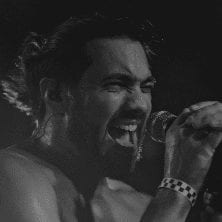
Stephen Smitley is Lead Singer for Disciples Of Danger. He served 8 Years in the United States Marine Corps, including a tour in Afghanistan in 2008 for 8 months with 24th MEU (Marine Expeditionary Unit) BLT 1/6 (Battalion Landing Team – 1st Battalion 6th Marines). While overseas Stephen served as a Generator Operator attached to a Grunt unit. He was also an Electrician and went on a few patrols to help with the unit’s electrical gear. Stephen attended the Chattanooga State Community college for 2 years for Pre-Med. He later decided to pursue his career in music and pursue a degree in Audio/Video production, where he eventually went to AIA (Art Institute of Atlanta for 2 years). Stephen’s been doing music most of his life, so the choice was right. He was an online personality for Twitch.tv for 4 1/2 years. Stephen decided to put his main focus into music again. Now I am the lead singer/Vocalist for D.O.D. (Disciples Of Danger). Learn more about D.O.D. here: www.instagram.com/DisciplesDanger
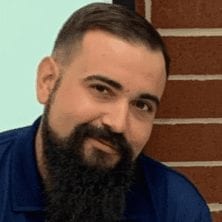
Dan Solla is the Managing Director of the PTSD Foundation of America’s Atlanta Chapter. The Foundation provides residential treatment, interim housing and facilitates support groups, and outdoor team building exercises and events. Dan is a combat veteran having enlisted in the Army Infantry shortly after the attacks of Sep. 11, 2001. He served 15 months in combat as an Infantry Rifleman with 1/36 INF of the 1st Armored Division. Dan has a bachelors in Political Science from The University of Tennessee and his Doctor of Jurisprudence from the UT College of Law. He lives in Flowery Branch and is the father to Jude and Zen Solla. Learn more about the PTSD Foundation of America here: https://www.facebook.com/PTSDFoundationAtlanta/
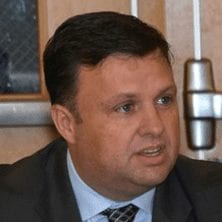
Lloyd Knight is a Senior Director of International Air Freight based at UPS Supply Chain Solutions corporate campus in Alpharetta, GA. Lloyd began his career with UPS in 2007 and in addition to his current assignment has served multiple capacities including Director of Global Freight Forwarding, Director of Global Government Operations and Government Operations Manager. In addition to these roles, Lloyd has been selected for several special assignments including a six month rotation with corporate HR establishing the UPS Veterans Management Training Program, a six week deployment to Hong Kong in 2017 to support peak season and the Chairman of the UPS Veterans Council in 2019. Lloyd retired from the Air Force in 2007 after 20 years of service. During his military service, Lloyd logged over 3,000 flight hours as a Loadmaster on several aircraft including the C-141 Starlifter, C-5 Galaxy, and C-23 Sherpa. He also served as a Functional Manager at HQ Air Mobility Command and First Sergeant for Medical and Communications Squadrons. Lloyd participated in Operations “Just Cause”, “Desert Storm” “Northern Watch”, “Southern Watch”, “Allied Force” and supported Operations “Enduring Freedom” and “Iraqi Freedom”. Lloyd started the first UPS Veterans Business Resource Group in Atlanta and co-founded and is the President of VETLANTA, an industry collaboration of veteran friendly/affiliated organizations striving to make Atlanta the premier community for veterans and their families. He is an active volunteer supporting multiple non-profits including American Corporate Partners, FourBlock, Veterans Empowerment Organization and Hire Heroes USA. Lloyd is the recipient of the 2017 UPS Jim Casey Community Service Award. This award is given annually to just one of 454,000 global UPS employees for demonstrating an exceptional commitment to helping others in their community. He is also two time recipient of the President’s Volunteer Service Award and was awarded an Atlanta Journal Constitution Hometown Hero Award in 2018. Lloyd has associate degrees in Aircrew Operations and Human Resources Management from the Community College of the Air Force, a Bachelor Degree and Master’s Degree in Transportation & Logistics Management from American Military University. Lloyd is married to Suzan for 31 years and has two sons. Connect with Lloyd Knight on LinkedIn and learn more about UPS here: www.ups.com
